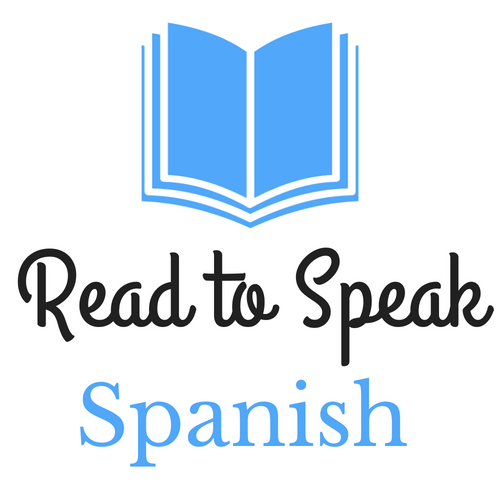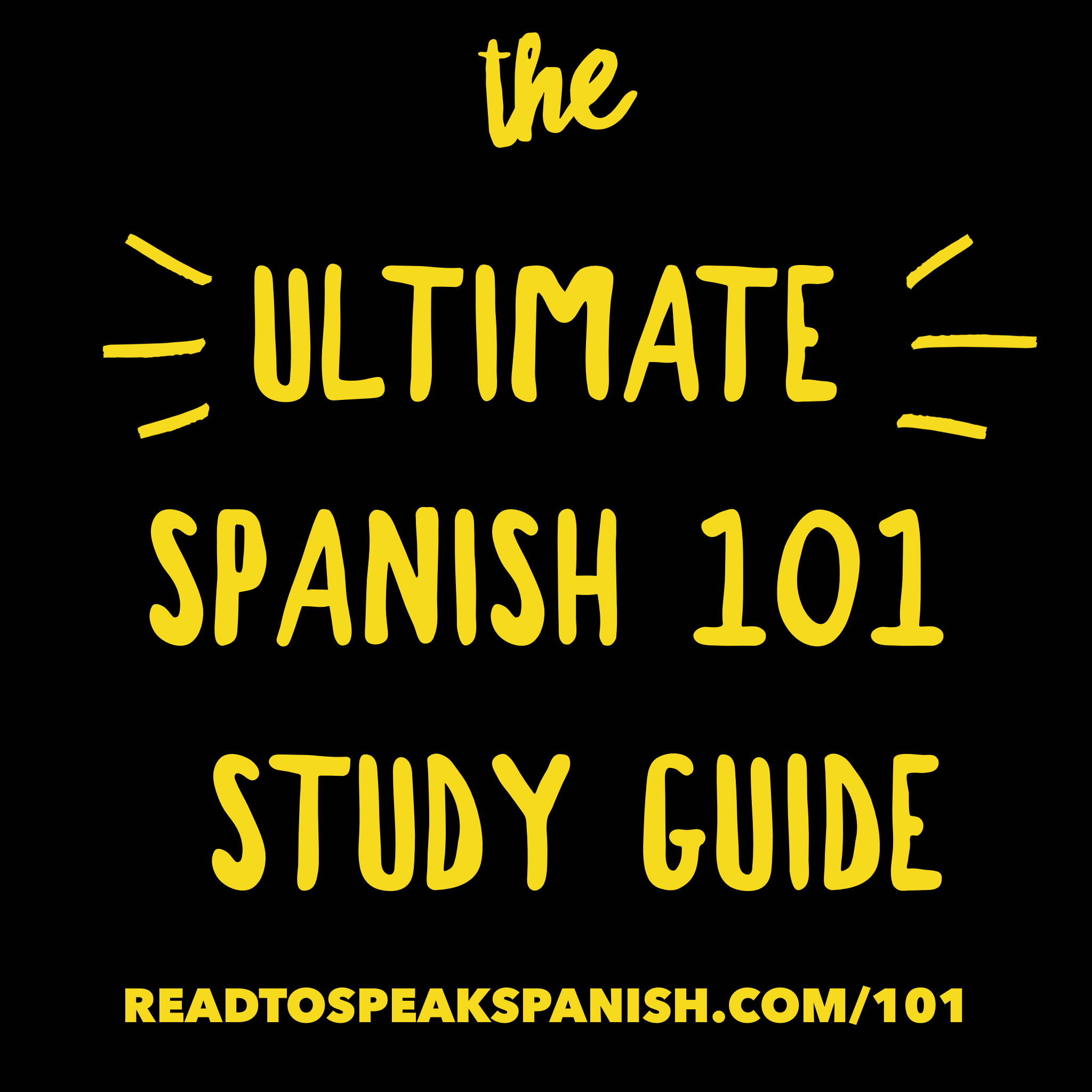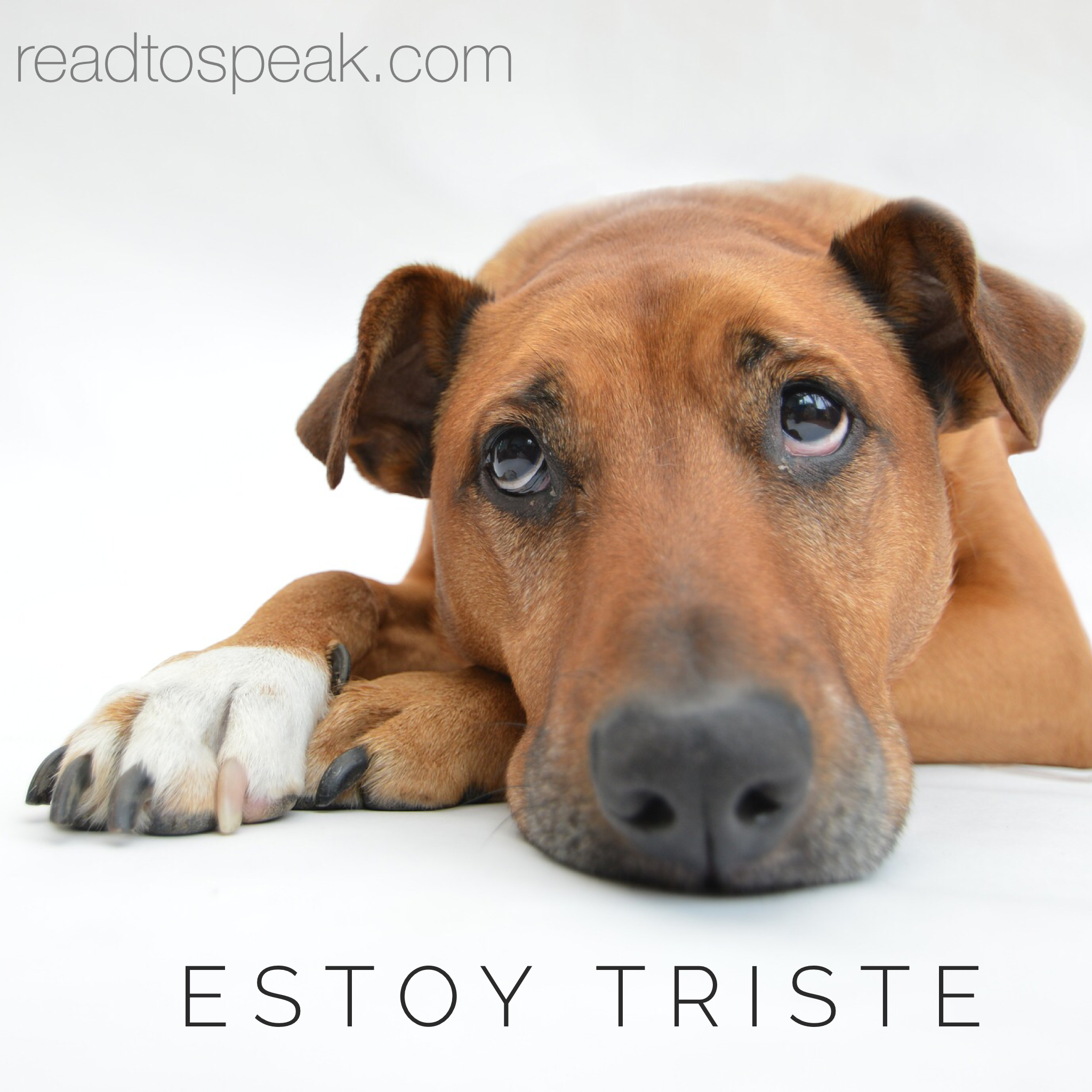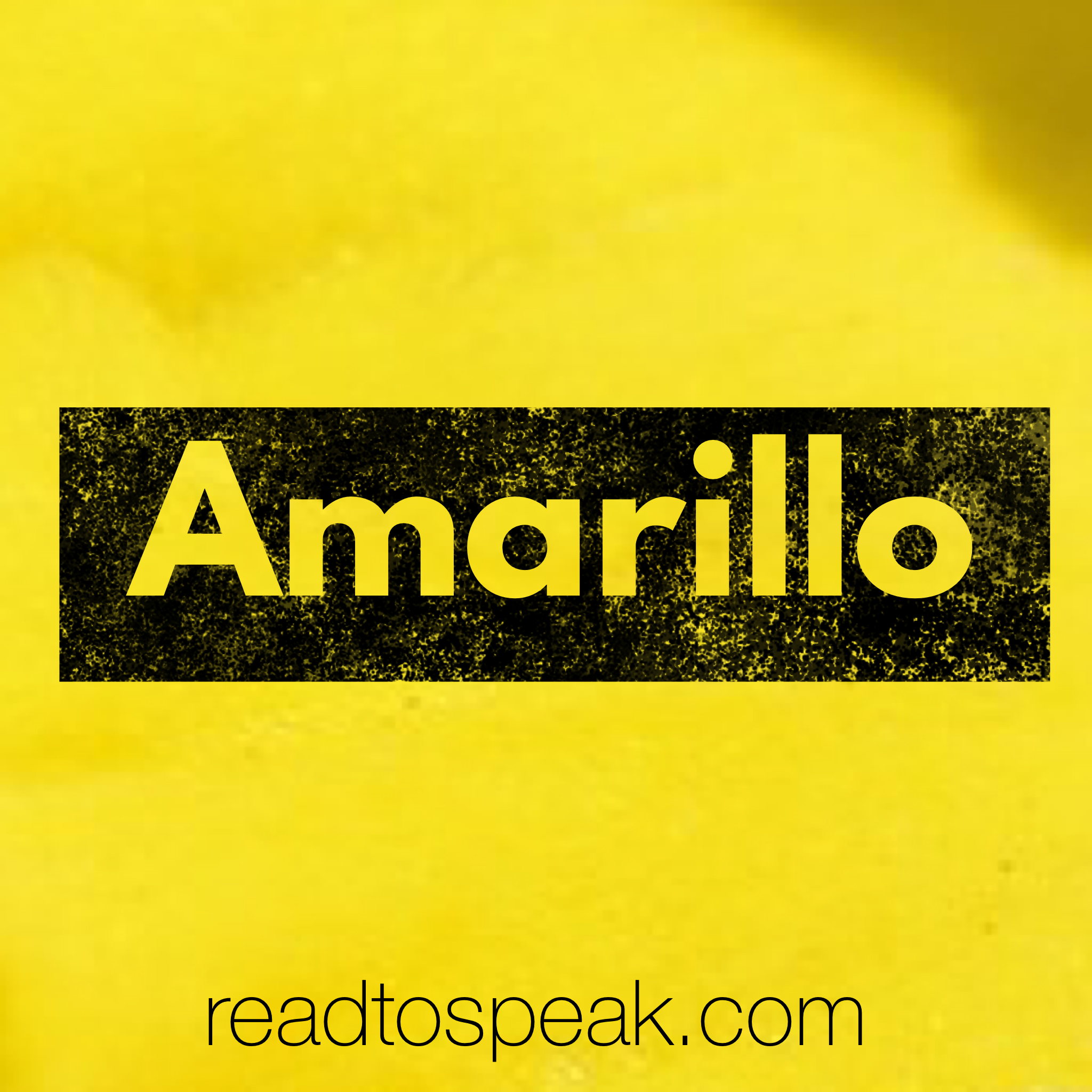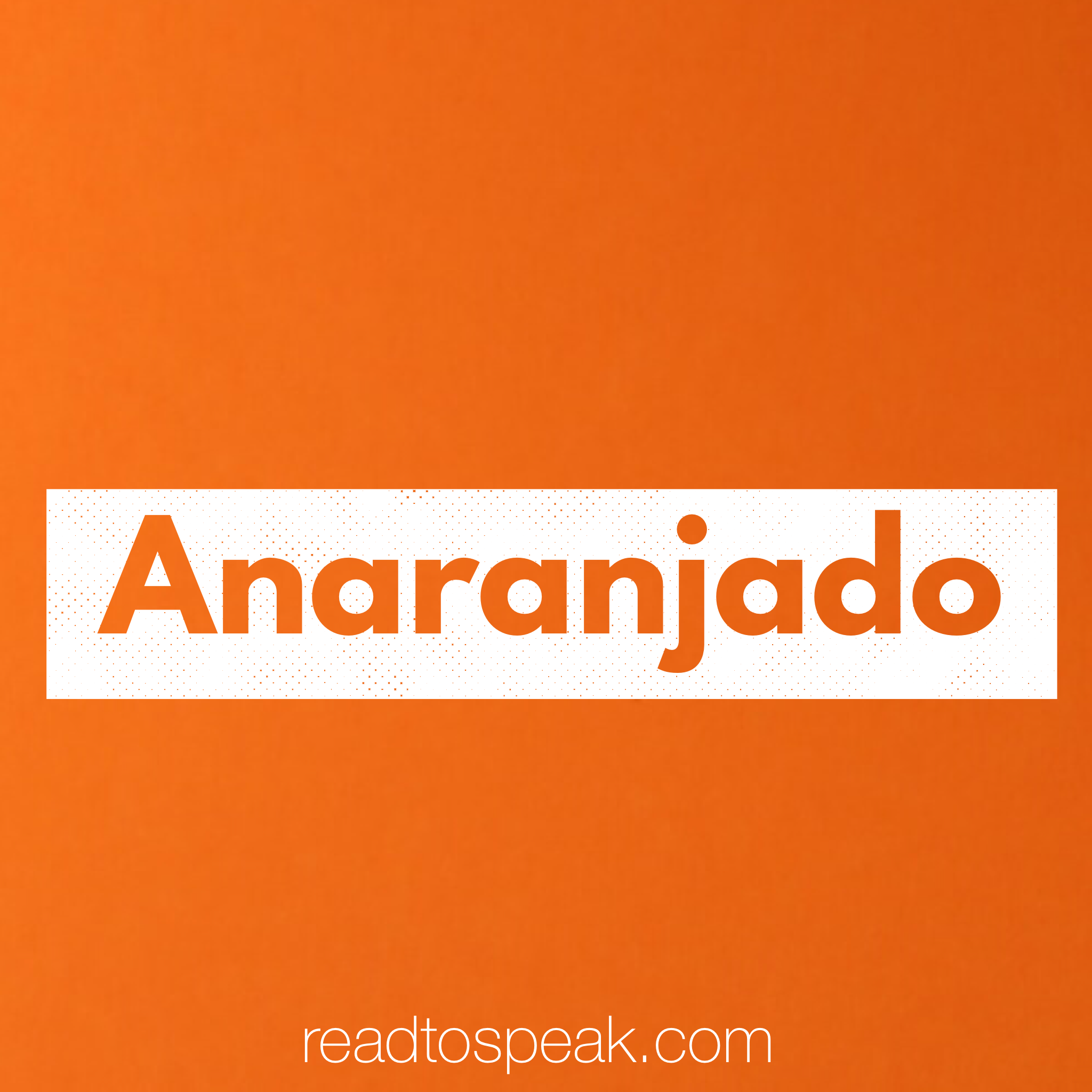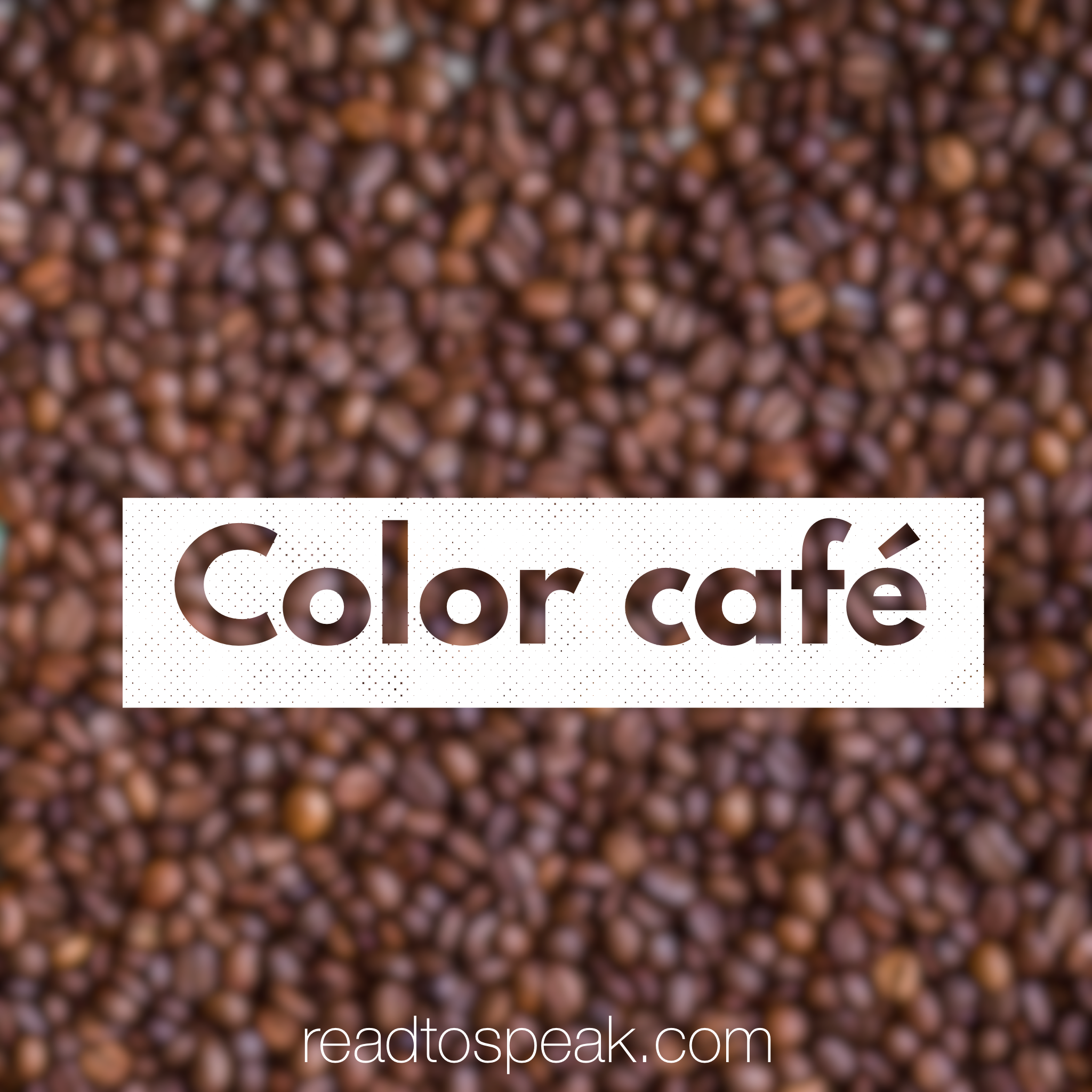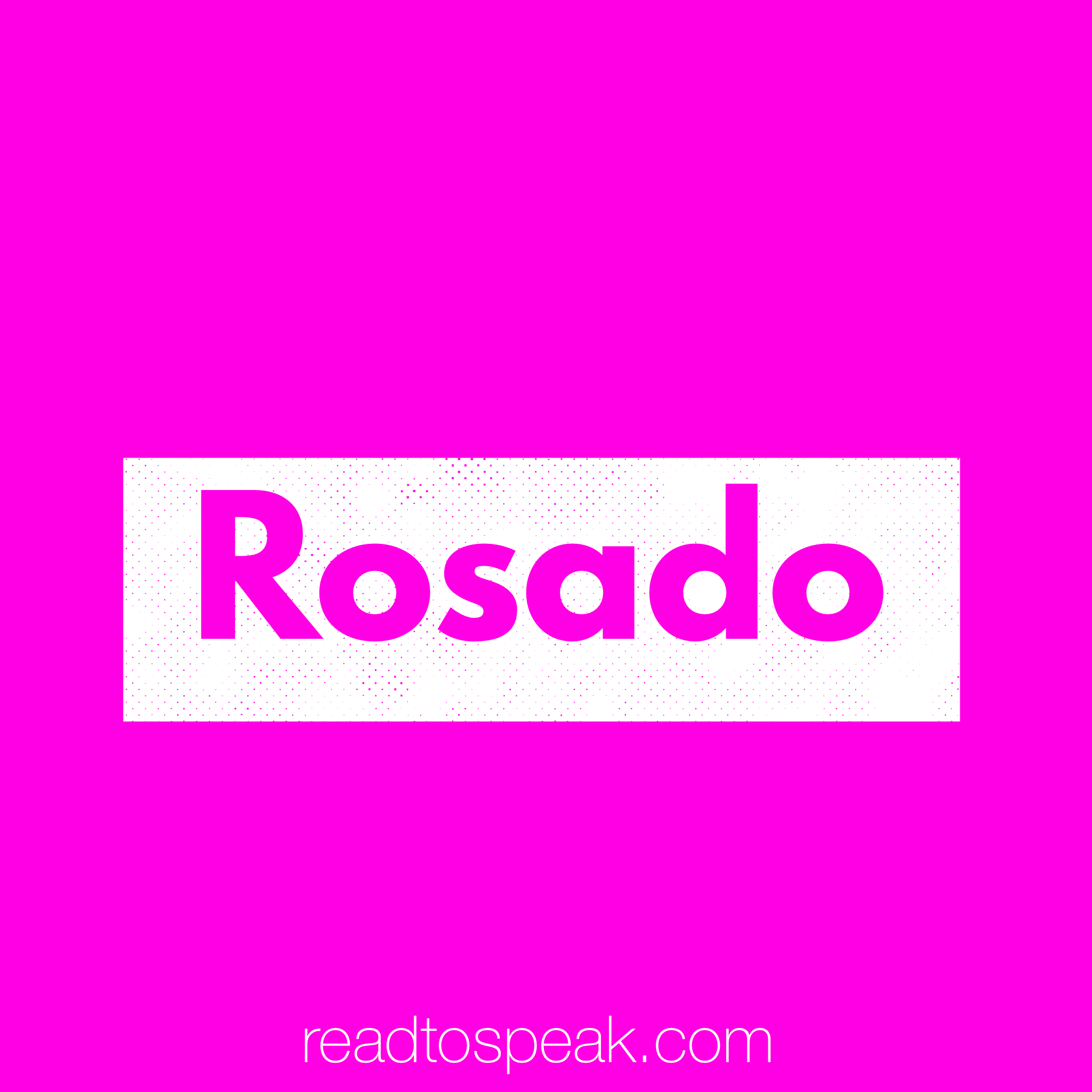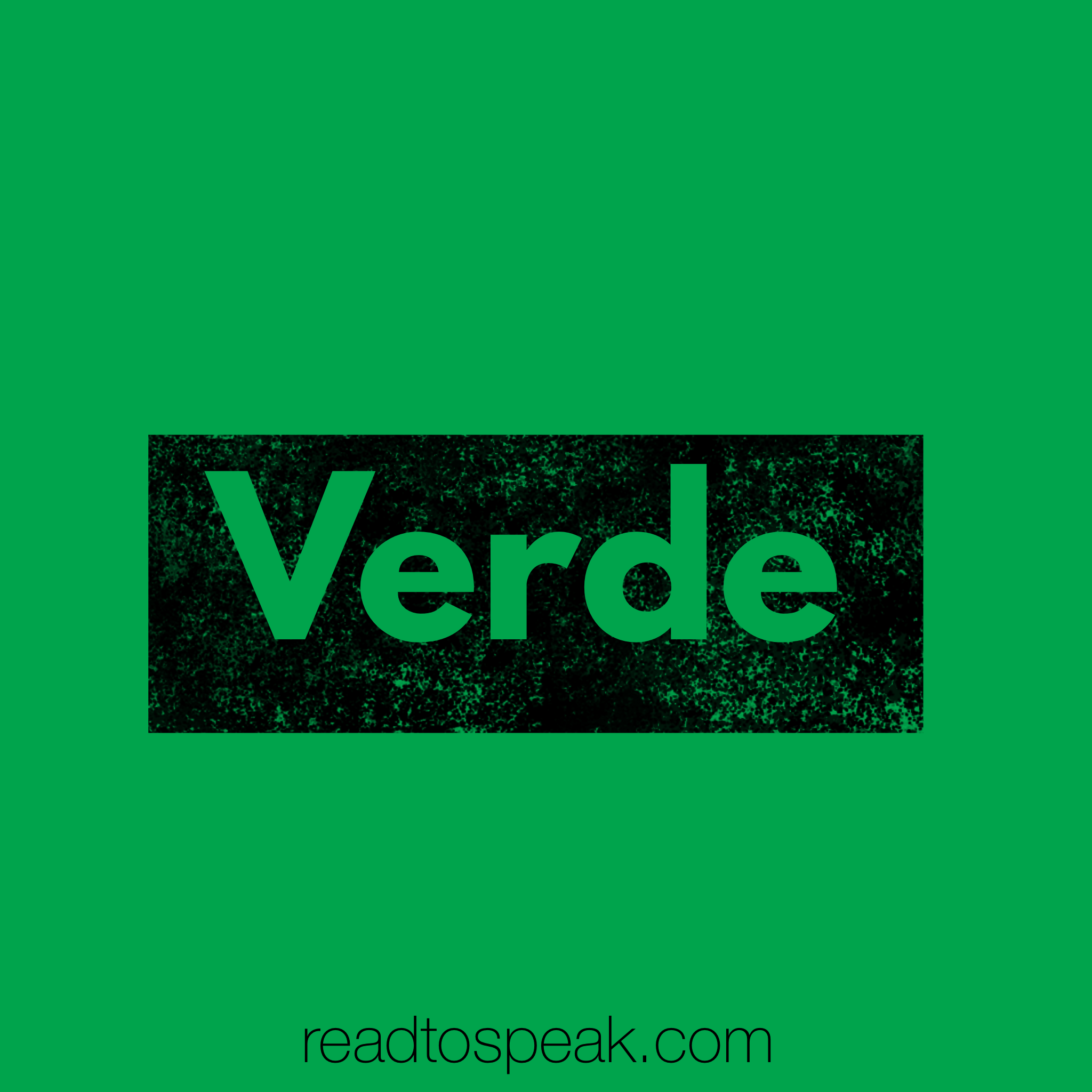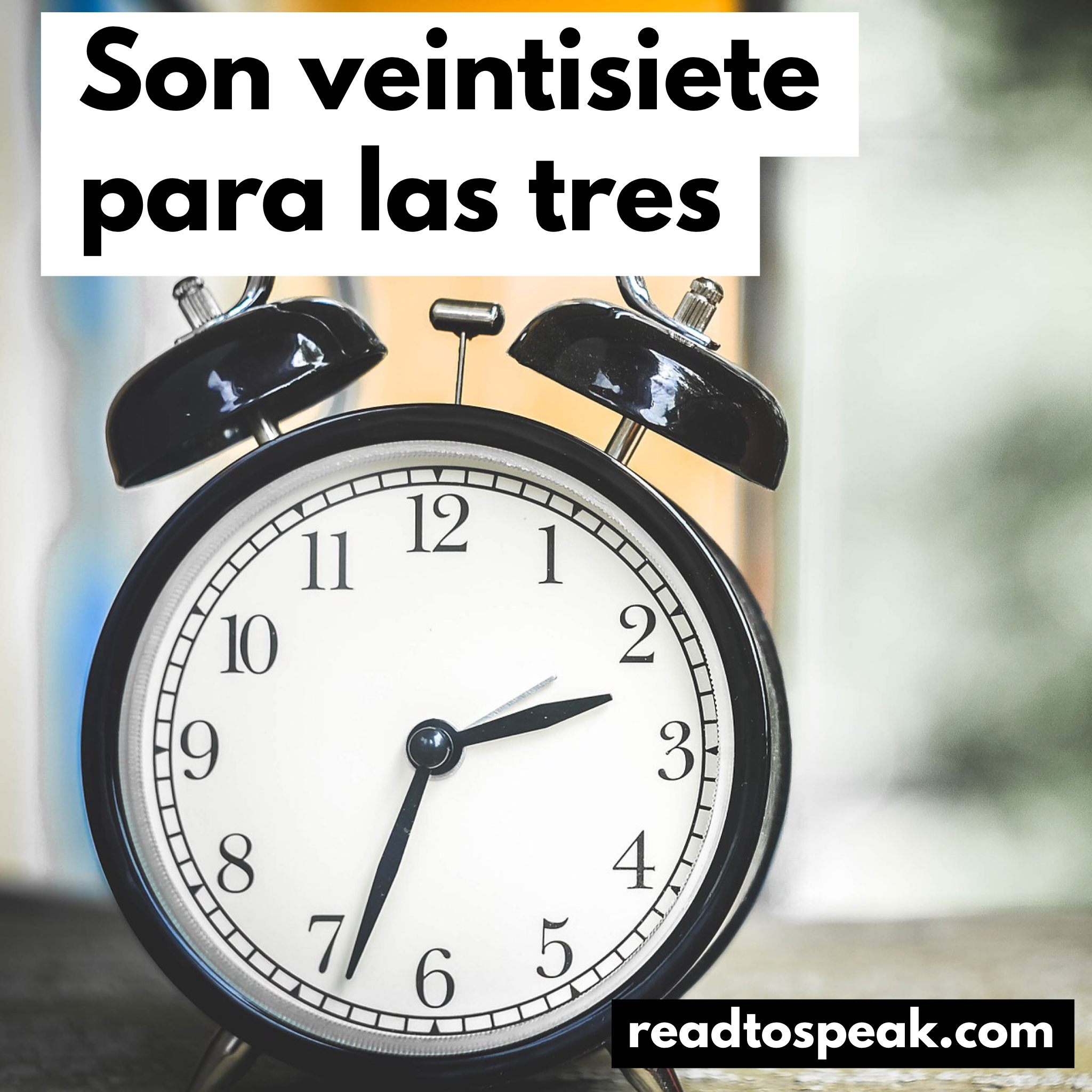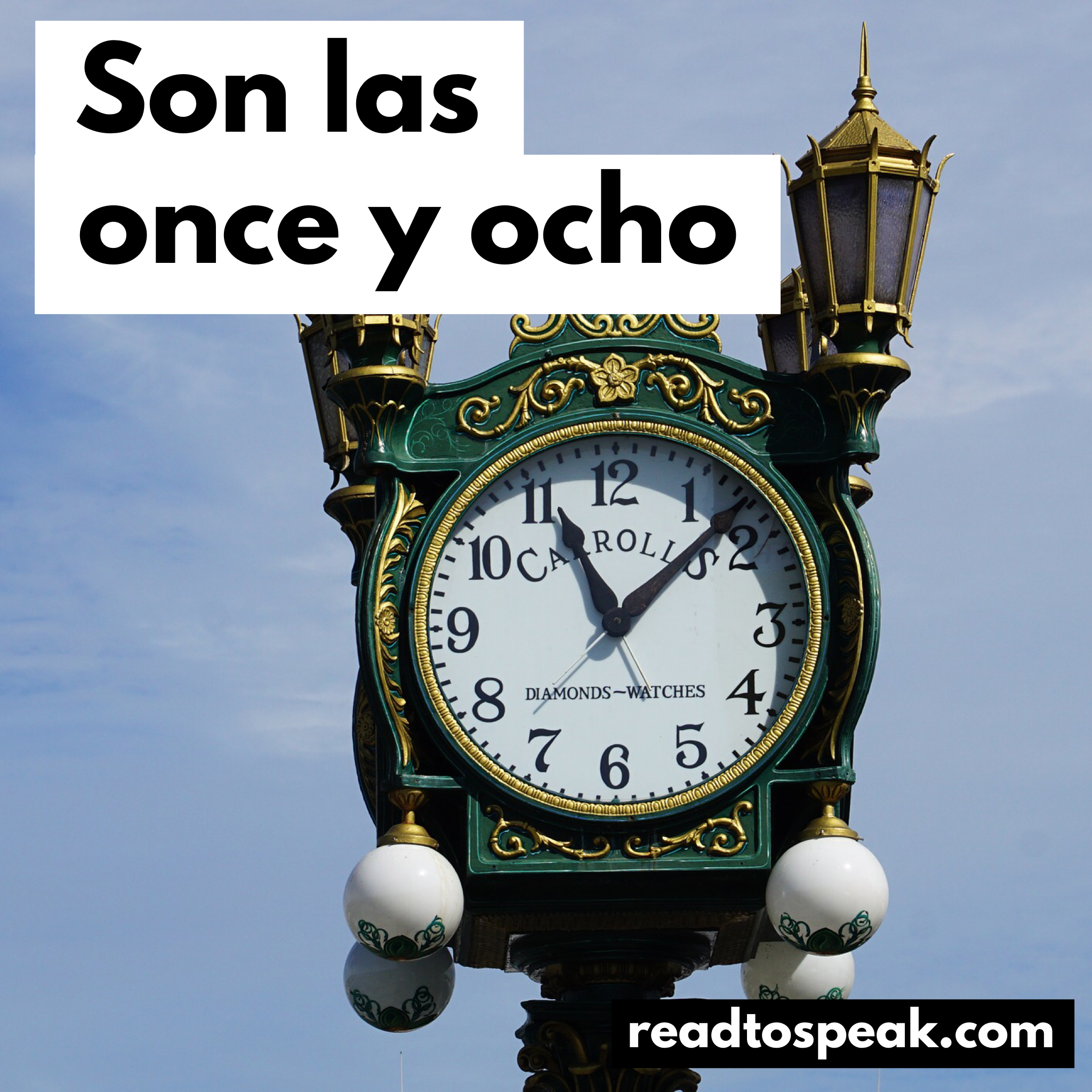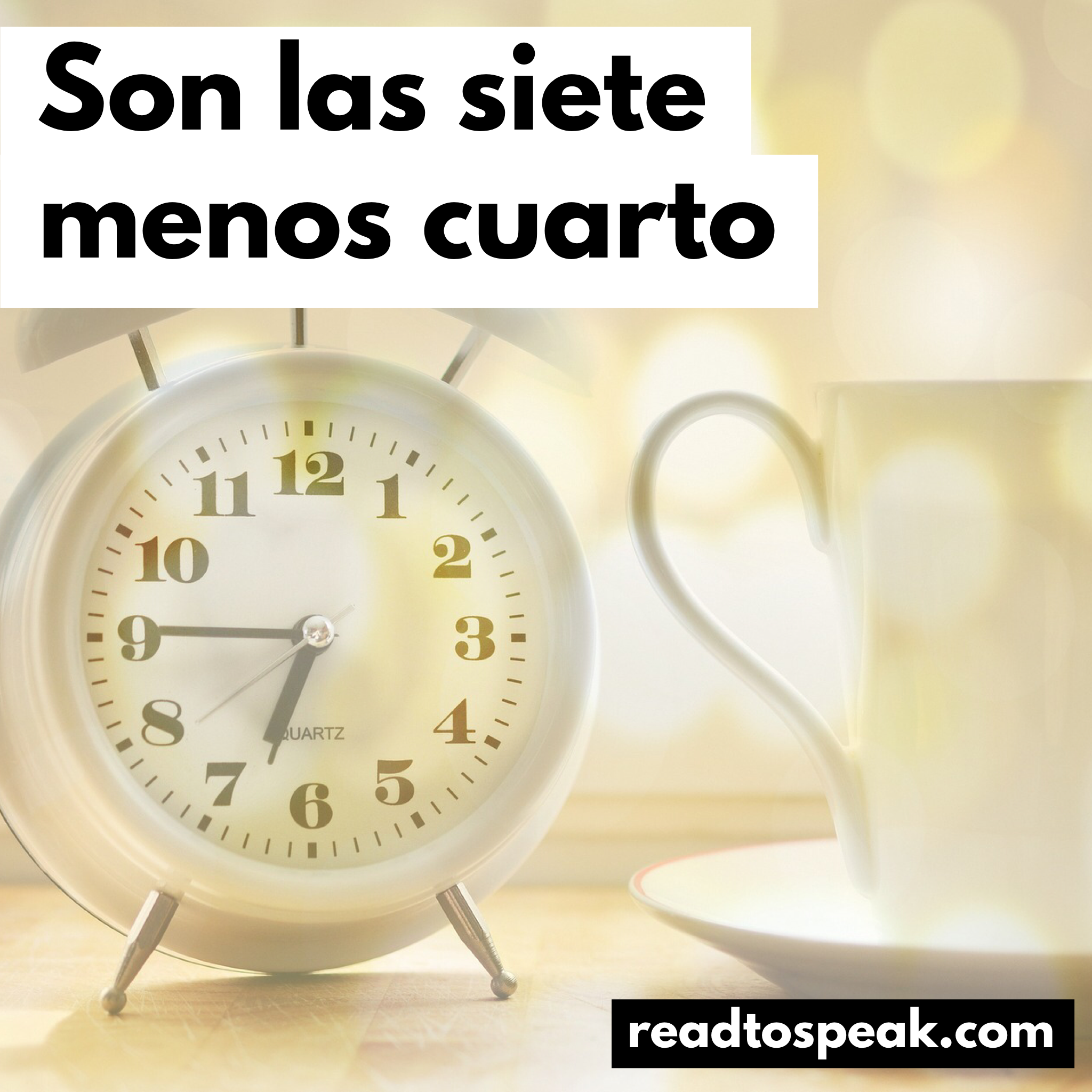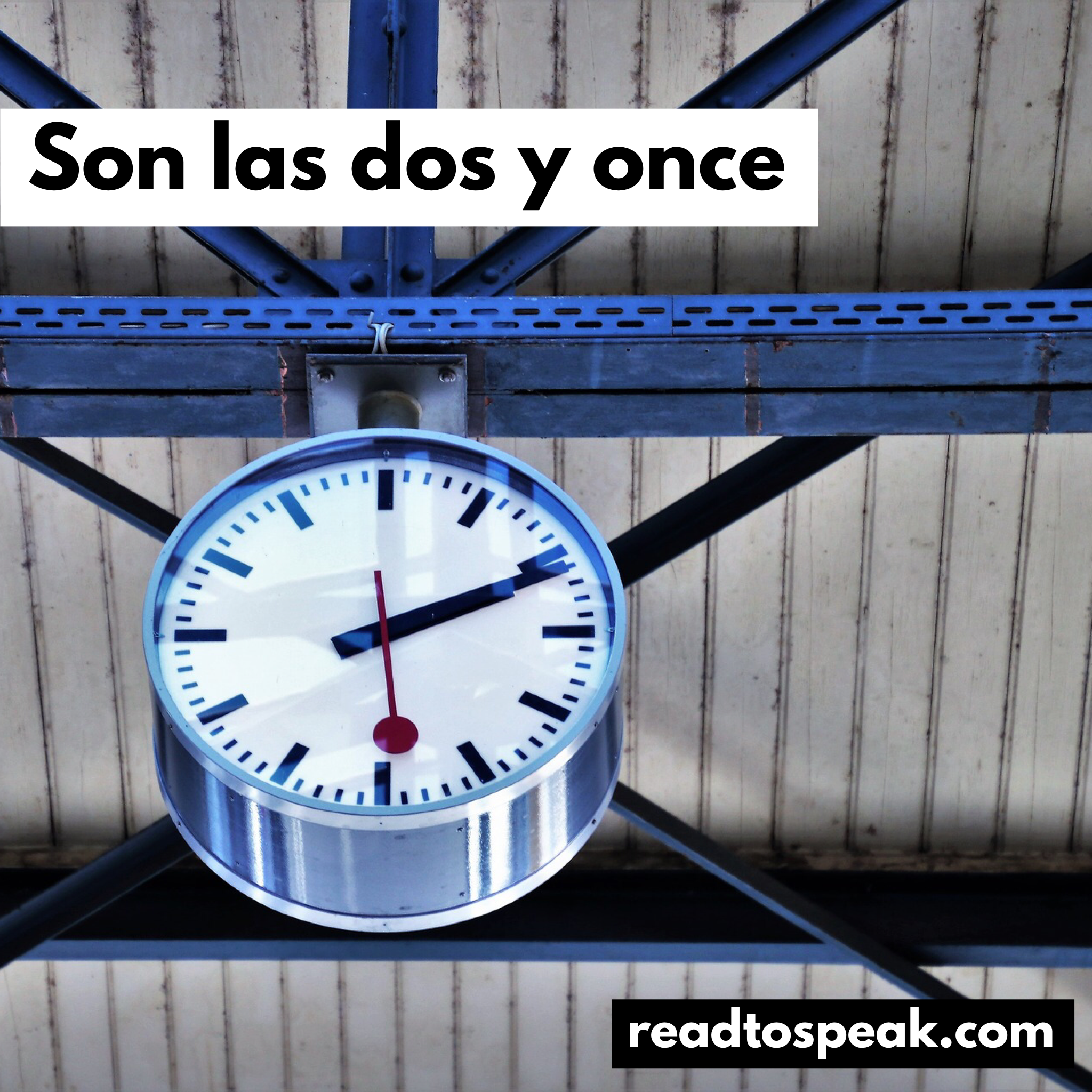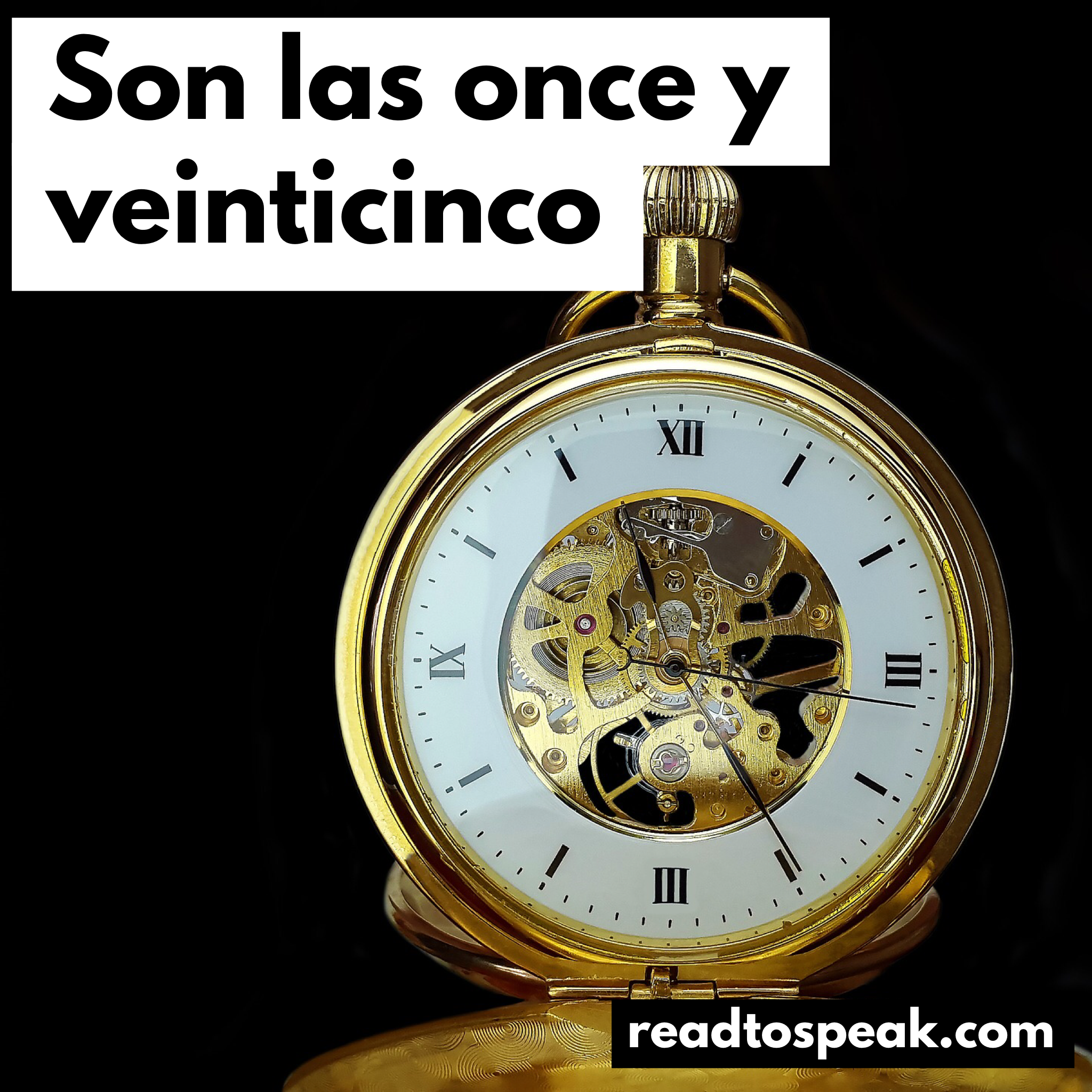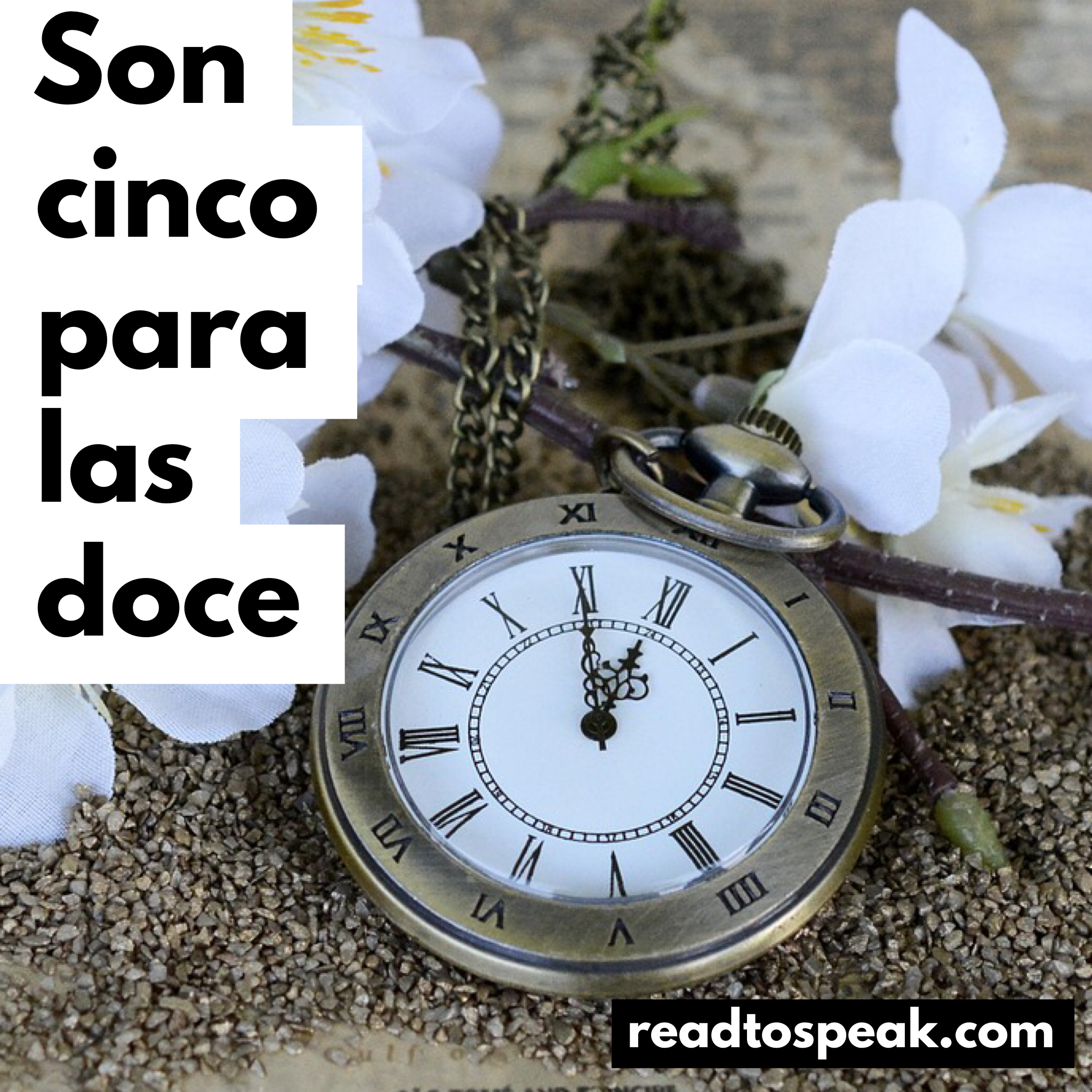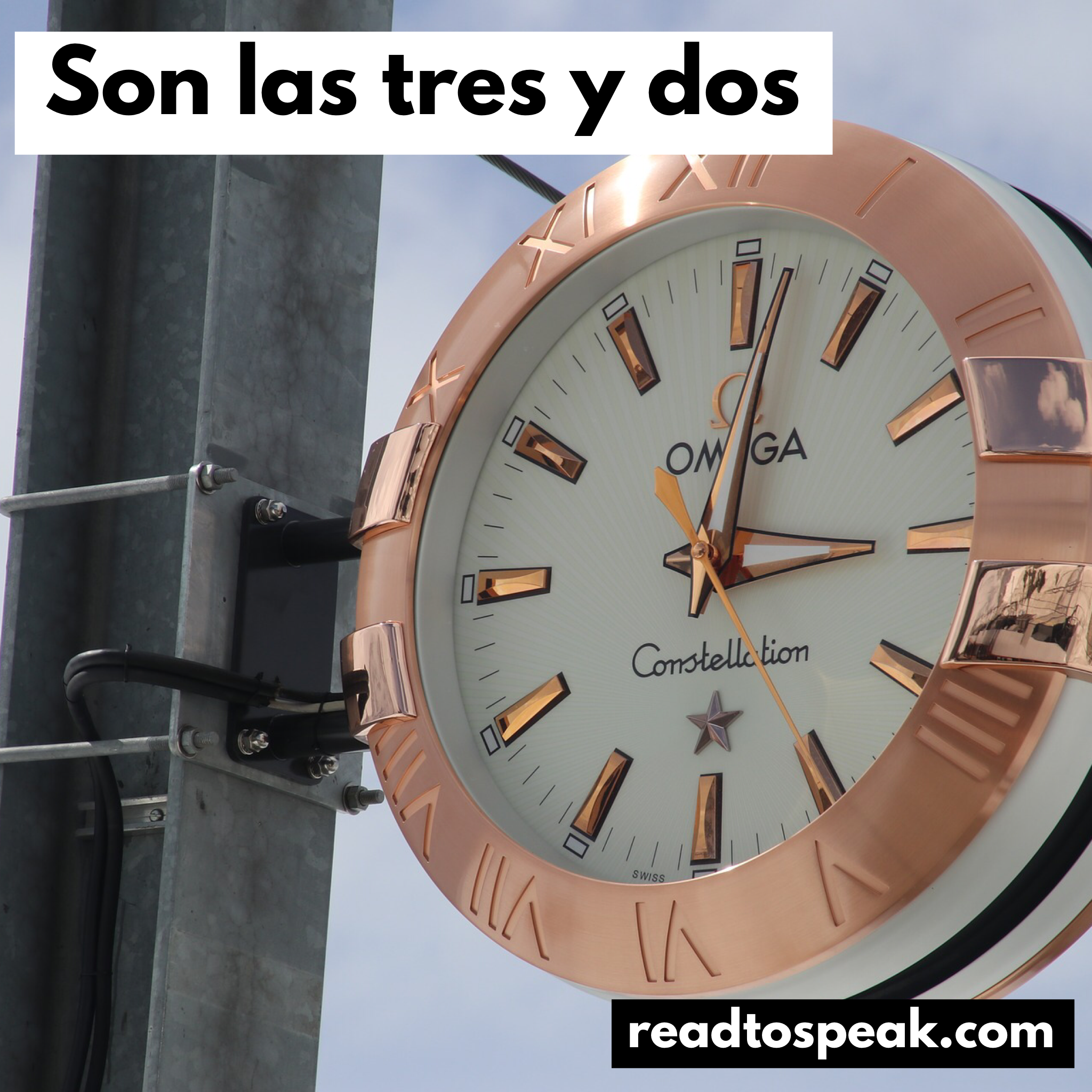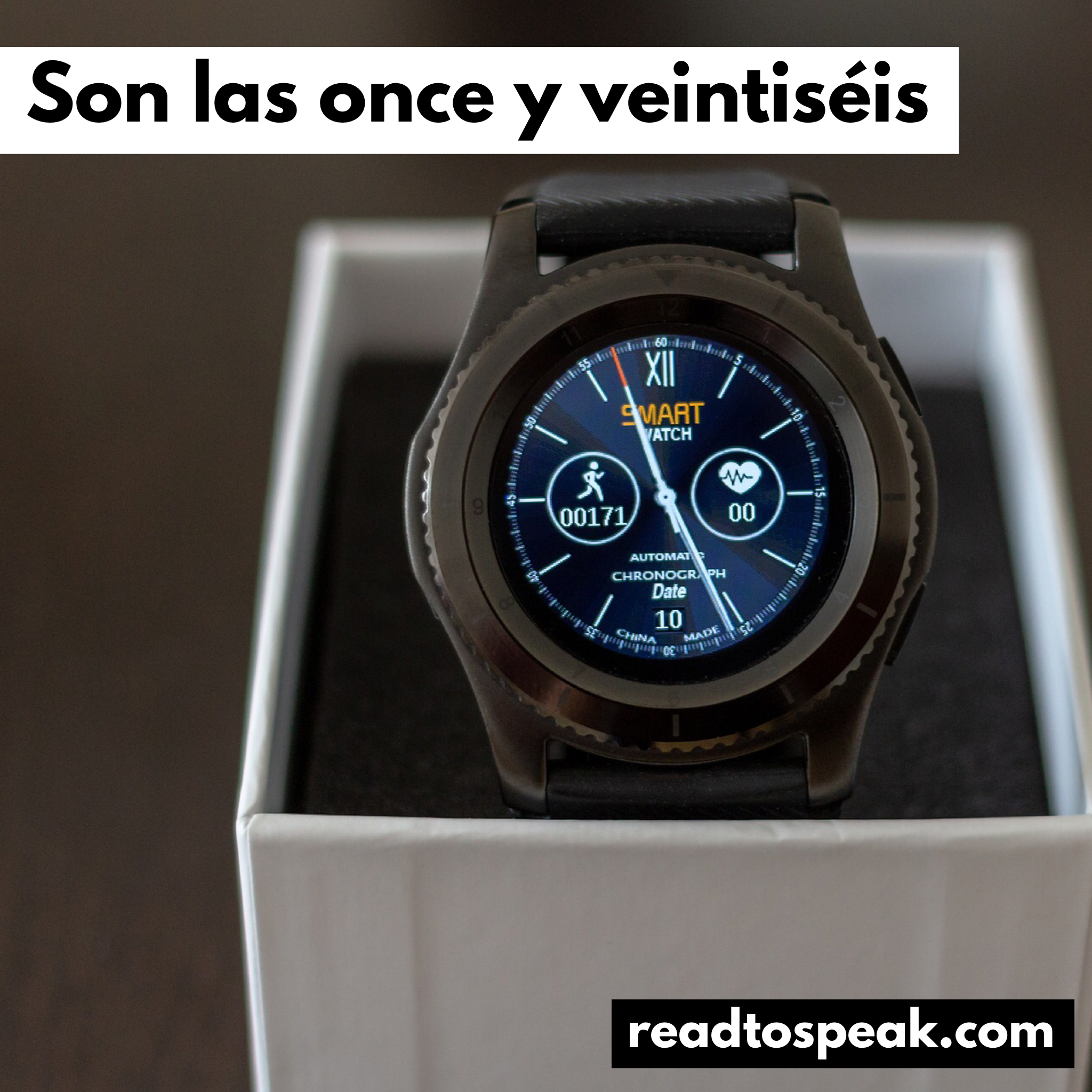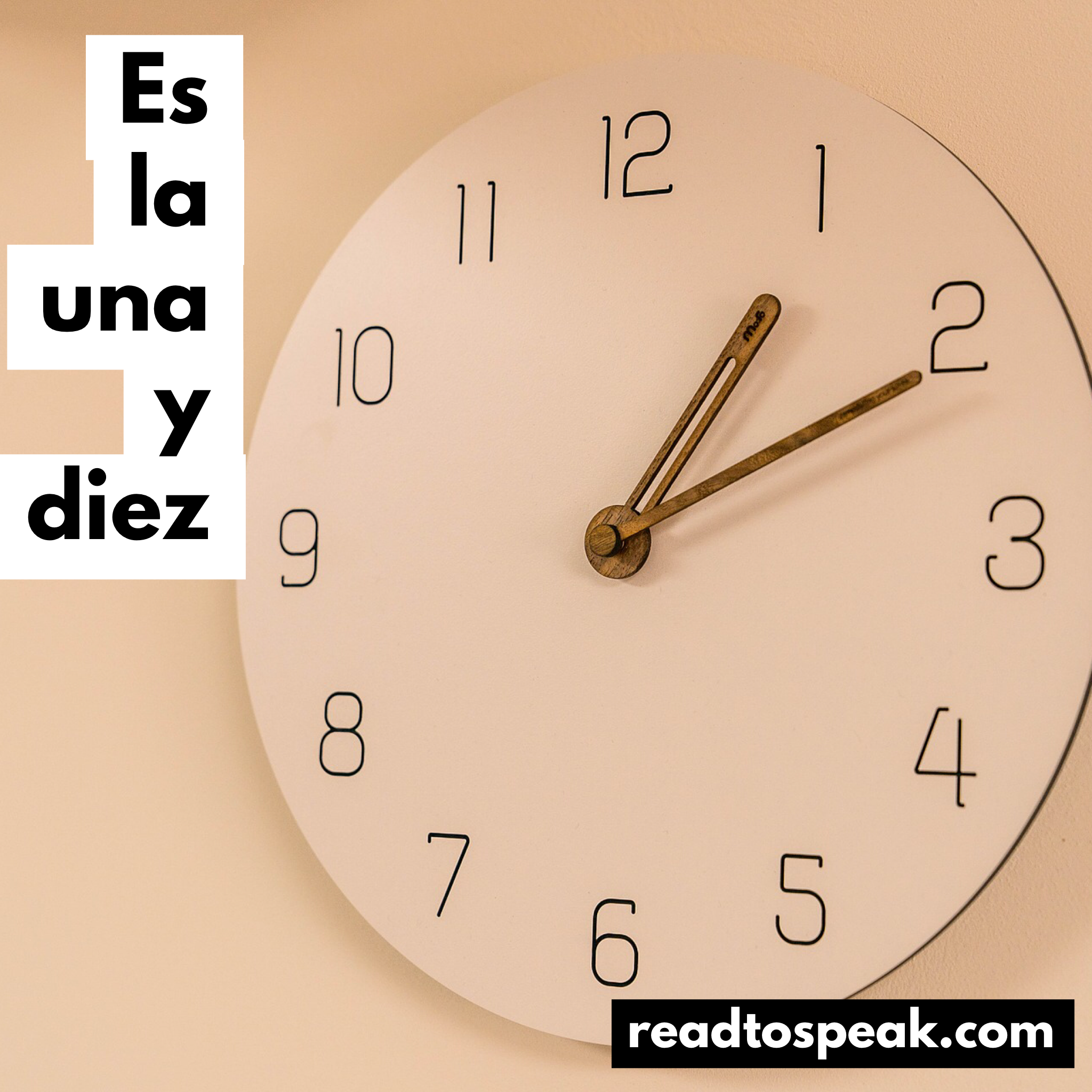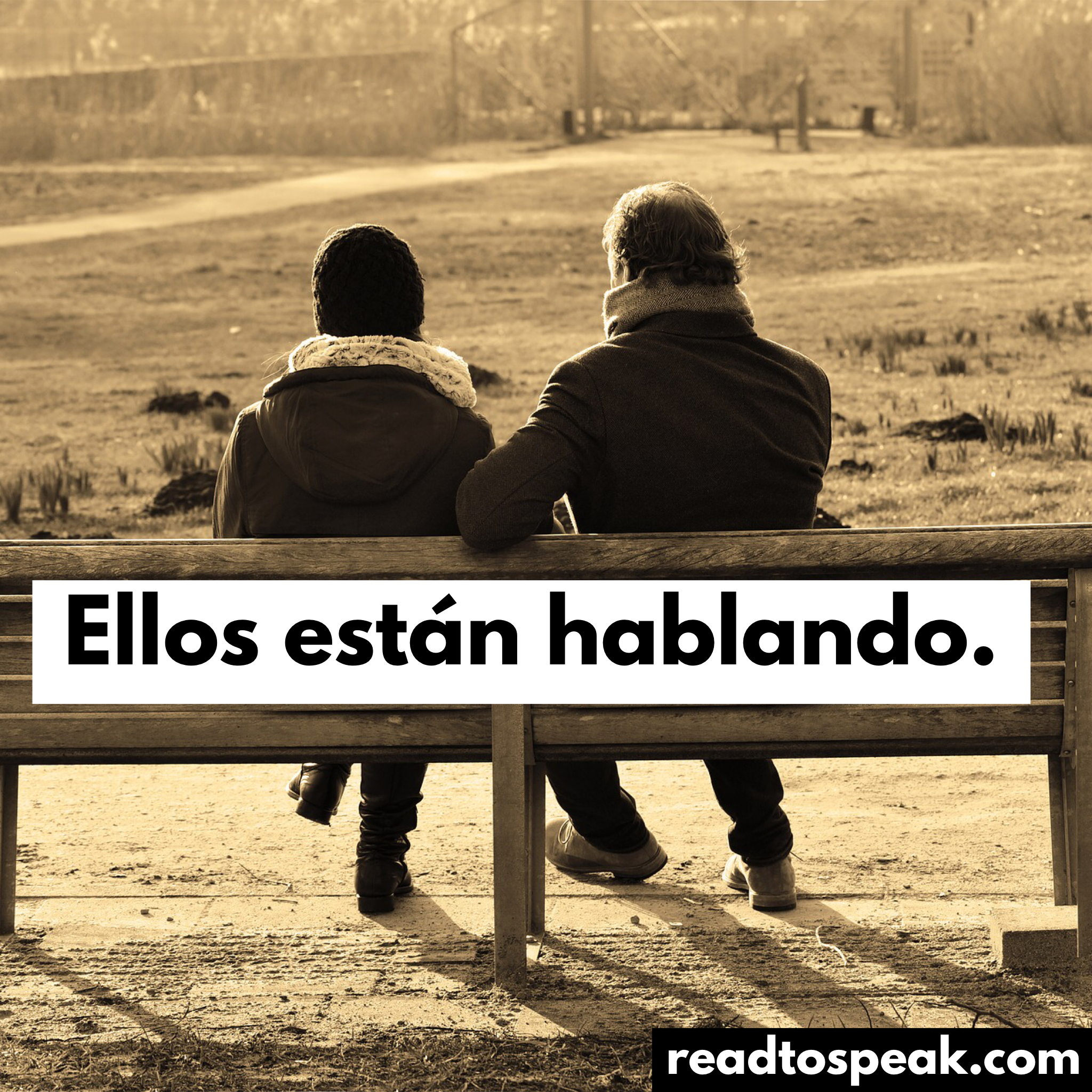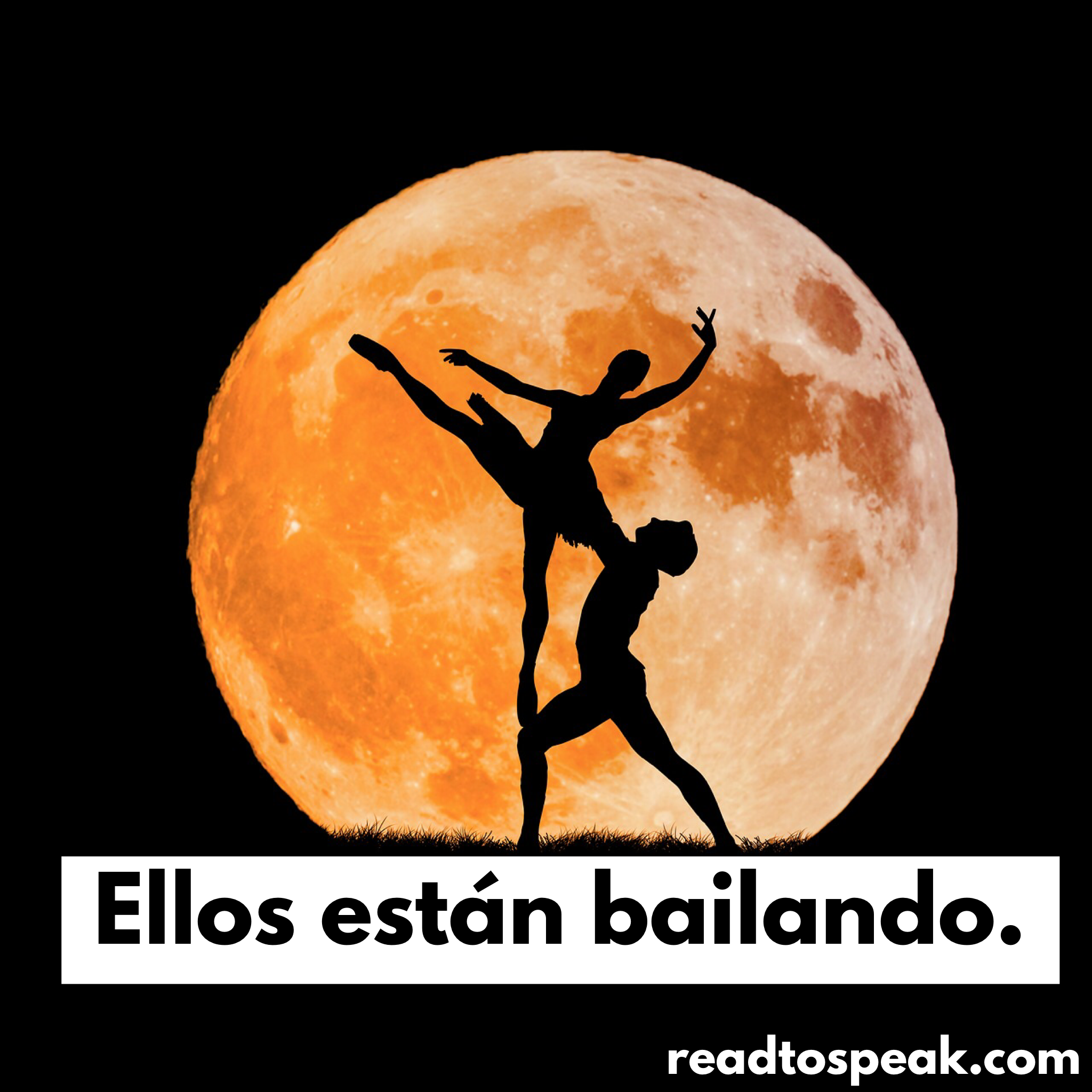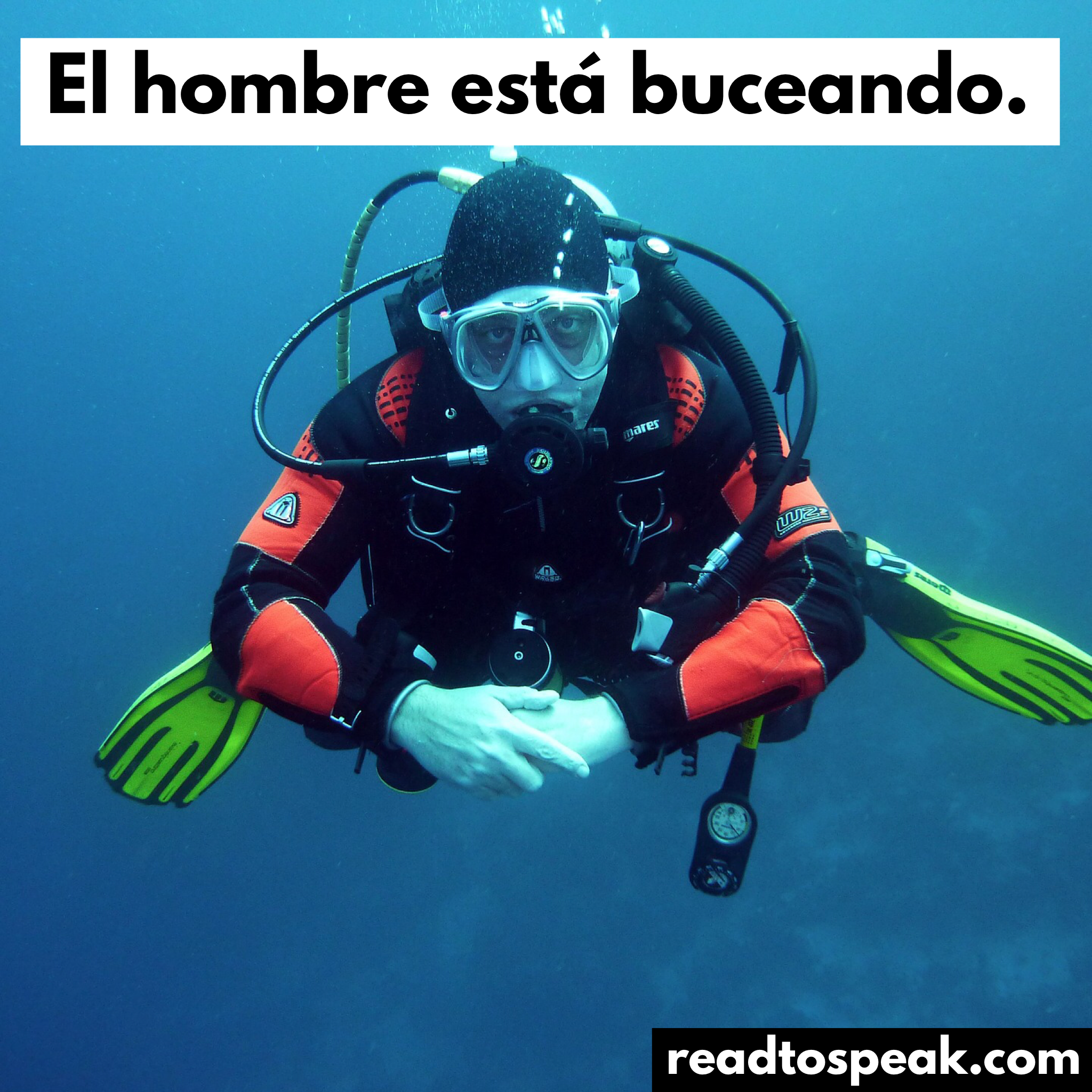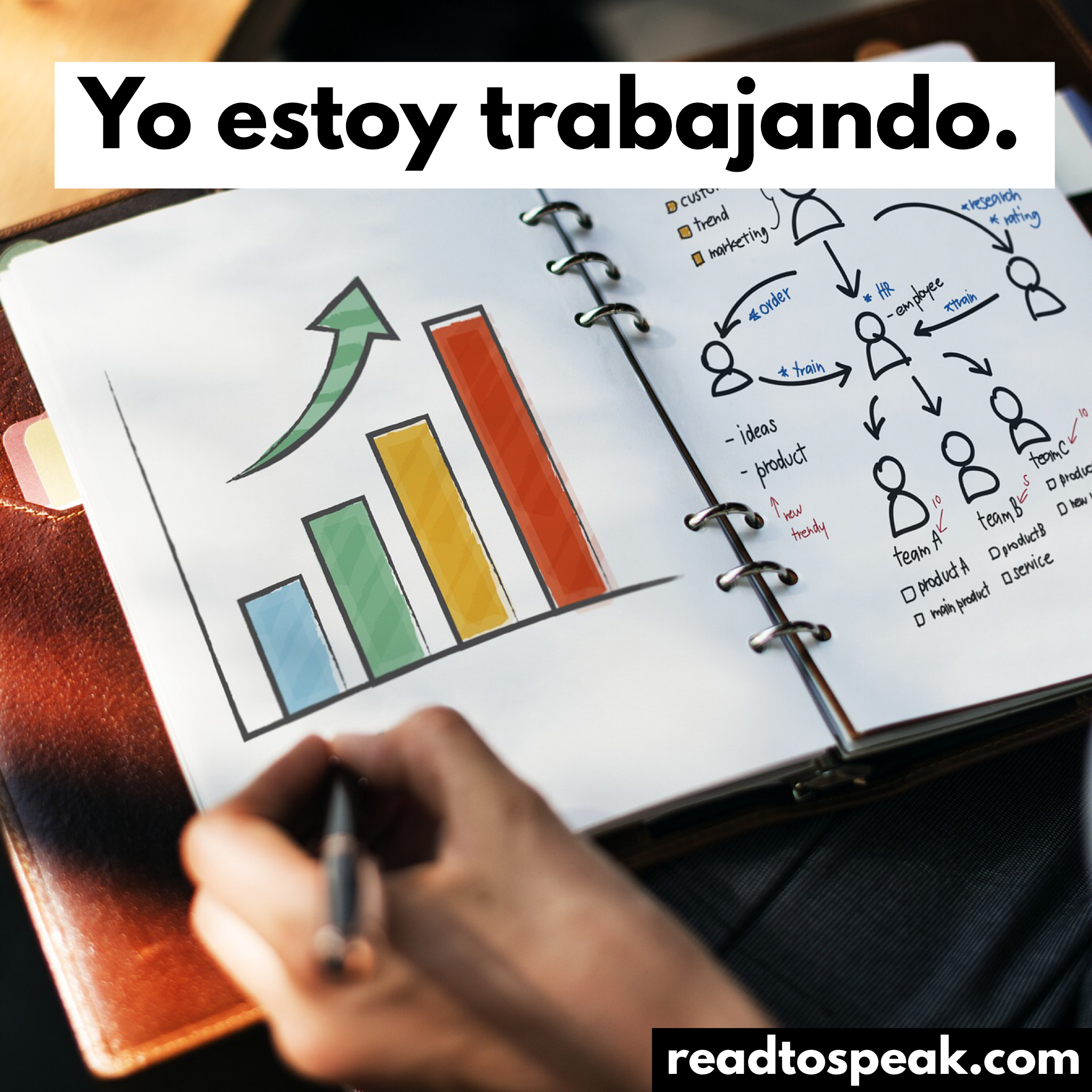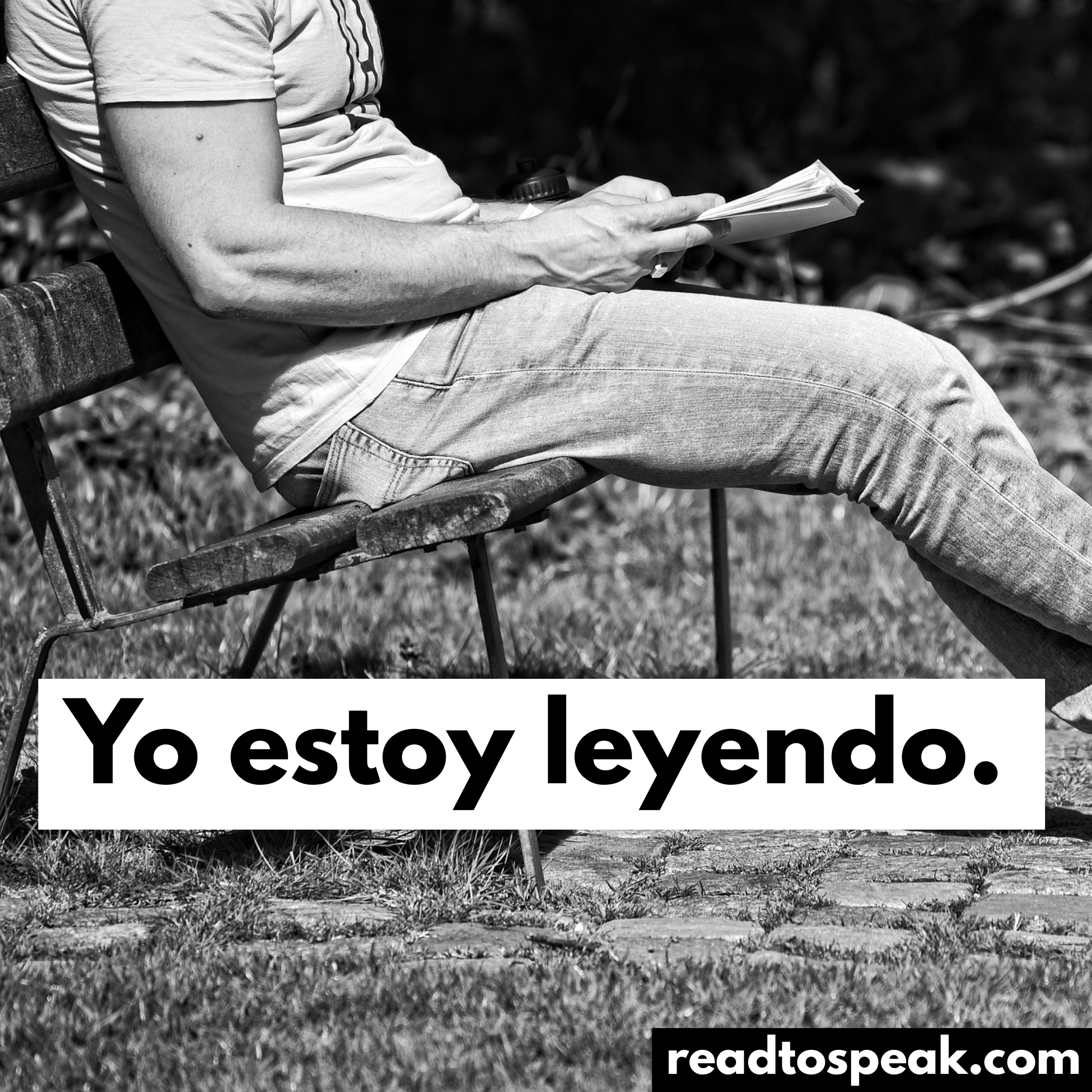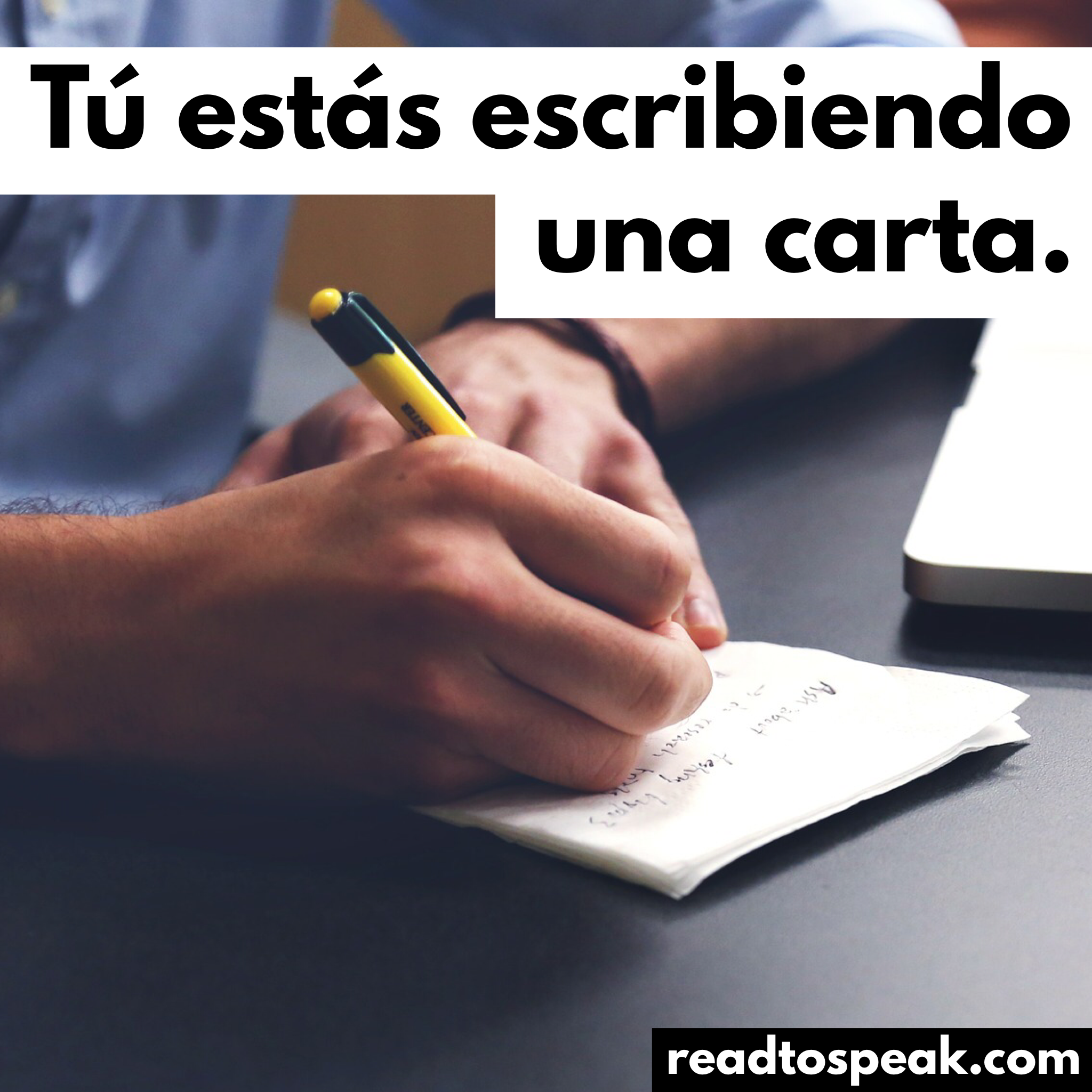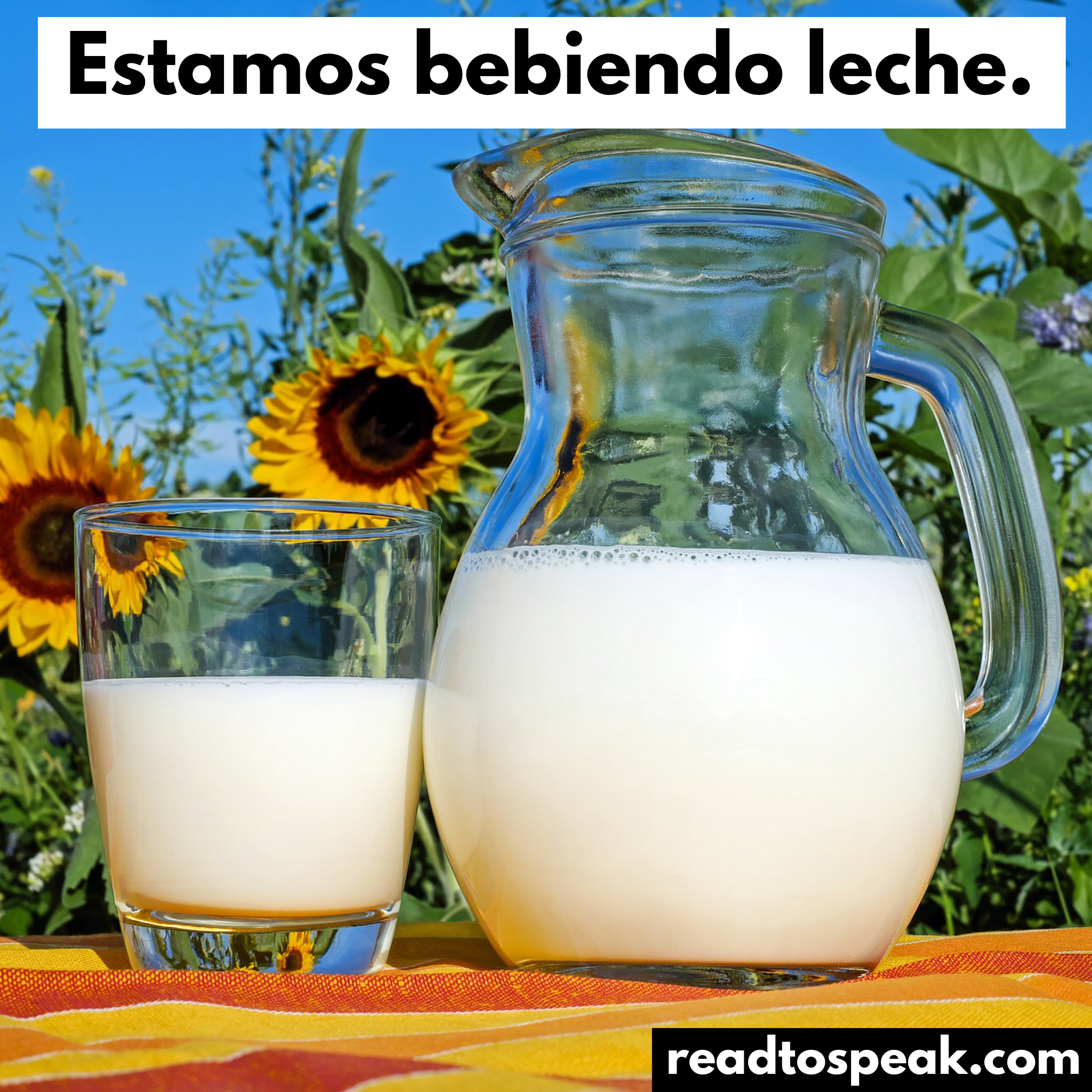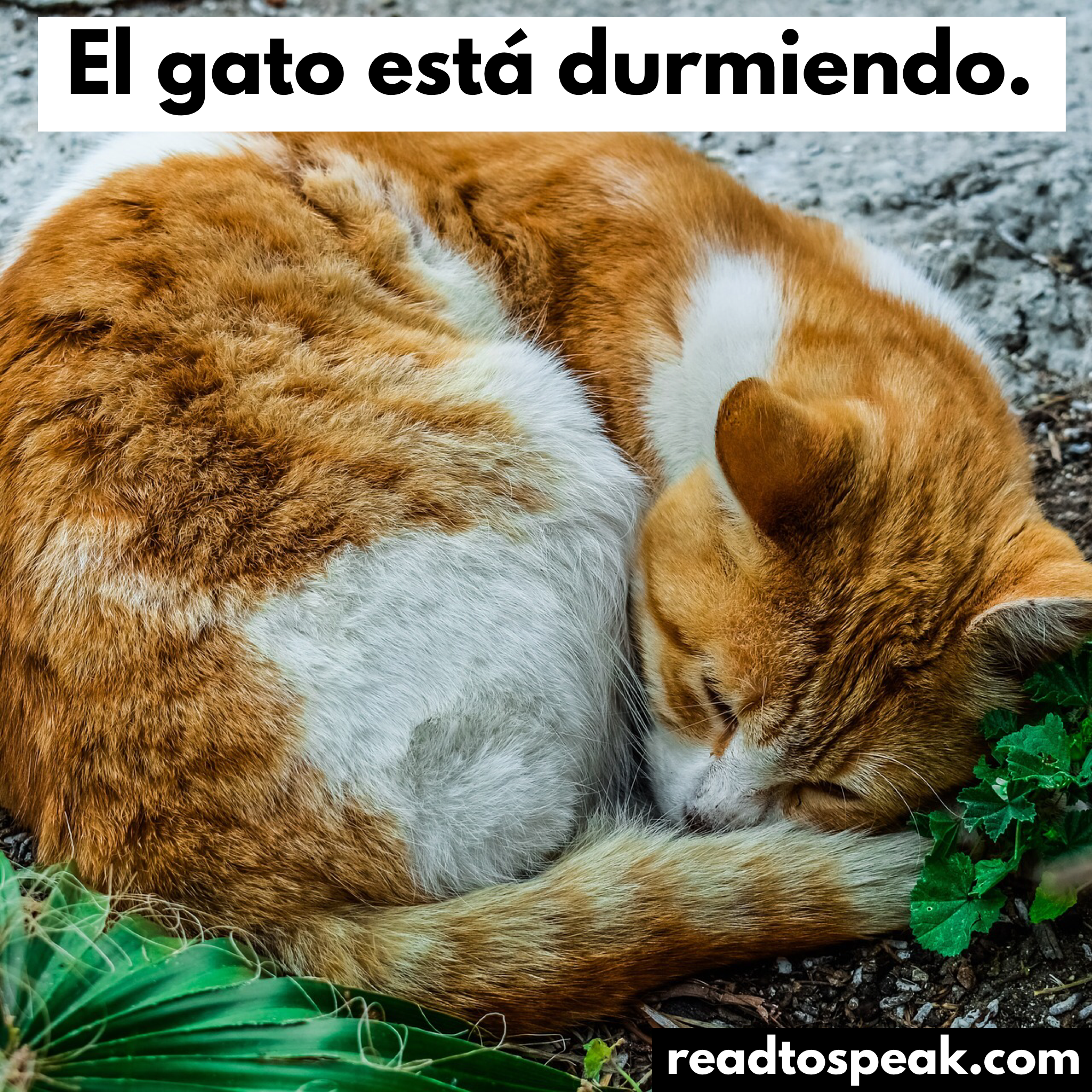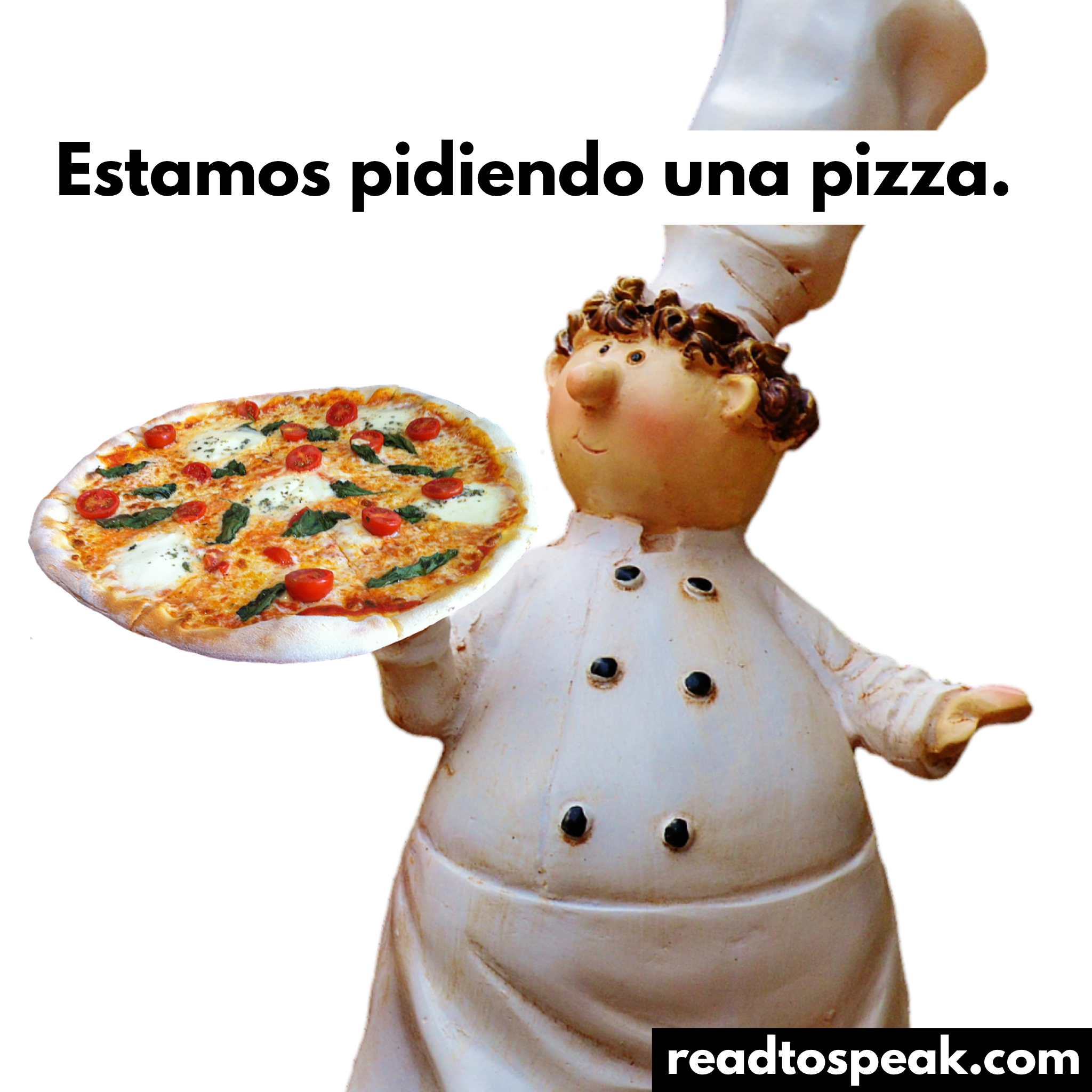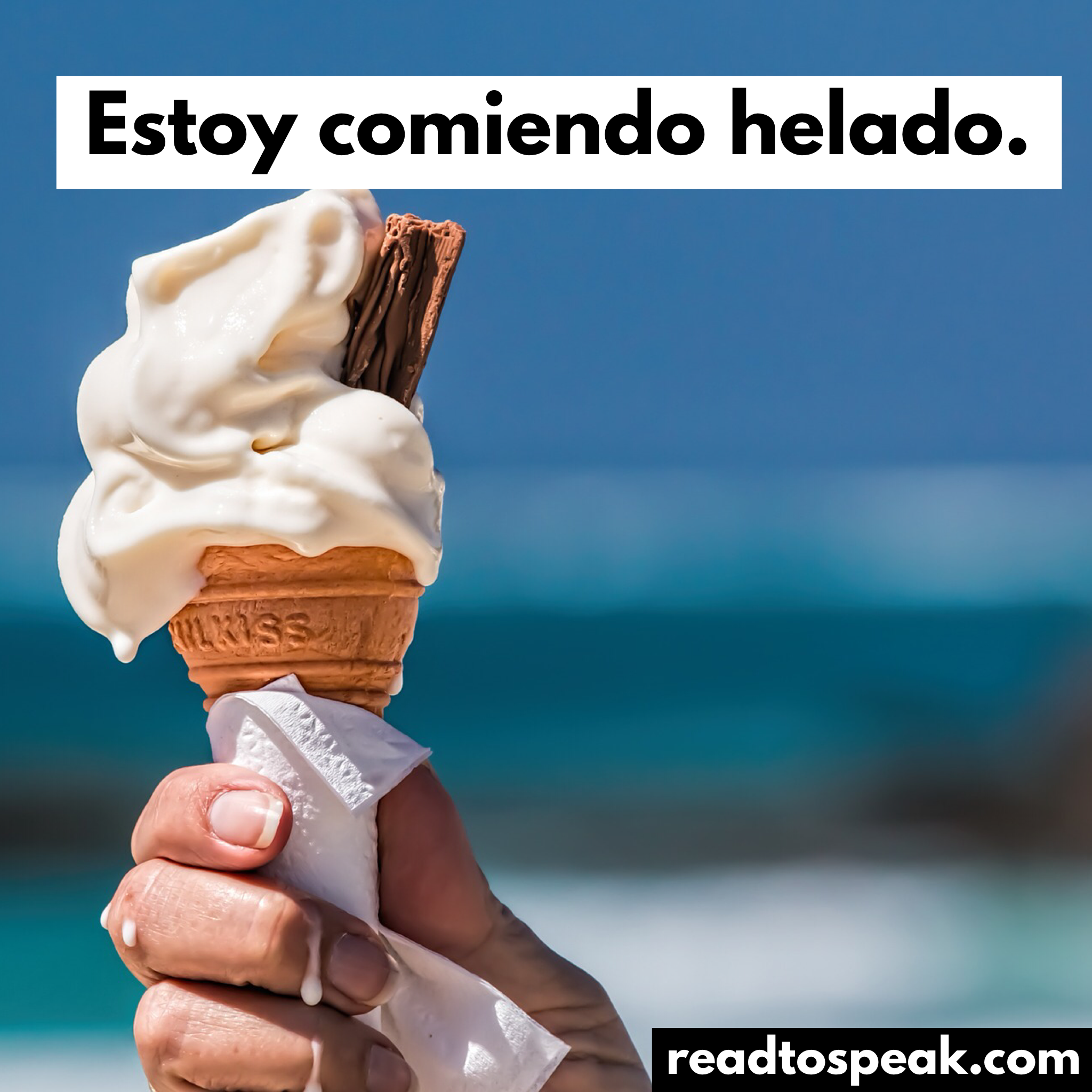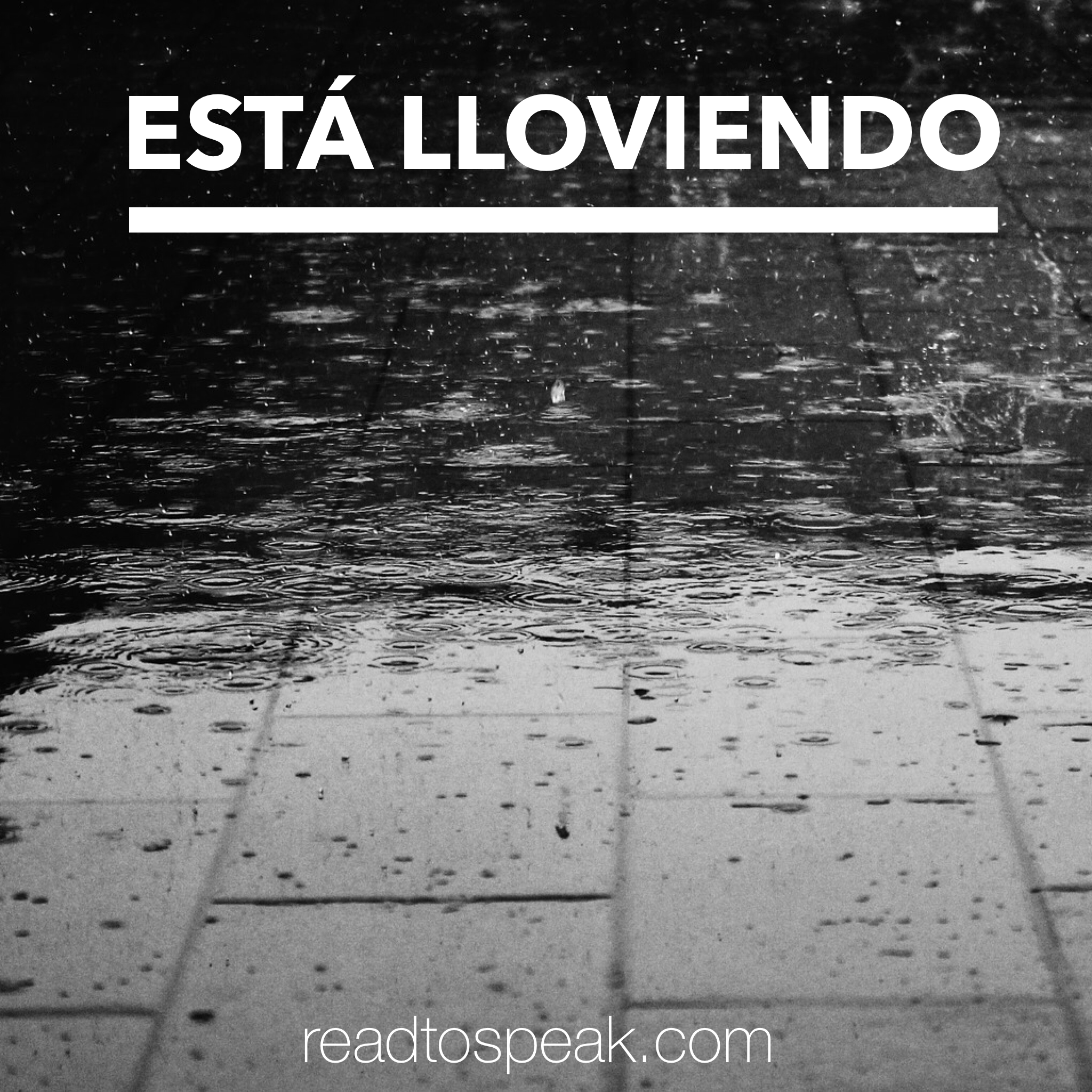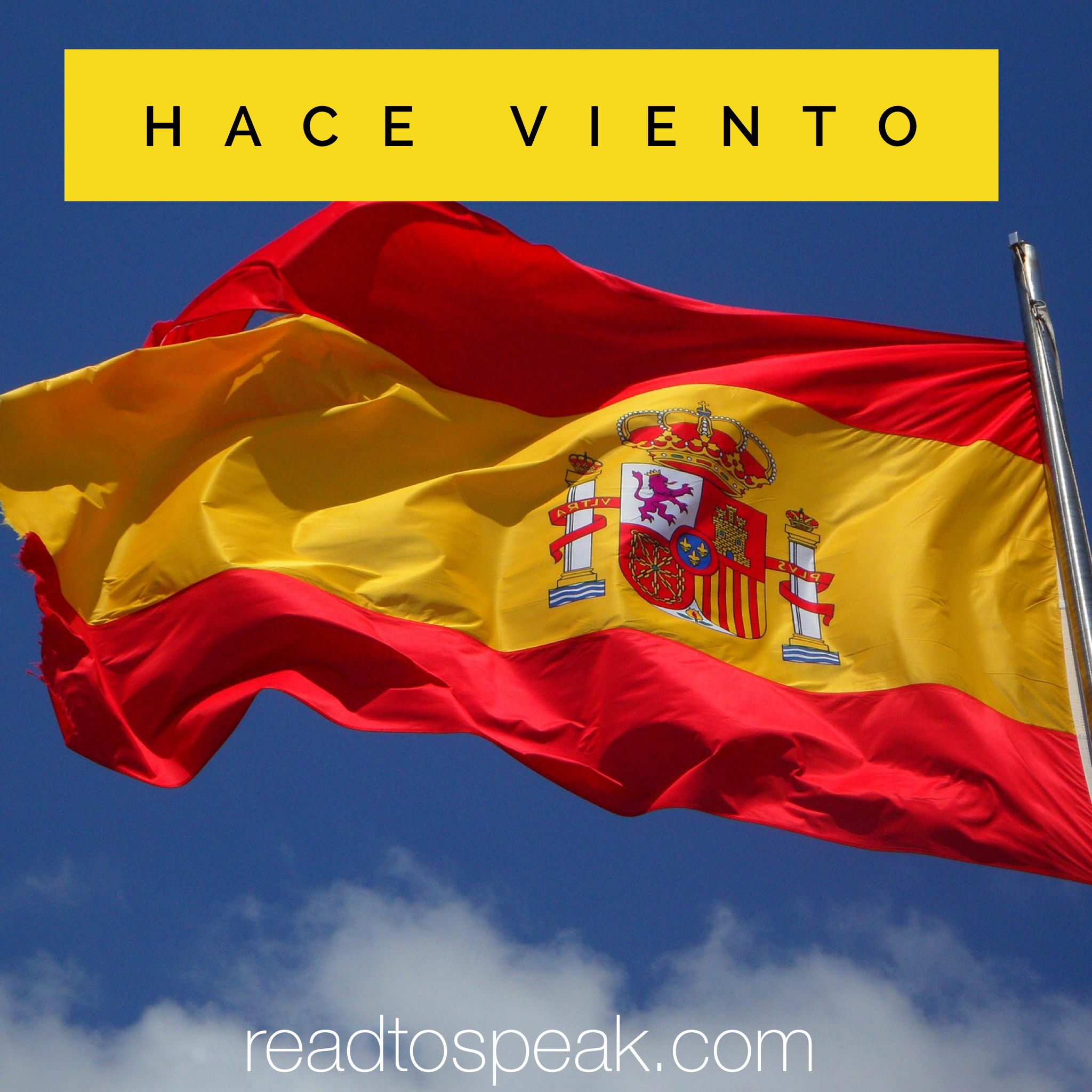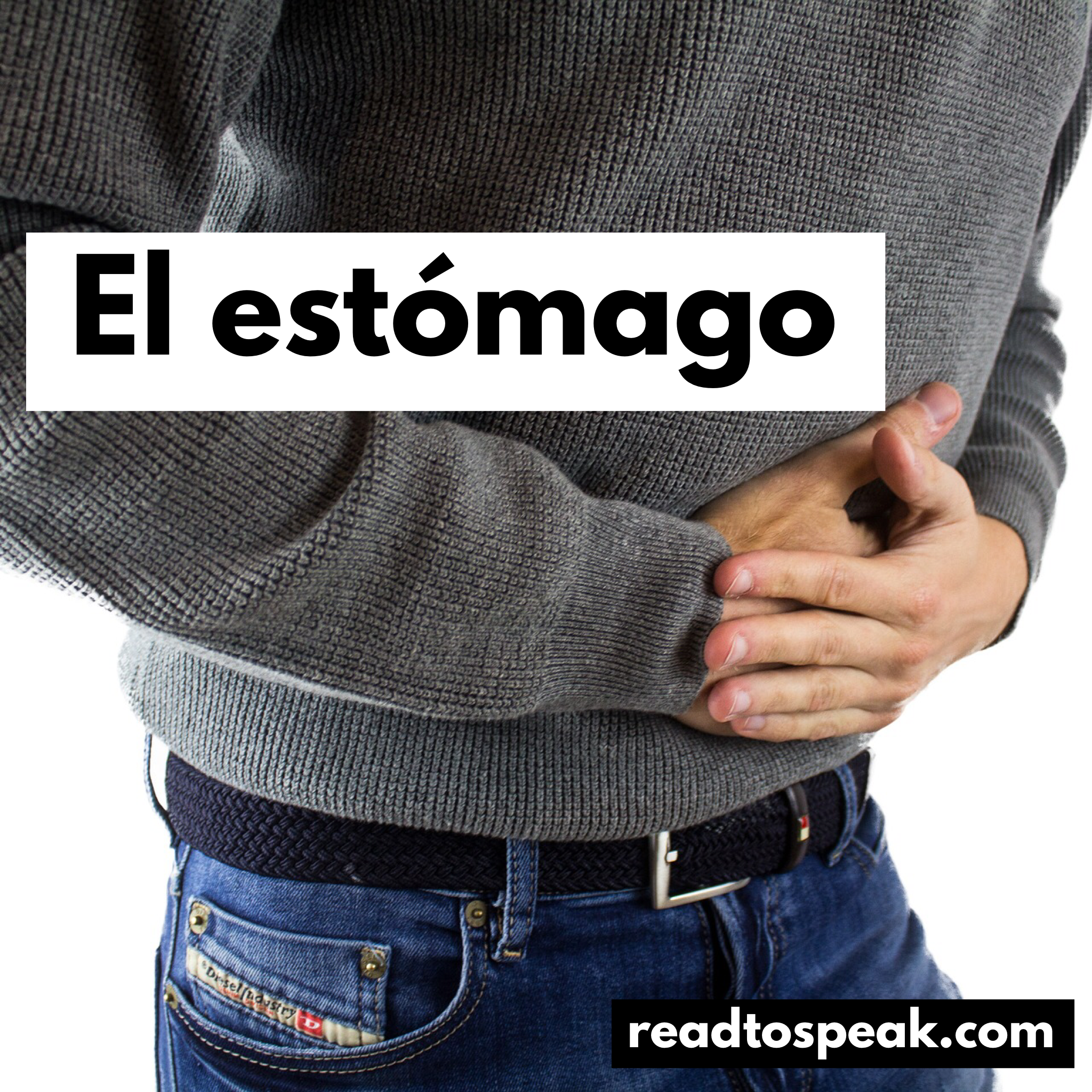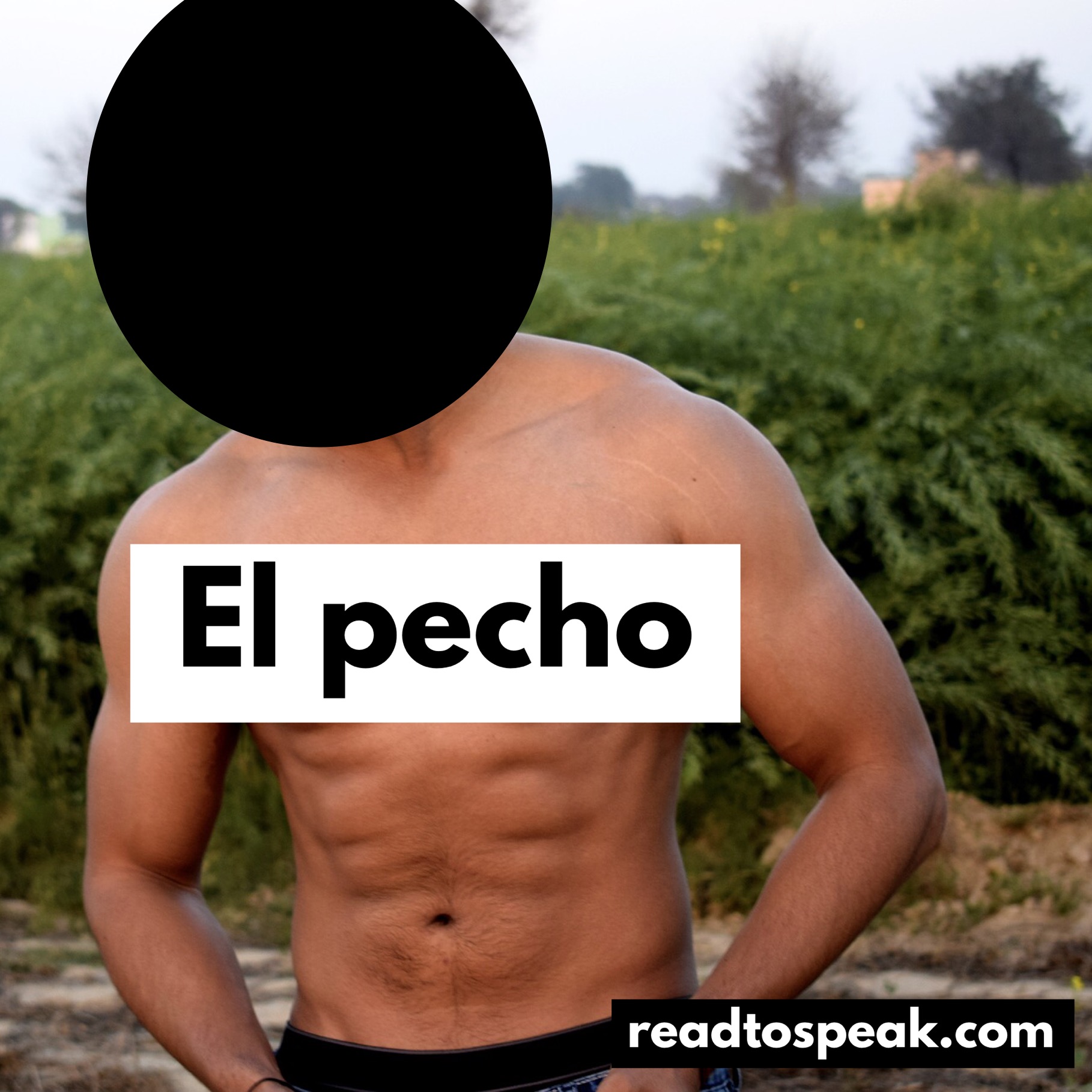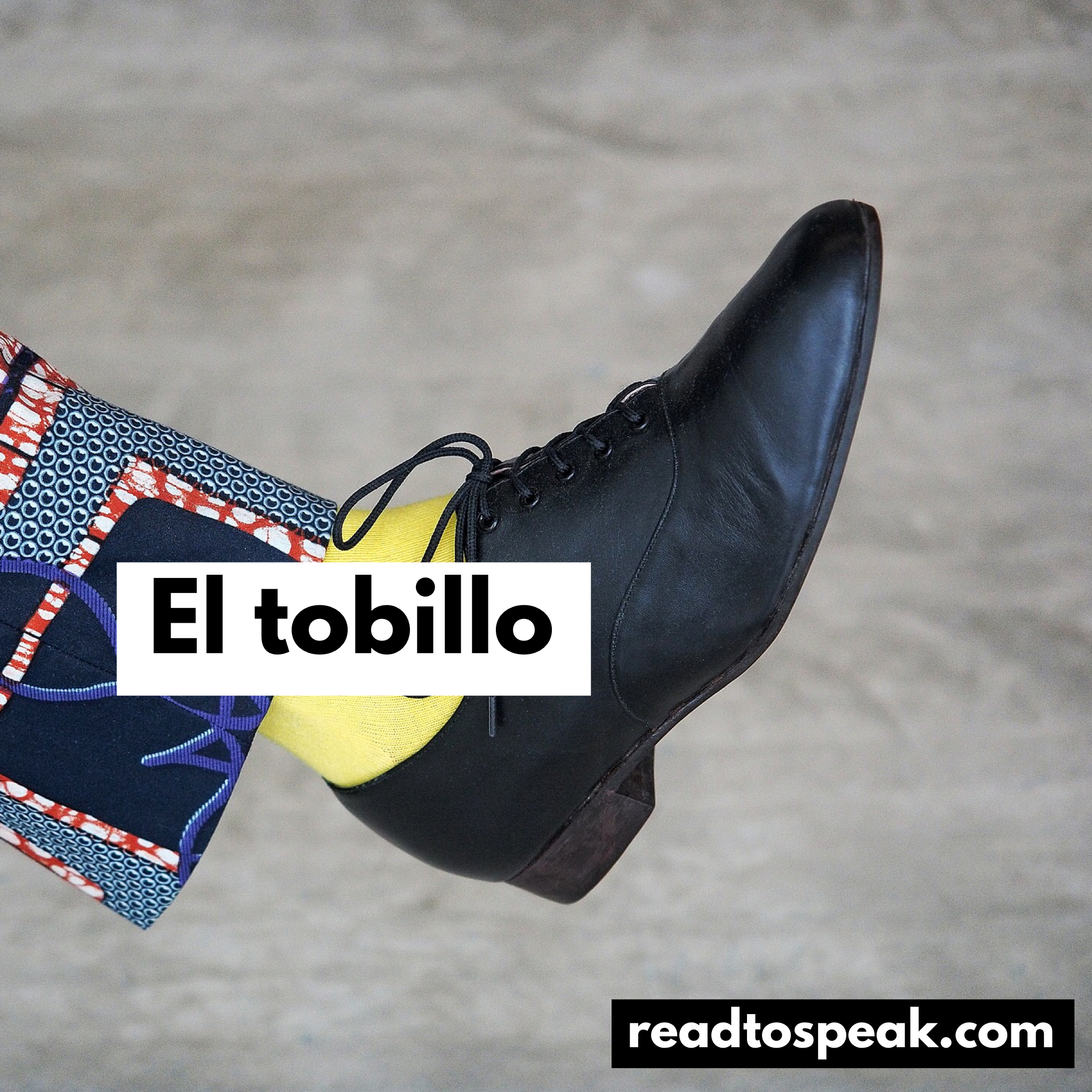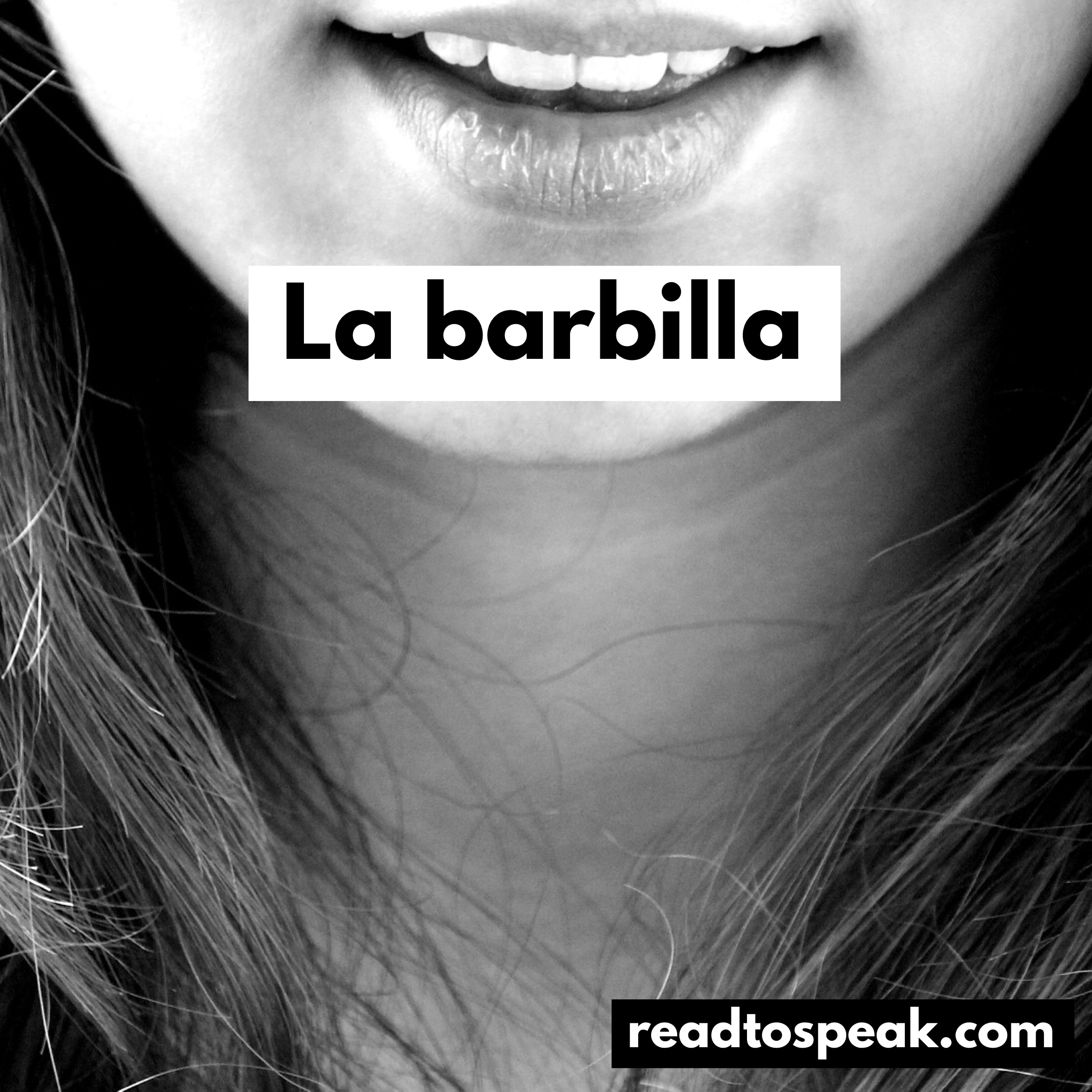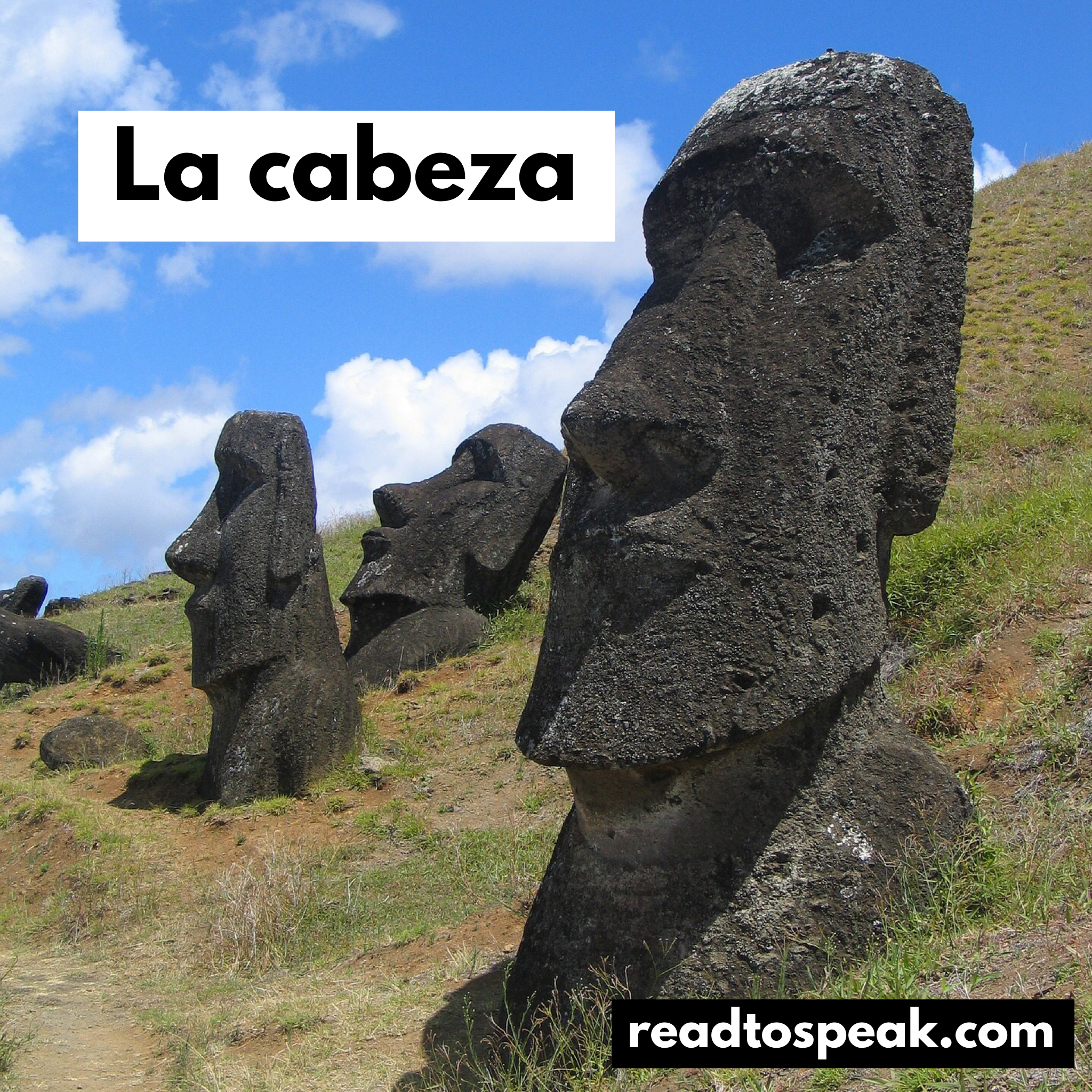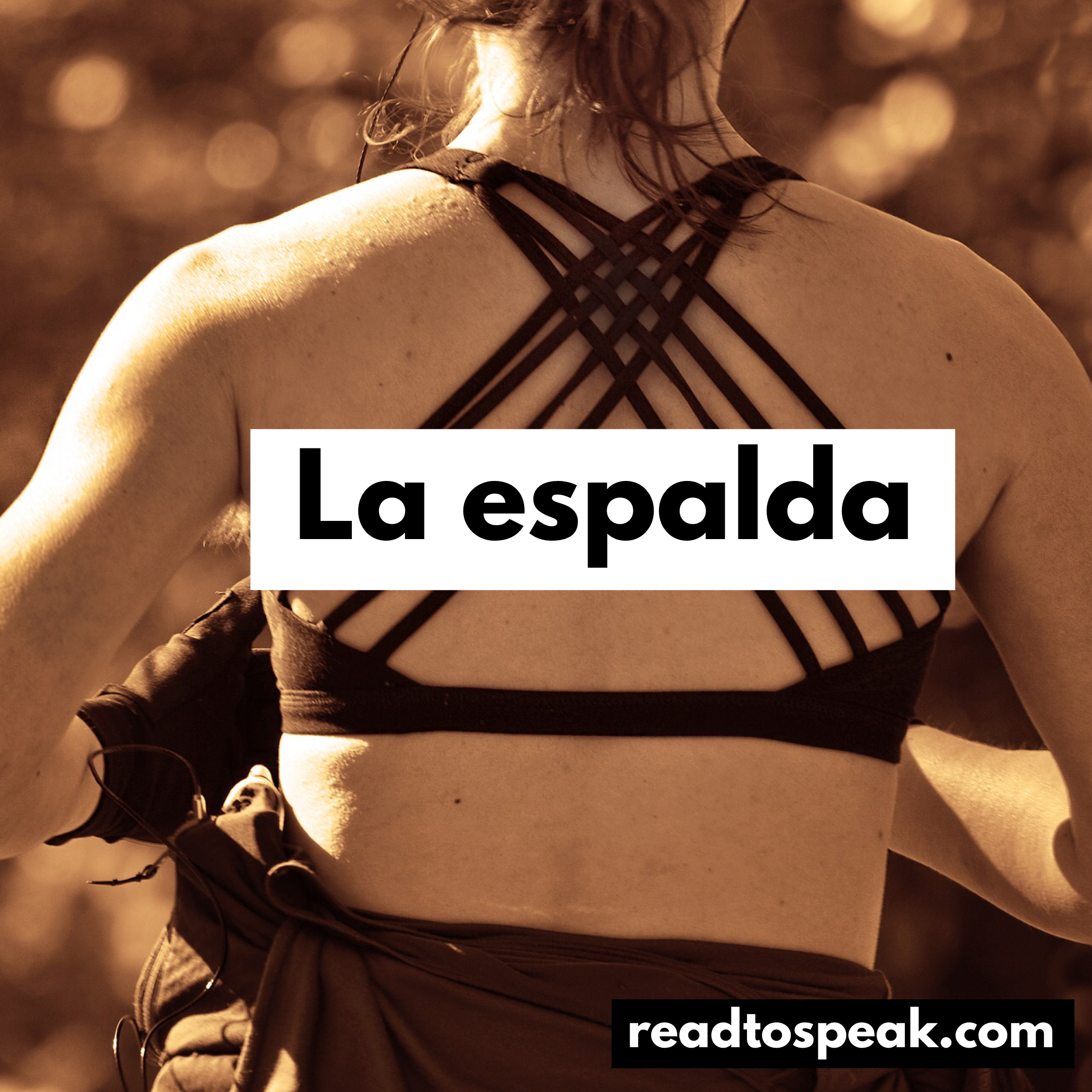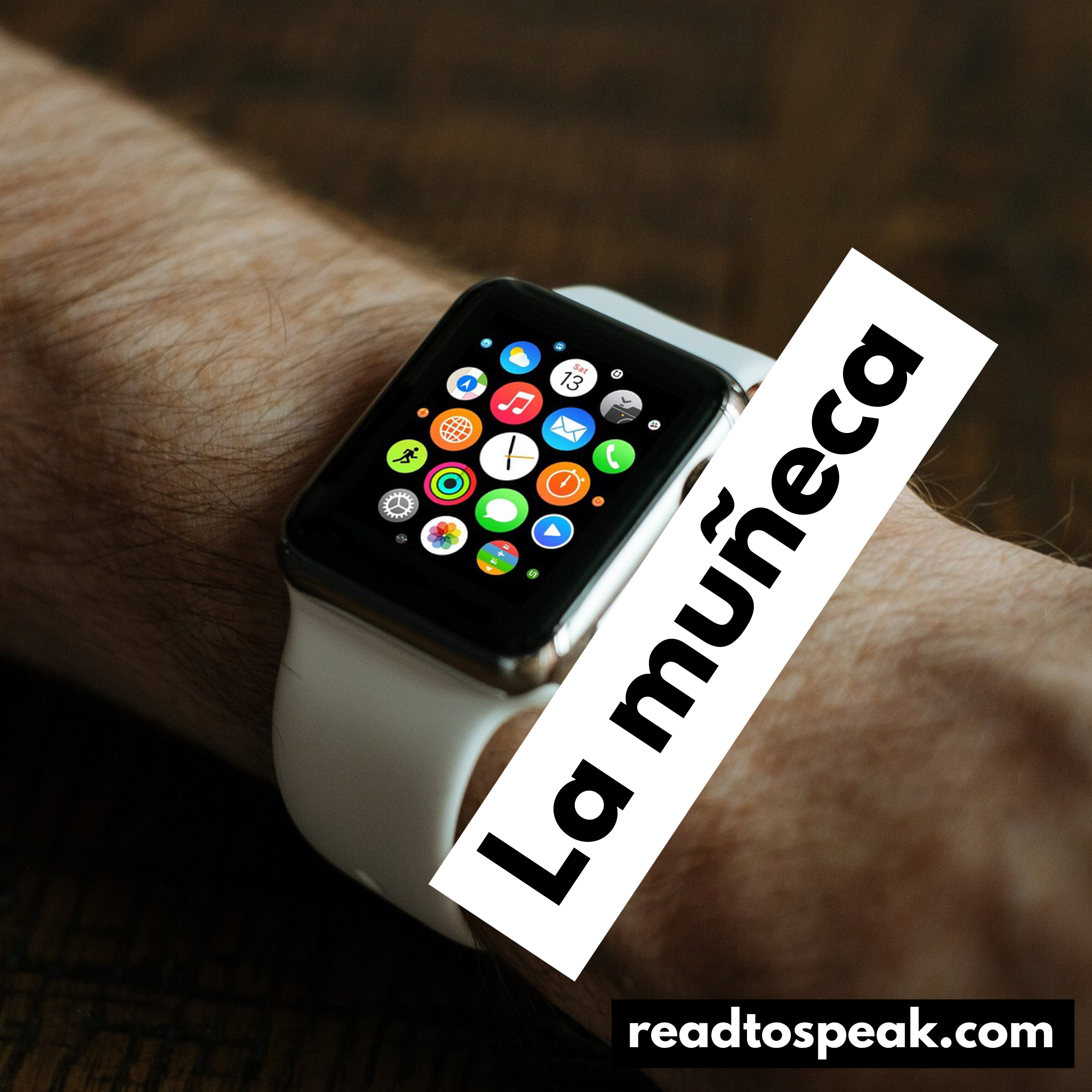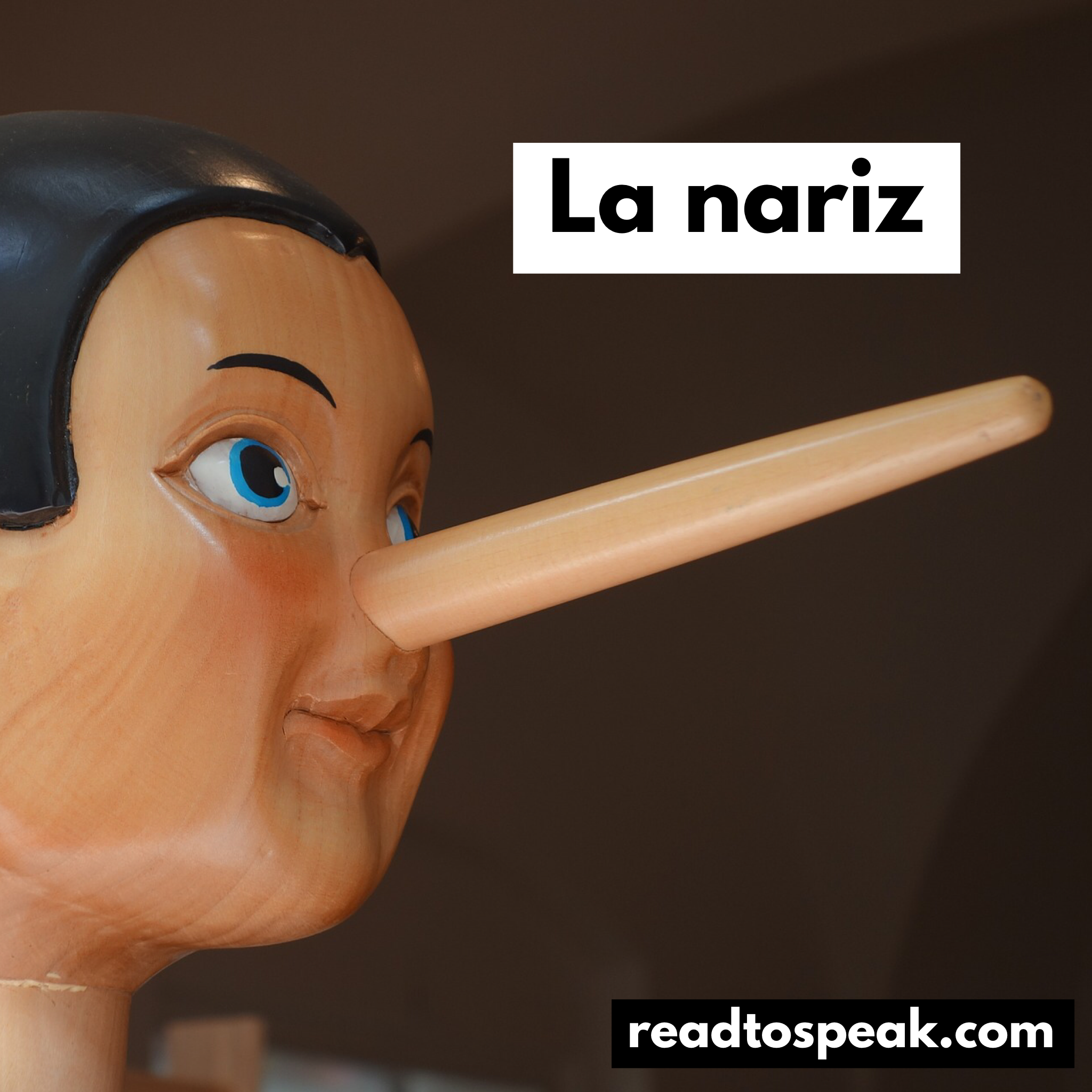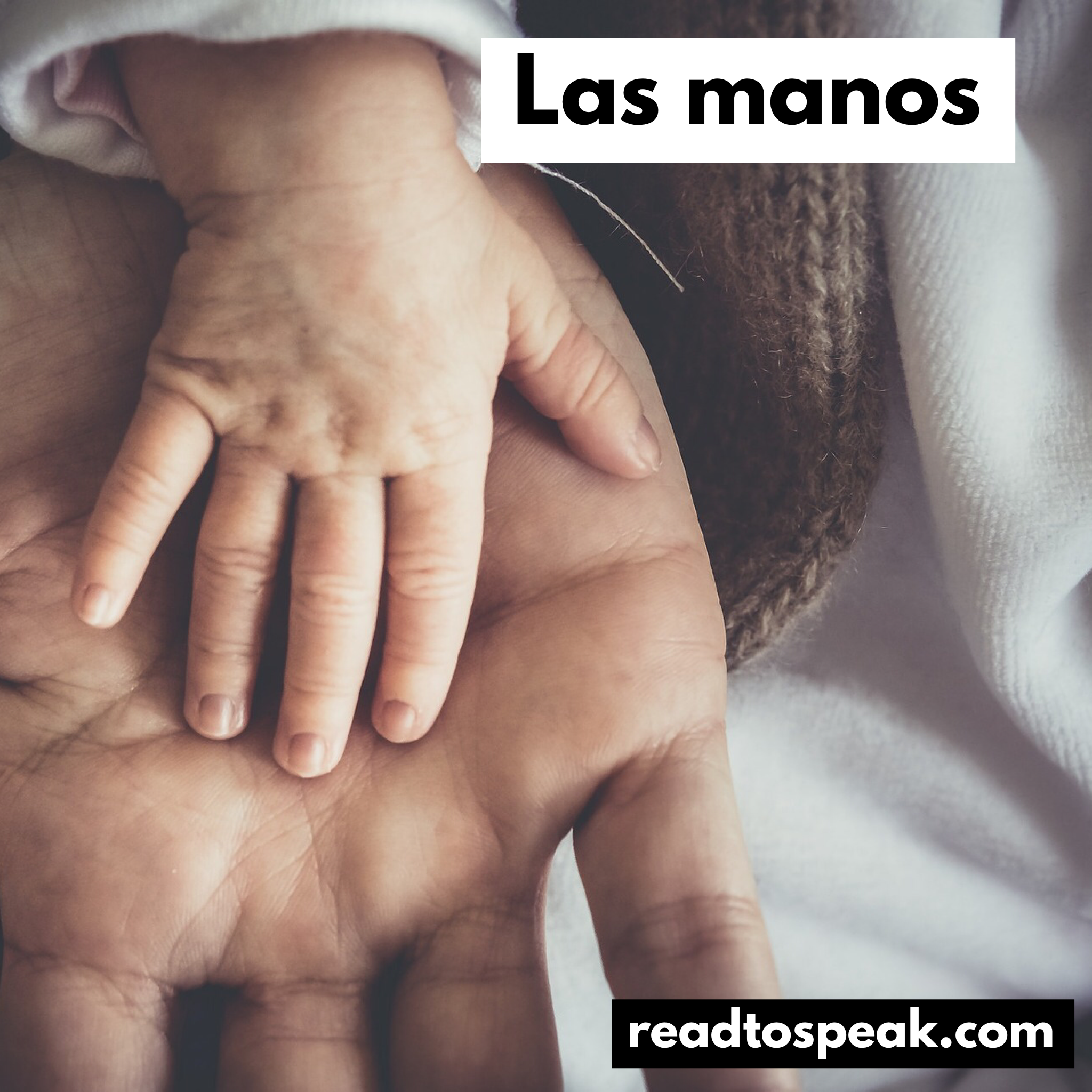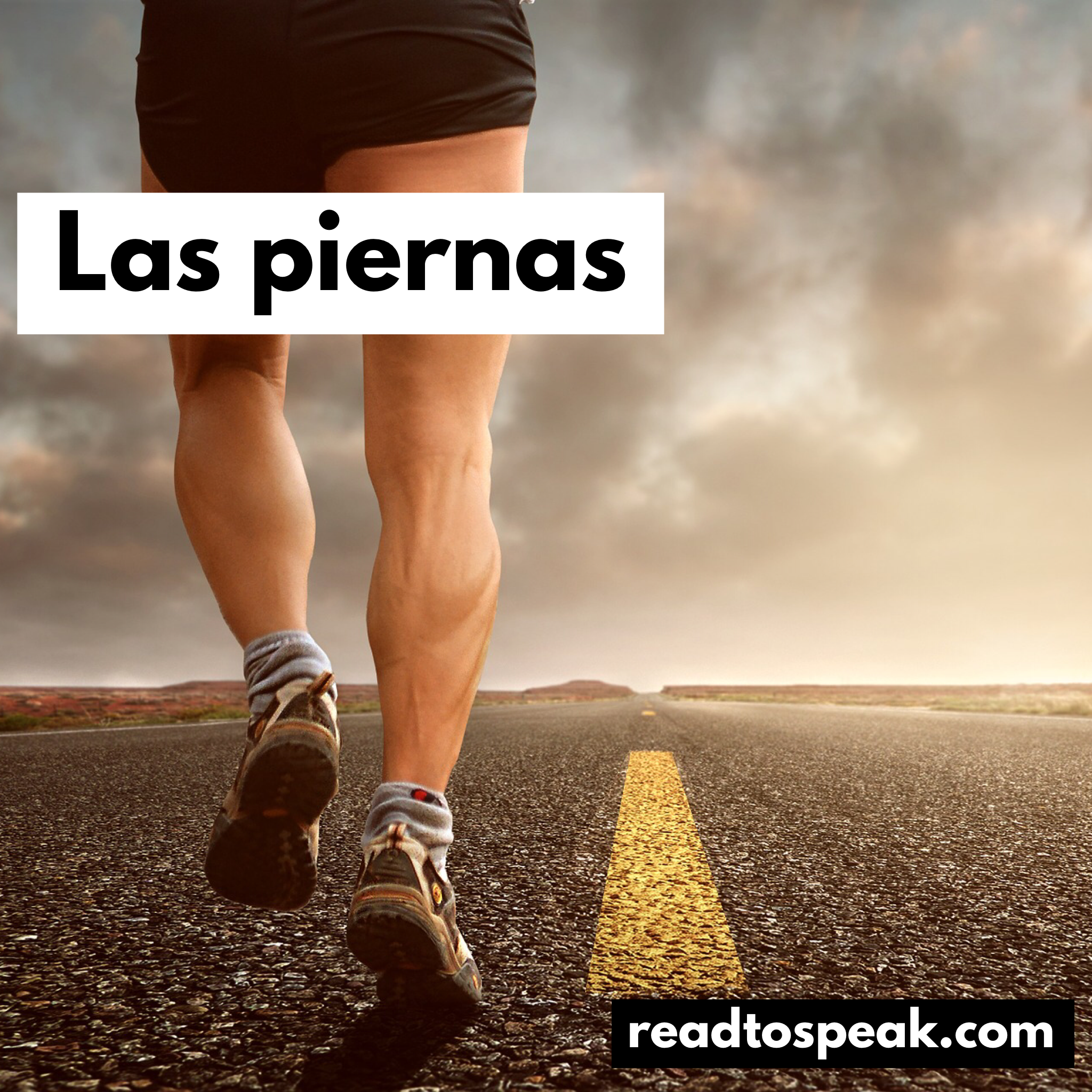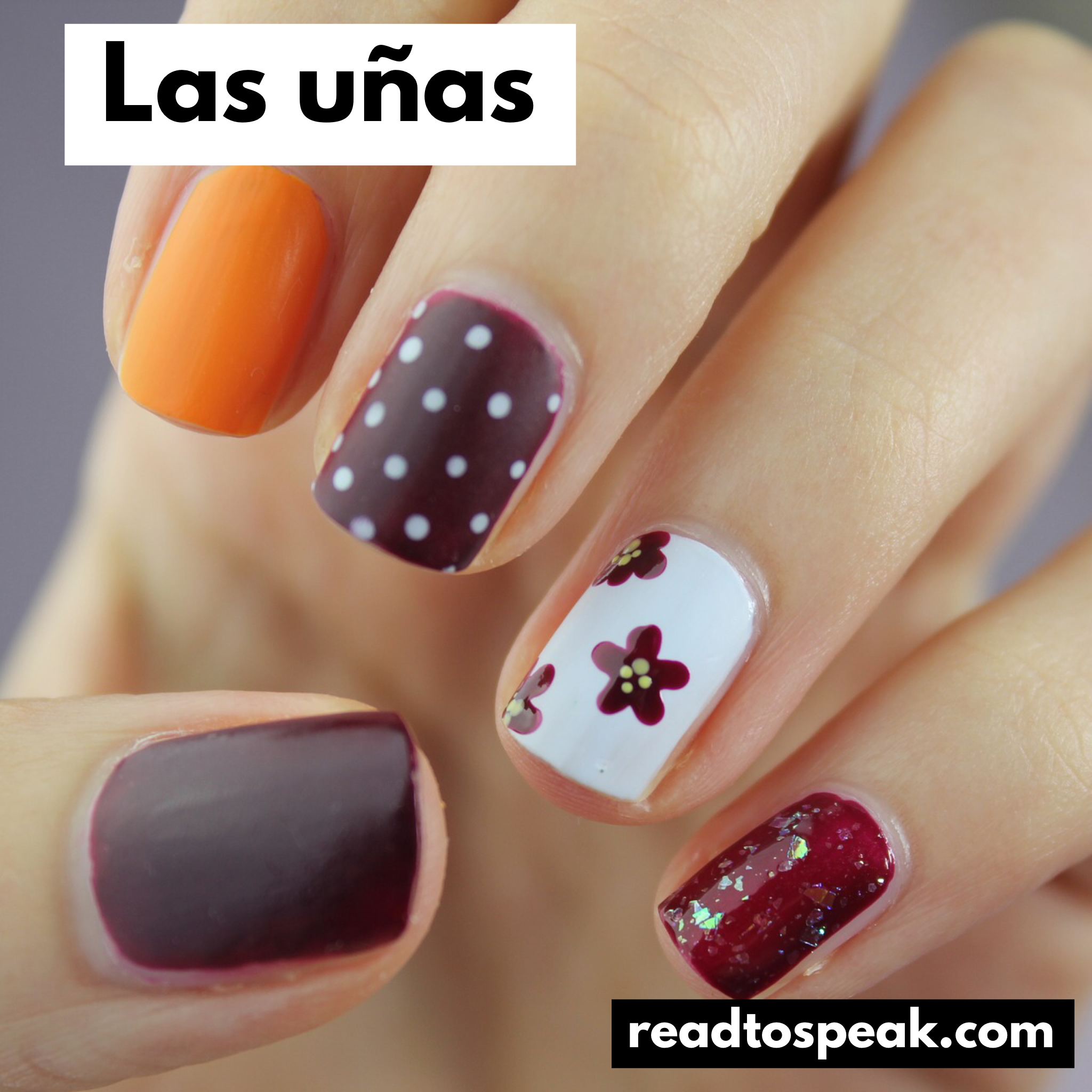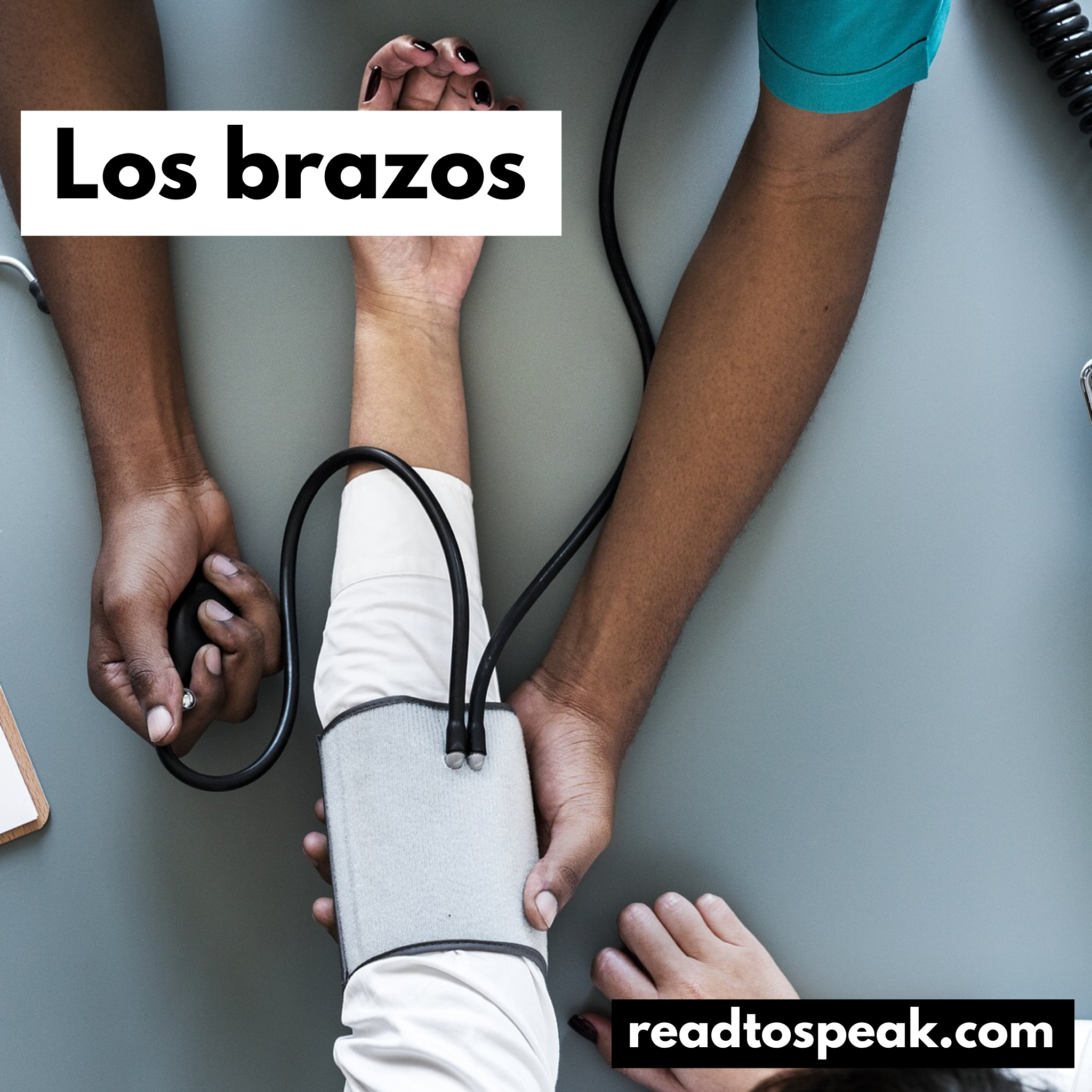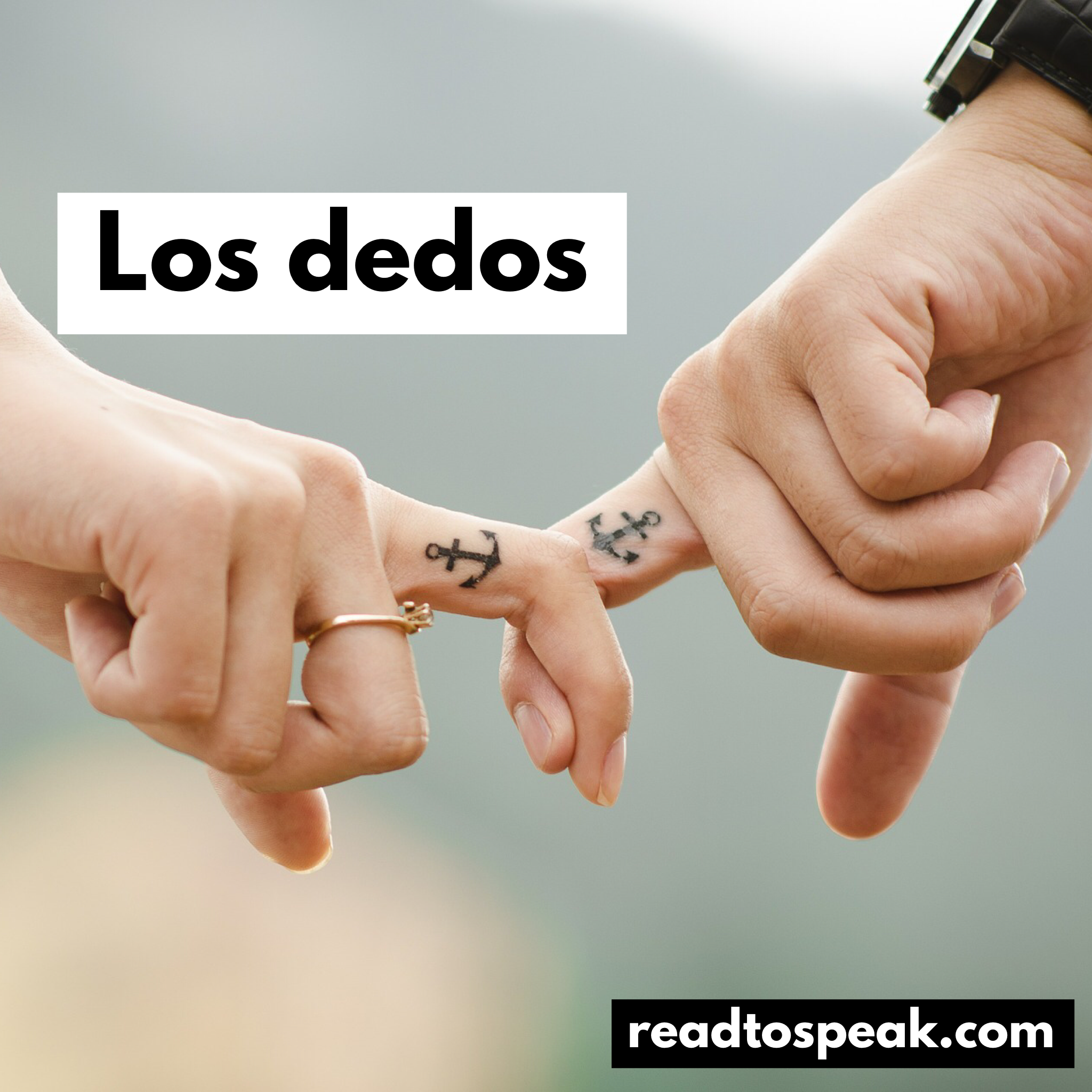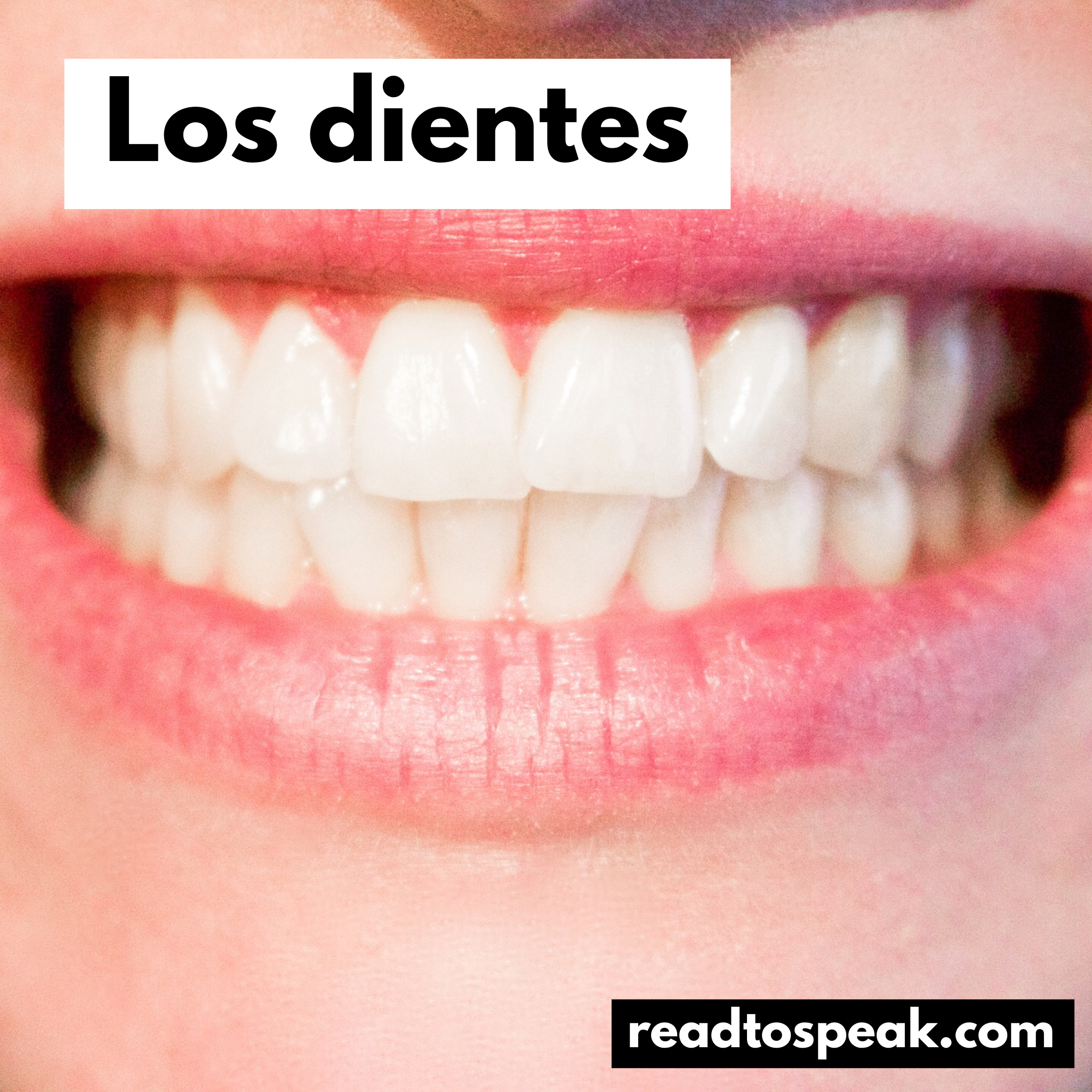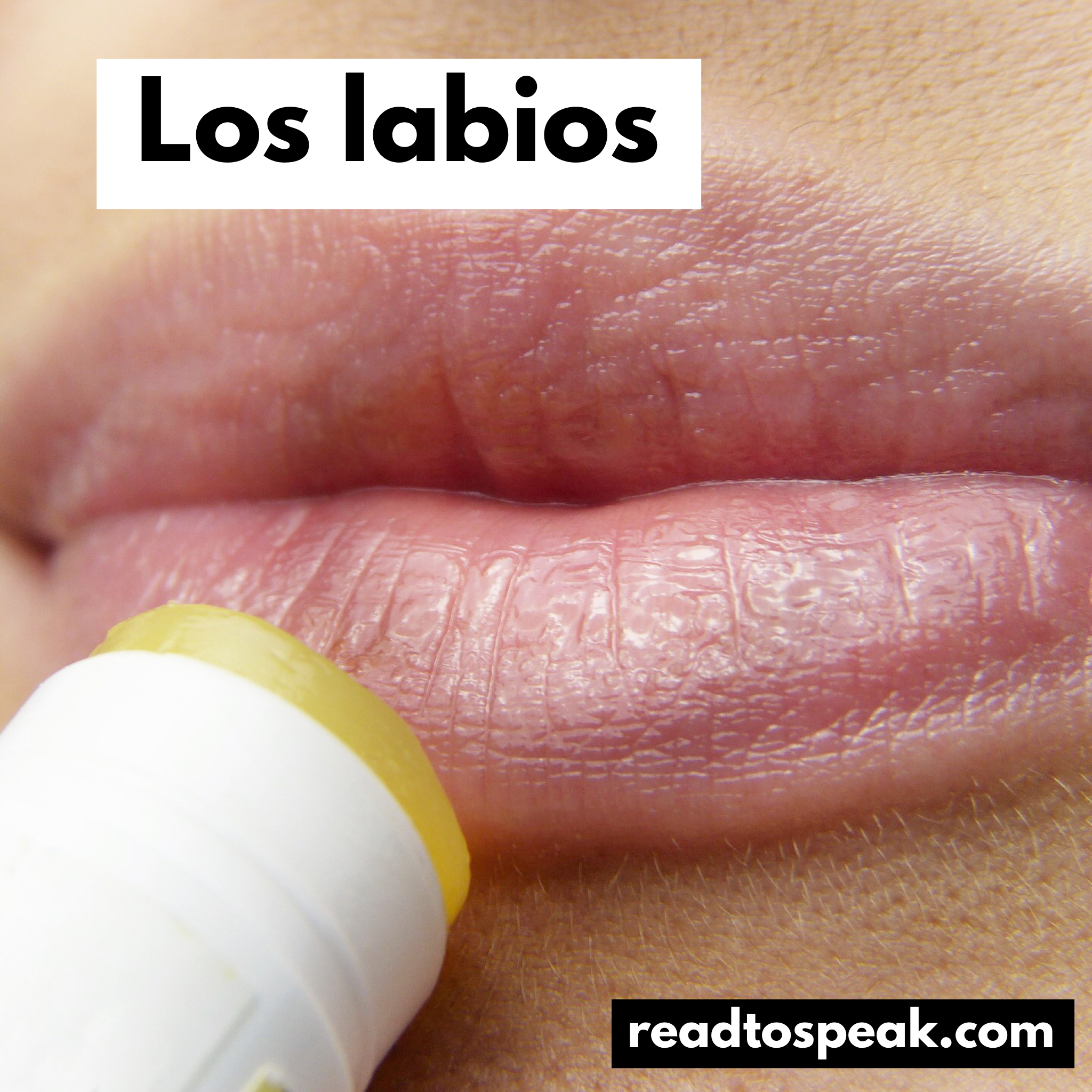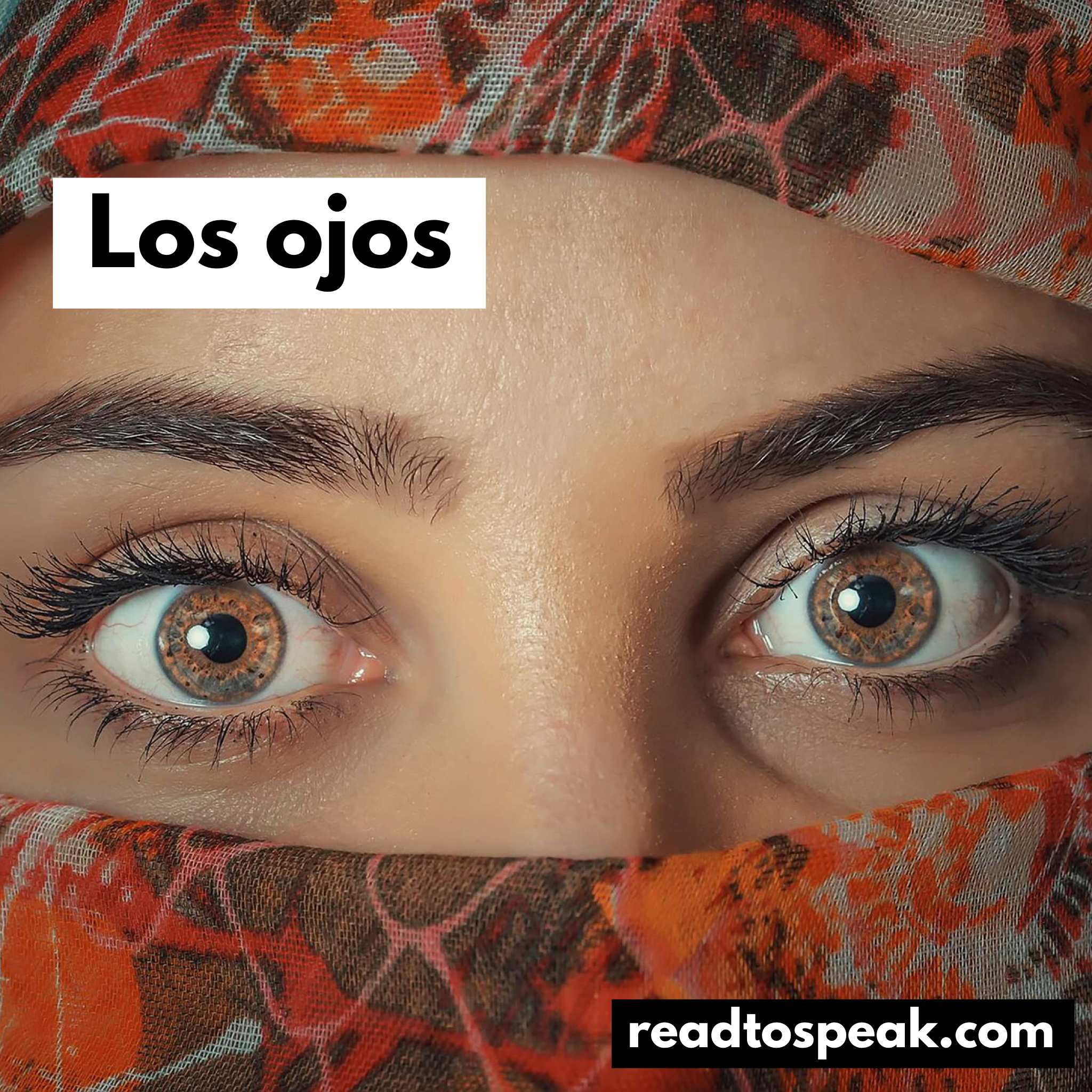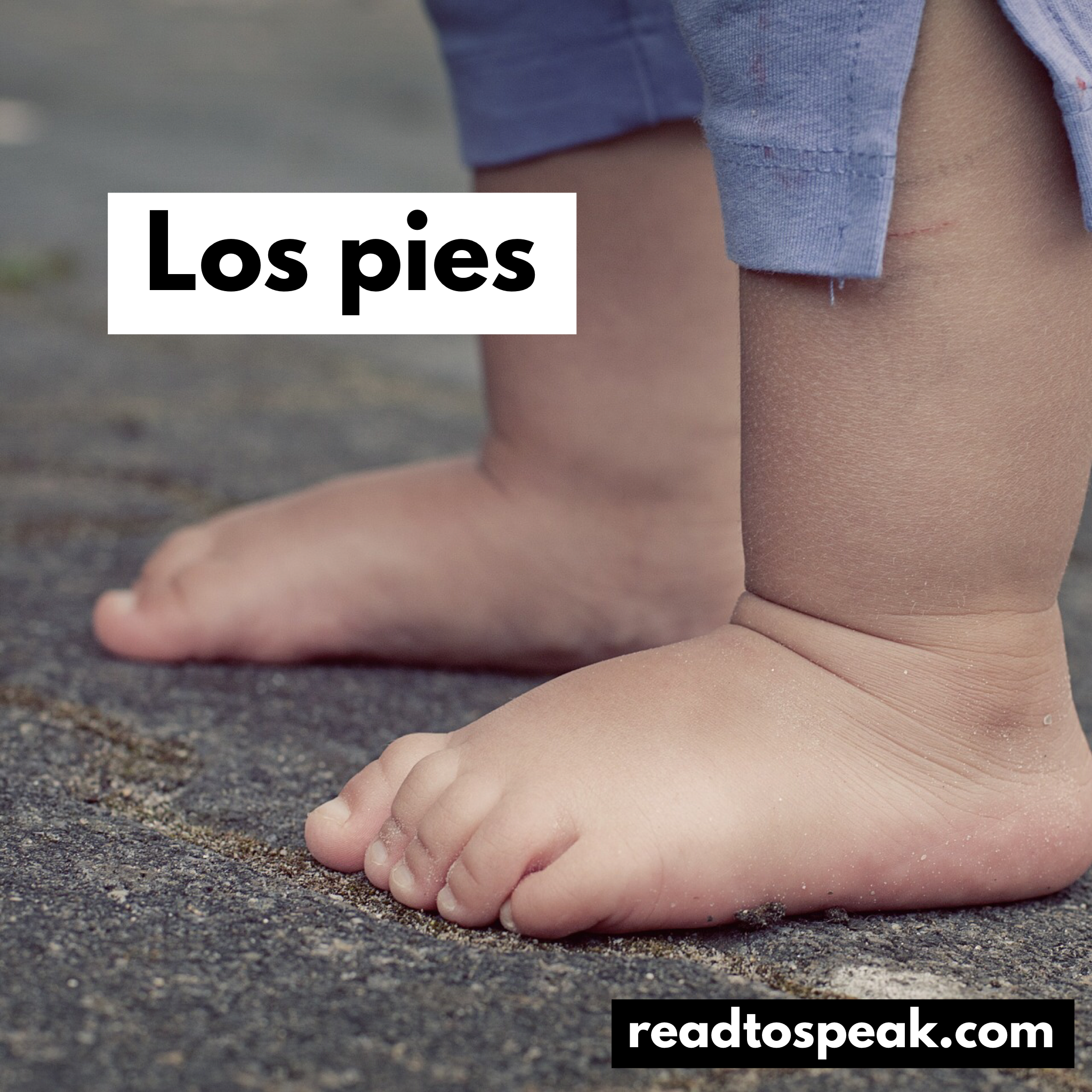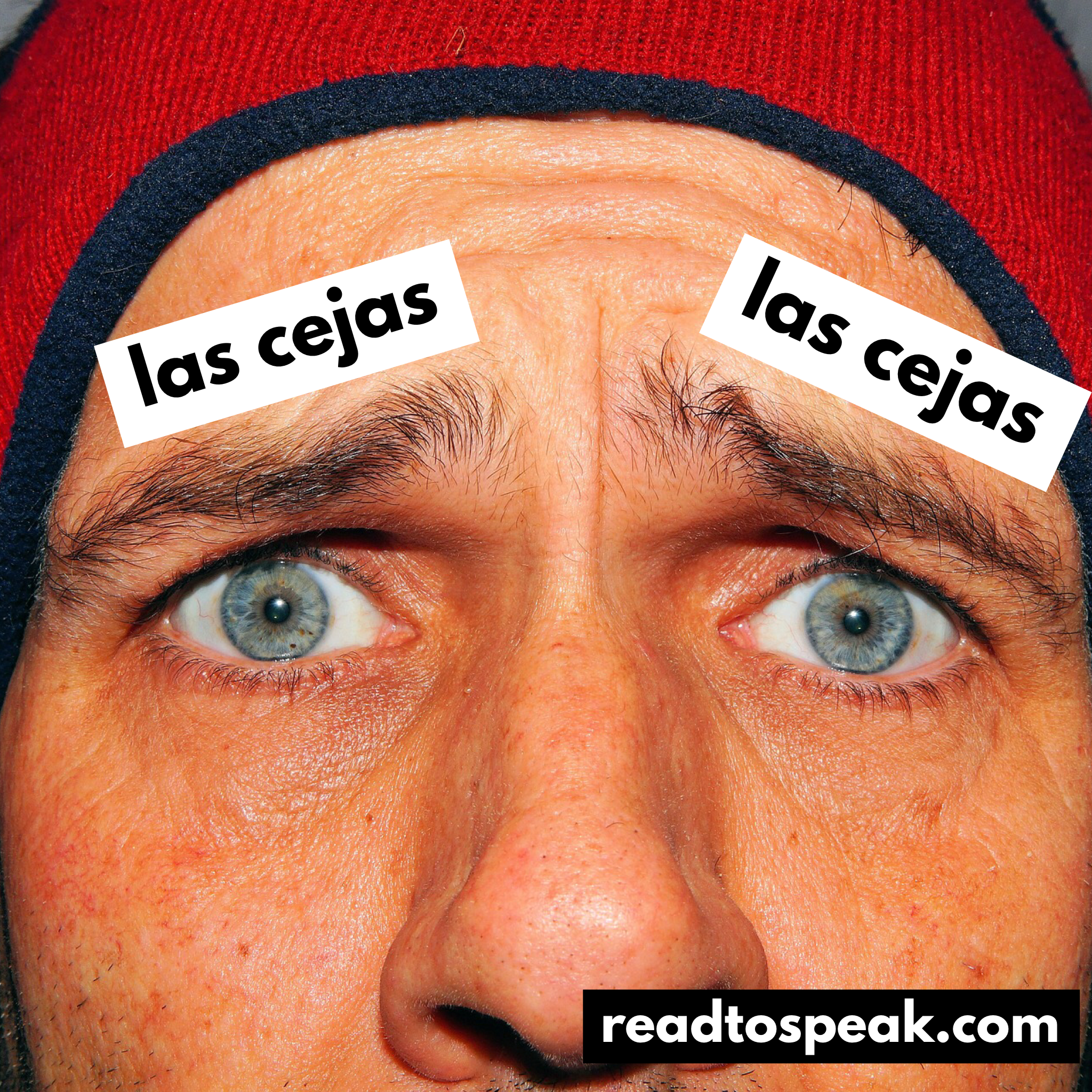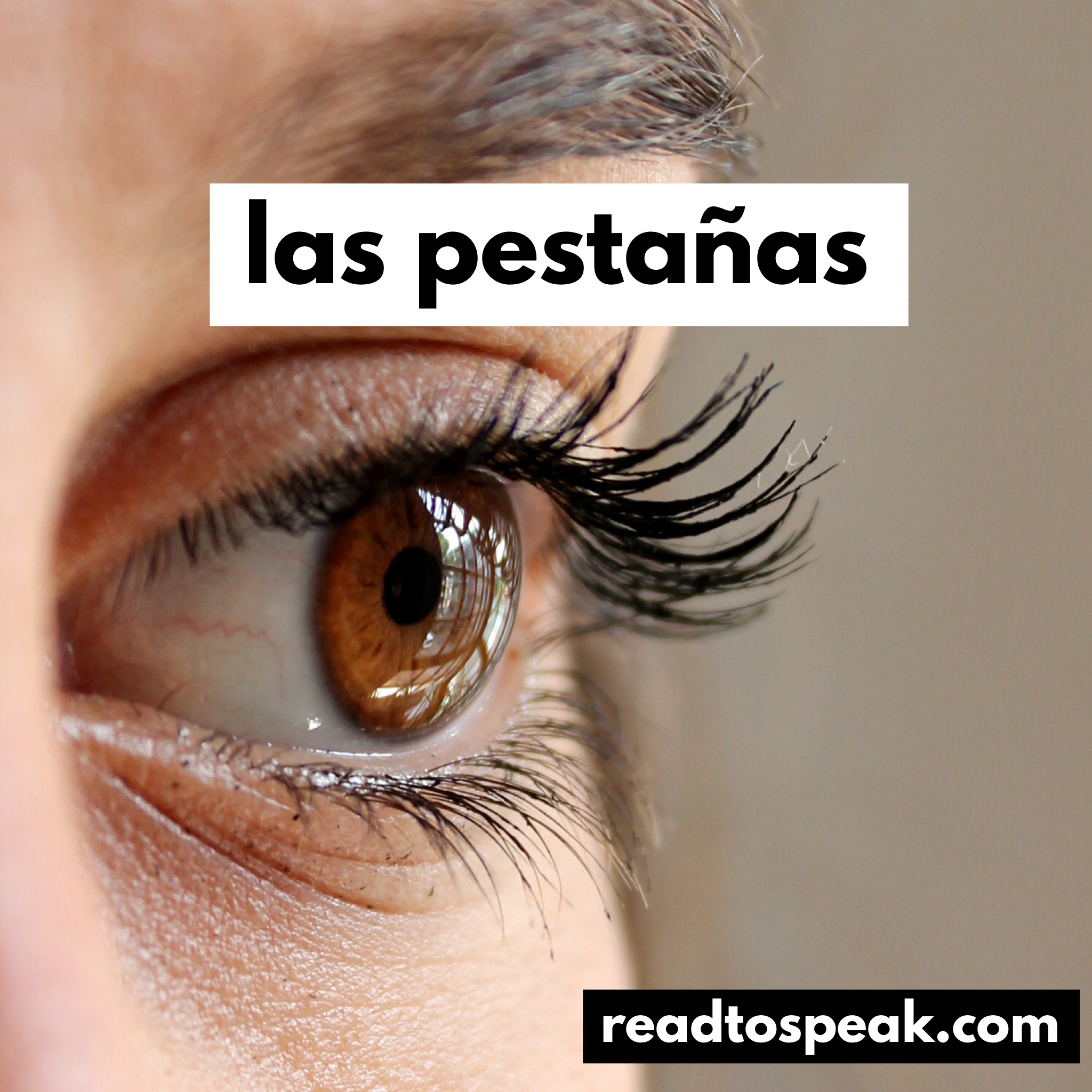Read to Speak Spanish: The Ultimate Spanish Study Guide
Building fluency is all about processing the language. This definitive college Spanish study guide aims to cover vocabulary and concepts presented most frequently in college and university Spanish 101 classes. There are many areas where college Spanish students struggle. Let’s get started.
Table of Contents
- Introduction
- Who's who? Personal Pronouns in Spanish
- High-Frequency Spanish Vocabulary Chunk A
- hay - there is, there are
- ser - to be
- soy – I am
- eres – you are (informal, tú)
- es – you are (formal*, usted)
- es – he is, she is
- somos – we are
- son – they are
- son – you guys are
- sois – you guys are, vosotros/vosotras
- High-Frequency Vocabulary Chunk B
- estar - to be
- estoy - I am
- estás - you are (informal, tú)
- está - you are (formal, usted)
- está - he is, she is
- estamos - we are
- están - they are
- están - you guys are (ustedes)
- estáis - you guys are, vosotros
- Estar con emociones
- Numbers 1-101
- High-Frequency Vocabulary Chunk C
- tener - to have
- tengo - I have
- tienes - you have (informal, tú)
- tiene - you have (formal, usted)
- tiene - he has, she has
- tenemos - we have
- tienen - they have
- tienen - you guys have, ustedes
- tenéis - you guys have informal, vosotros
- Expressions with "tener"
- querer - to want
- quiero - I want
- quieres - you want (informal, tú)
- quiere - you want (formal, usted)
- quiere - he wants, she wants
- queremos - we want
- quieren - they want
- quieren - you guys want, ustedes
- queréis - you guys want, vosotros
- Los días de la semana
- ir - to go
- voy - I go
- vas - you go (informal, tú)
- va - you go (formal, usted)
- va - he goes, she goes
- vamos - we go
- van - they go
- van - you guys go, ustedes
- vais - you guys go, vosotros
- ir a + [verbo] - A simple way to talk about the future
- Place Names
- High-Frequency Vocabulary Chunk D
- -AR Verbs
- Other -AR Verbs
- -ER and -IR Verbs
- Spanish Colors
- Possessive Adjectives (my, your, his, her, etc.)
- ¿Qué hora es? - Telling Time in Spanish
- ¿A qué hora? - At what hour?
- Stem-Changing Verbs o:ue, e:ie, e:i
- Irregular “yo” verbs
- Things happening right now (The Present Progressive)
- Direct Object Pronouns
- Saber & Conocer
- Spanish Weather Expressions
- Bonus: Body Parts in Spanish
Introduction
Below you will find copious examples of the Spanish sentences. Read the examples and try to understand them in Spanish, without translating in your head whenever possible. If you get stuck, use a service like wordreference.com (the internet's best English-Spanish, Spanish-English dictionary) or Google Translate to check your comprehension as often as you need at first. You'll find that you do this less and less as you acquire more vocabulary.
Once you feel like you are getting the hang of the basics, start reading Spanish stories. Reading for fun will help you forget about the grammar rules and get you focused processing messages in the language. In reality, reading for fun in Spanish will improve your fluency more than almost anything else. The sooner you start reading for fun, the better. Various times throughout this study guide there will be a reminder for you to start reading.
To get started, print this free reading cheat sheet and refer back to it frequently as you read.
1. Who's who? Subject Pronouns in Spanish
2. High Frequency Spanish Vocabulary Chunk A
Each university Spanish textbook teaches vocabulary in a slightly different order. Nonetheless, they all cover the same basic vocabulary with surprisingly little variation. Below is a list of high-frequency words in Spanish. If you can use the words in this first chunk well, you are off to a fantastic start in your Spanish class. Study the words in this list carefully, and then start reading the examples.
Sustantivos (People, places, things)
el chico - the boy
la chica - the girl
el estudiante - the student (masculine*)
la estudiante - the student (feminine)
el profesor - the professor (masculine)
la profesora - the professor (feminine)
la universidad - the university, the college
verbos (action words)**
hay - there is, there are
ser - to be
Defined below: soy, eres, es, somos, son (sois)
otros (adjetivos, adverbios, etc.)
un - a, an; one (masculine)
una - a, an; one (feminine)
guapo/guapa - handsome, good-looking
bonita - pretty (feminine)
grande - big
pequeño/pequeña - small
inteligente - smart, intelligent
y - and
o - or
de - from, of
pero - but
muy - very
*Some words in Spanish are "masculine" and some are "feminine". Typically, if a word ends in -o it will be masculine, and if it ends in -a it will be feminine. There are exceptions to this rule, but don't worry about them yet. This is one of the first things we teach in Spanish classes, and one of the last things people tend to acquire. Expect to make some mistakes with this as you go along.
**These verbs (action words) will be explained in greater detail later in this section as you see a good deal of examples.
Ejemplos en contexto
2a. Hay - there is, there are
Hay una chica.
Hay una chica inteligente.
Hay una chica bonita.
Hay una estudiante.
Hay una estudiante inteligente.
Hay un estudiante.
Hay un chico.
Hay un chico guapo.
Hay un chico y una chica.
Hay un chico guapo y una chica guapa.
Hay un profesor.
Hay un profesor guapo.
Hay un profesor muy guapo.
Hay un profesor muy, muy guapo.
Hay una profesora.
Hay una profesora inteligente.
Hay una profesora muy inteligente.
Hay una universidad.
Hay una universidad pequeña.
Hay una universidad grande.
2b. ser - to be
¿Ser? o ¿no ser? - To be or not to be?
Most college Spanish 101 classes will break this word off into its own chunk, so we'll do that here. The Spanish verb "ser" means "to be". We get some of the most frequently used vocabulary from this verb.
In English, we don't change verbs very much when we use them to talk about different people For example, we say "I run", "you run", "we run", etc. In Spanish we change our verb much more often. Depending on who does the action, we use a different version of the verb. Below is a table outlining the different versions of the verb "ser". Do not try to memorize the table. Instead, refer back to it when you can't remember what one of the words means in context. (If you are on mobile and this doesn't format correctly, rotate your phone).
|
yo |
soy |
I am |
|
tú |
eres |
you are (informal) |
|
usted |
es |
you are (formal) |
|
él |
es |
he is |
|
ella |
es |
she is |
|
nosotros |
somos |
we are |
|
nosotras |
somos |
we are (all female group) |
|
ellos |
son |
they are |
|
ellas |
son |
they are (all female group) |
|
ustedes |
son |
you guys are |
|
(vosotros) |
(sois) |
you guys are |
|
(vosotras) |
(sois) |
you guys are |
Soy - I am
Soy profesor.
Yo soy* profesora.
Soy un profesor inteligente.
Yo soy una profesora muy inteligente.
Soy estudiante.
Soy un estudiante inteligente.
Soy una chica muy guapa.
Soy un chico muy guapo.
Yo soy un chico inteligente y guapo.
Soy Andrés.
Soy Teresa.
Soy Mateo.
Soy de Walla Walla, Washington.
Soy de México.
Soy de Sacramento, California.
Yo soy de Wyoming.
Yo soy de Buena Vista, Colorado.
Soy de Las Vegas, Nevada.
*In Spanish you can say "yo soy" an it means "I am". You can also say "soy" and it still means "I am". If you feel more comfortable putting "yo soy" in every sentence for now, that's totally fine. The more Spanish you mentally process, the more natural it will feel to leave it off.
Eres - you are (informal, tú)
Tú eres profesora.
Tú eres una profesora de matemáticas*.
Eres profesora en una universidad pequeña.
Eres estudiante en una universidad grande.
Eres una chica inteligente.
Eres un chico inteligente y guapo.
Eres profesor de biología.
Eres estudiante de geología.
¿Eres tú estudiante?
¿Eres tú profesor?
¿Eres profesor o estudiante?
¿De dónde eres?**
¿Cómo eres tú?***
*Some words are the same or very similar in both English and Spanish. Most of the time these words mean exactly what they look like. You will see these words throughout this study guide to add variety to sentences. If the actually means something different, you will see it defined for you.
**¿De dónde eres? Where are you from? (Literally "From where are you?") This is one of the most often asked questions in a Spanish 101 class. Make sure you memorize this question. To answer this question you just say, "Soy de..." and then plug in your place of origin.
¿De dónde eres?
Soy de Walla Walla, Washington.
***¿Cómo eres tú? literally means "How are you?", but it more accurately means "What are you like?". The person asking the question wants you to describe yourself, so just say "Soy..." and add a description.
¿Cómo eres tú?
Soy inteligente y guapo.
Es - you are (formal*, usted)
Usted es profesor de literatura.
Usted es profesora de geografía en una universidad grande.
¿Es usted estudiante en una universidad pequeña?
¿Es usted profesor de biología o de italiano?
Usted es una chica guapa.
Usted es muy inteligente.
Usted es muy guapo.
Usted es muy bonita.
Usted es muy, muy bonita.
¿De dónde es usted?
¿Es usted de México?
¿Es usted de la Argentina?
*In Spanish there are two ways to talk directly to a person (you). One is informal (tú), and we use it with friends and acquaintances. The other is formal (usted), and is used when we talk to strangers, people older than ourselves, people in authority, etc. Use "usted" when you want to show extra respect for someone.
Another way to describe this is through trust. You don't trust a stranger right away, and they don't trust you. But once you've earned their trust (and they yours), you might become friends. Now that trust has been established, you can start using "tú". If you're unsure in conversation, just ask if you can use the "tú" form.
es - he/she is (it* is)
La chica es estudiante de español (SPANISH).
El chico es estudiante.
El chico es un estudiante muy inteligente.
Ella es profesora.
Él es profesor.
Ella es profesora de cálculo.
Él es profesor de educación física (P.E.).
Ella es una chica muy bonita.
Elena es una chica inteligente y guapa.
Mateo es un chico guapo e** inteligente.
¿De dónde es él?
Él es de Santa Fé, Nuevo México.
¿De dónde es ella?
Ella es de Albuquerque.
¿Cómo es Juan?
Juan es inteligente, pero no muy guapo.
¿Cómo es Susana?
Susana es bonita, pero no muy inteligente.
¿Cómo es Francisco?
Francisco es un chico activo.
¿Cómo es ella?
Ella es una chica muy activa.
¿Cómo es él?
Él es un chico cómico.
*Techincally, the word "it" doens't exist in Spanish. When we want to express "it is", we just say "es".
**When the next sound after "y" is an "ee" sound, we change "y" to "e" (pronounced "eh"). It means the same thing, but makes it easier to hear the word for "and". This is a minor, minor thing. Don't fret if you forget.
somos - we are
Nosotros somos inteligentes*
Nosotras somos guapas.
Nosotros somos estudiantes de español.
Nosotras somos profesoras.
Somos profesores de mecánica.
Somos estudiantes.
Somos estudiantes de una universidad grande.
Nosotras somos profesoras de una universidad pequeña.
Somos inteligentes, pero no muy guapos.
Somos guapos, pero no muy inteligentes.
Somos guapas e inteligentes.
Somos de Boise, Idaho.
Nosotras somos de España (Spain).
Nosotras somos del Ecuador.
Nosotros somos de México.
Somos de Vancouver, Canadá.
*We're obsessed with making sentences match in Spanish. When you talk about more than one person, the words that describe those people should also be plural. Most of the time that means just adding "-s" or "-es" to the end of the word. (I am inteligent - Yo soy inteligente, We are inteligents - Nosotros somos inteligentes).
Son - they are
Ellos son estudiantes.
Ellas son profesoras.
Ellos son unos* chicos inteligentes.
Ellas son unas chicas inteligentes.
Ellos son estudiantes de una universidad grande.
Ellos son unos profesores inteligentes.
Ellas son inteligentes y bontias.
Ellos son muy guapos.
Ellos son muy guapos, pero no son muy inteligentes.
Ellas son muy bonitas y muy inteligentes.
Los** estudiantes son de Brasil.
Las estudiantes son del Perú.
Los profesores son de Seattle.
Las profesoras son de Nueva York.
¿De dónde son Marcos y Natalia?
Ellos son de Lima, Perú.
¿De dónde son las chicas?
Ellas son de Arizona.
¿De dónde son los chicos?
Ellos son de Los Ángeles.
¿Cómo son las chicas?
Ellas chicas son bonitas.
¿Cómo son los estudiantes?
Ellos son inteligentes.
*unos/unas = some
**There are four words for "the" in Spanish. el (singular and masculine), la (singular and feminine), los (plural and masculine), las (plural and feminine). The version of this word you use should match the person or people you're talking about in your sentence. La profesora. Las profesoras. El profesor. Los profesores.
son - you guys are
Ustedes son profesores.
Ustedes son estudiantes.
Ustedes son unas chicas bonitas e inteligentes.
Ustedes son astronautas.
Ustedes son astronautas inteligentes.
Ustedes son astronautas guapos, pero no son astronautas inteligentes.
¿De dónde son ustedes?
Ustedes son de Carolina del Norte.
Ustedes son de la Florida.
¿Cómo son ustedes?
Ustedes son inteligentes y guapos.
Ustedes son muy activos.
Ustedes son cómicos.
(Sois - you guys are, vosotros/vosotras)
Vosotros* sois estudiantes de una universidad pequeña.
Vosotras sois profesoras de arte.
Vosotras sois unas chicas bonitas e inteligentes.
Vosotros sois estudiantes de economía.
Sois estudiantes de filosofía.
Sois muy guapos y muy inteligentes.
¿De dónde sois vosotros?
Vosotros sois de Portland, Oregon.
¿De dónde sois vosotras?
Sois de San Francisco, California.
¿Cómo sois vosotras?
Vosotras sois muy inteligentes y muy, muy bonitas.
*As mentioned above, "vosotros" is used primarily in Spain as the informal plural of "you". In Spain, "ustedes" is also common, but it is more formal. In Latin America, we use "ustedes" for both informal and formal settings. If you're from the United States or Canada, it is likely that your Spanish-speaking friends do not use "vosotros" at all.
...Unless they're from Spain. In which case they probably do use "vosotros". So, you know. Whatever.
Feel like you're starting to get things? Take the leap into stories! Reading fiction will take your mind off grammar and put it to work on mentally processing messages in Spanish, which is the key to true acquisition.
High Frequency Vocabulary Chunk B
Spend a few minutes familiarizing yourself with the vocabulary below. More often than not, you won't remember every word you study. That's totally normal. Everyone's different, and it's entirely possible that you will need to see a given word 50-100 times in context before your brain decides to remember it. Don't ever be discouraged because you can't remember a word!
In addition to the words in this section, we will also review words from High-Frequency Vocabulary Chunk A.
Sustantivos (People, places, things)
el hombre - the man
la mujer - the woman
el amigo - the friend (masculine)
la amiga - the friend (feminine)
la ciudad - the city
la casa - the house
el cine - the movie theater
la biblioteca - the library
la clase - the class
verbos* (action words)
estar - to be
*This verb will be defined in greater detail below.
otros (adjetivos, adverbios, etc.)
bien - well
mal - poorly, bad
feliz - happy
triste - sad
cansado, cansada - tired
mi, mis - my
tu, tus - your
con - with
a - to, at
3a. estar - to be
Soy un caballo. Estoy contento. Estoy muy feliz.
Soy un perro. Muchas veces estoy contento. En este momento estoy triste.
There are two words for "to be" in Spanish... It's really not as confusing as it sounds, but it can be difficult to wrap your brain around at first. It's better to just accept it as a fact, rather than try to rationalize why this is. Just say to yourself, "Oh, okay. That's nice." Eventually it will become very natural for you to use, but you'll need to do a lot of mental language processing first.
We use the verb "estar" in two main ways: for saying how people feel and where they are. Remember this little ditty a student shared with me a few years back.
For how you feel and where you are, always use the verb "estar".
Below is a table with the different versions you will see in Spanish 101. If you are on mobile, you may need to rotate your phone to landscape mode for the whole table to show up correctly.
|
yo |
estoy |
I am |
|
tú |
estás |
you are (informal) |
|
usted |
está |
you are (formal) |
|
él |
está |
he is |
|
ella |
está |
she is |
|
nosotros |
estamos |
we are |
|
nosotras |
estamos |
we are (all female group) |
|
ellos |
están |
they are |
|
ellas |
está |
they are (all female group) |
|
ustedes |
están |
you guys are |
|
(vosotros) |
(estáis) |
you guys are |
|
(vosotras) |
(estáis) |
you guys are |
Estoy - I am
Yo estoy en la casa.
Estoy en la clase de español.
¿Cómo estoy yo?*
Estoy muy bien.
Estoy súper bien.
Yo estoy cansado.
Yo estoy muy cansada.
Yo estoy triste.
Estoy feliz.
¿Dónde estoy yo?**
Yo estoy en la ciudad.
Estoy en la biblioteca.
Estoy en la biblioteca de la universidad.
¿Con quién estoy?***
Estoy con mis amigos.
Estoy con mi amiga Julieta.
Estoy con mi amigo Romeo.
Estoy con el hombre guapo.
*Unlike with "ser", this question really is asking you "How am I doing?" Remember our little ditty: For how you feel and where you are, always use the verb estar.
**Instead of asking you where I am from, this question is asking me where I am right now.
***¿Con quién estoy? - With whom am I?/Who am I with?
estás - you are (informal, tú)
Hola, ¿cómo estás?
Tú estás bien.
Tú estás muy mal.
Tú estás contenta.
Tú estás contento.
Estás cansado.
Estás cansada.
¿Dónde estás?
Estás en la biblioteca.
Estás en tu casa.
Estás en mi casa.
Estás en el cine.
¿Con quién estás?
Tú estás con la mujer bonita.
Estás con el hombre inteligente.
Estás con tu amiga Emilia.
Estás con tu amigo Francisco.
Estás con tus amigos Pepe y Rosa.
está - you are (formal, usted)
Hola, ¿cómo está usted?
Usted está mal.
Usted está cansado.
Usted está muy cansada.
Usted está triste.
Está feliz.
¿Dónde está usted?
Usted está en la casa de sus* amigos.
Usted está en el cine.
¿Con quién está en el cine?
Está con la mujer inteligente.
Está con el hombre guapo.
Usted está en el cine con su amiga María.
Está en el cine con su amigo Susana.
Está en el cine con sus amigas.
*Mi, mis - my
tu, tus - your (informal, tú)
su, sus - your (formal, usted)
Está - he is, she is
¿Cómo está María?
María está bien.
Ella está muy bien.
¿Cómo está el hombre?
El hombre está triste.
¿Cómo está la mujer?
Ella está muy bien.
¿Cómo está Martín?
Martín está cansado.
Él está muy cansado.
¿Cómo está Pablo?
Pablo está mal.
Él está muy mal.
¿Cómo está Penelope?
Penelope está feliz.
Ella está muy, muy feliz.
¿Dónde está Juanito?
Juanito está en la biblioteca.
Él está en la biblioteca con su amigo.
¿Dónde está Aurelia?
Aurelia está en la clase de biología.
¿Con quién está Aurelia?
Ella está con la profesora.
Está con los estudiantes.
estamos - we are
¿Cómo estamos nosotros?
Nosotros estamos bien.
¿Cómo estamos nosotras?
Nosotras estamos muy bien.
¿Dónde estamos nosotros?
Estamos en la casa de la profesora.
¿Dónde estamos nosotras?
Estamos en la biblioteca de la universidad.
Estamos en una biblioteca pequeña.
Estamos en una casa grande.
¿Con quién estamos?
Estamos con los estudiantes de arte.
Estamos con los estudiantes de español.
Estamos con las mujeres inteligentes.
Nosotros estamos con los hombres guapos.
están - they are
¿Cómo están los hombres?
Ellos están bien.
Están muy bien.
¿Cómo están las mujeres?
Ellas están mal.
¿Cómo están Inés y Martina?
Ellas están muy mal.
Ellas están cansadas.
¿Cómo están Daniel y Jorge?
Ellos están muy cansados.
¿Dónde están Tatiana y Rebeca?
Ellas están en una ciudad grande.
Están en Los Ángeles, California.
¿Dónde están Tito y Paolo?
Ellos están en una ciudad pequeña.
Están en Pullman, Washington.
están - you guys are (ustedes)
¿Cómo están ustedes?
Ustedes están bien.
Ustedes están mal.
Están muy mal.
Ustedes están cansados.
Ustedes están cansadas.
Están muy cansadas.
¿Dónde están ustedes?
Ustedes están en la biblioteca.
Están en su casa.
Están en la casa de sus amigos.
Ustedes están en mi casa.
Ustedes están en la universidad.
¿Con quién están ustedes?
Ustedes están con las chicas.
Están con los chicos.
Están con el profesor de español.
Están con la profesora de arte.
(estáis - you guys are, vosotros)
¿Cómo estáis vosotros?
Vosotros estáis feliz.
Estáis muy feliz.
Vosotros estáis tristes.
Vosotras estáis muy tristes.
¿Dónde estáis vosotros?
Estáis en la clase de italiano.
Estáis en un cine pequeño.
Estáis en una casa pequeña.
¿Con quién estáis vosotras?
Vosotras estáis con las chicas.
¿Con quién estáis vosotros?
Estáis con los chicos.
Estáis con los estudiantes.
Estáis con los estudiantes.
estar con emociones
Often you will use a version of the verb "estar" (i.e. estoy, estás, está, etc.) when talking about emotions. Below is a list of words you can use with estar. Don't worry about memorizing them right now. Instead, just briefly look at the list to familiarize yourself with these words. If they stick, great! If not, that's okay too. For some people reading a word in a list is enough context. For most people, it's not. Remember that the way you get vocabulary to stick long term is to mentally process it in context (whether you hear it or read it).
aburrido, aburrida – bored
contento, contenta – happy, content
triste – sad
confundido, confundida – confused
sorprendido, sorprendida – surprised
frustrado, frustrada – frustrated
enojado, enojada – angry
preocupuado, preocupada – worried
ocupado, ocupada – busy
cansado, cansada - tired
A few brief examples:
Yo estoy muy triste.
Tú estás contento.
Usted está deprimida.
Nosotros estamos enamorados.
Ellos están enojados.
Memorize Numbers 1-101 in Ten minutes
Every beginning Spanish class has a lesson on numbers. They often include boring exercises to get you to “memorize” these words. That usually does an “okay” job of getting you familiar with them, but most students never learn (or care to learn) how to count to a million in Spanish. Let me be honest: these words will appear on one or two tests and likely disappear entirely afterward. Spanish numbers are (especially numbers 0-100), however, very important. But you don’t need to do too much memorizing to get the pattern down. Follow this order when memorizing these words to get the fastest results:
0-10 – Most people already know how to count to 10 in Spanish. If you don’t, memorize these first.
11-15 – these ones are a bit tricky. Good news. There are only five of them.
16-25 – this is when the pattern gets going. Memorizing these will help you get to 100.
Finally, memorize numbers 30, 40, 50, 60, 70, 80, 90, 100. The pattern of 31, 32, 33… just repeats itself.
Below you will find these numbers written out.
cero - 0
uno - 1
dos - 2
tres - 3
cuatro - 4
cinco - 5
seis - 6
siete - 7
ocho - 8
nueve - 9
diez - 10
once - 11
doce - 12
trece - 13
catorce - 14
quince - 15
dieciséis - 16
diecisiete - 17
dieciocho - 18
diecinueve - 19
veinte - 20
veintiuno (veintiún, veintiuna) - 21
treinta - 30
treinta y uno - 31
cuarenta - 40
cincuenta - 50
sesenta - 60
setenta - 70
ochenta - 80
noventa - 90
cien - 100
ciento uno - 101
4. High-Frequency Vocabulary Chunk C
Sustantivos (People, places, things)
los padres - the parents
el padre - the father
la madre - the mother
el hijo - the son
la hija - the daughter
la tarea - the homework, task
el laboratorio - the lab
el café - the coffee shop, coffee
el estadio - the stadium
la playa - the beach
verbos* (action words)
tener - to have
querer - to want
ir - to go
otros (adjetivos, adverbios, etc.)
alto, alta - tall
bajo, baja - short
gordo, gorda - fat
flaco, flaca - skinny
joven - young (plural = jóvenes)
viejo, vieja - old
rico, rica - rich
pobre - poor
porque** - because
*These will be defined in greater detail below.
**When you have the words ¿por qué? spaced out with an accent mark it means "why?". When they are all squished together and no accent mark porque means "because". For Spanish 101, that's all you need to know.
4a. tener - to have
Like "ser" and "estar", "tener" is a top-five Spanish verb. Learn to use it well and you are far more likely to succeed in a college Spanish 101 class. Below is a table showing the different forms of "tener". Read the examples that follow for comprehension, but remember that you should always be focused on what is being said, not necessarily how to say it.
|
yo |
tengo |
I have |
|
tú |
tienes |
you have (informal) |
|
usted |
tiene |
you have (formal) |
|
él |
tiene |
he has |
|
ella |
tiene |
she has |
|
nosotros |
tenemos |
we have |
|
nosotras |
tenemos |
we have (all female group) |
|
ellos |
tienen |
they have |
|
ellas |
tienen |
they have (all female group) |
|
ustedes |
tienen |
you guys have |
|
(vosotros) |
(tenéis) |
you guys have |
|
(vosotras) |
(tenéis) |
you guys have |
tengo - I have
Yo tengo una casa grande
Yo tengo una casa pequeña.
Yo tengo una madre y un padre.
Yo tengo una madre, pero no tengo unp padre.
Yo tengo un hijo.
Yo tengo una hija.
Yo tengo un hijo y dos hijas.
Tengo tres hijos.
Tengo una hija bonita.
Tengo un hijo inteligente.
Tengo un padre rico.
Tengo un padre joven.
Tengo un carro viejo.
Tengo dos hijos inteligentes.
Tengo un hijo gordo y un hijo flaco.
Yo tengo cuatro hijas jóvenes.
Tengo dos hijas gordas y dos hijas flacas.
Tengo mucha tarea.
tienes - you have (informal, tú)
Tú tienes* un profesor inteligente.
Tienes un profesor muy inteligente.
¿Tienes un hijo?
¿Tienes un hijo o una hija?
¿Cuántos** hijos tienes?
¿Cuántos amigos tienes?
¿Cuántos años tienes?***
Tienes muchos**** amigos.
Tienes muchos amigos en tu clase de español.
Tienes muchos amigos inteligentes en tu clase de español.
Tienes muchos amigos inteligentes y guapos en tu clase de español.
¿Tienes tú una casa grande o una casa pequeña?
¿Tienes tú una madre joven o vieja?
¿Tienes tú un padre joven o viejo?
Tú tienes tres hijos pequeños.
Tienes un padre rico.
Tienes una madre rica.
¿Tienes padres pobres o ricos?
Tienes una casa grande porque tus padres son ricos.
Tienes mucha tarea en la clase de portugués.
*When you have an "-s" at the end of a verb, it means "tú". Generally, your Spanish professor will ask you questions with this form. You should answer these questions with "yo" verbs.
Profesora: ¿Tienes un hijo?
Estudiante: Sí, yo tengo un hijo y una hjia.
**¿Cuántos? = how many?, how much?
***¿Cuántos años tienes? How old are you (literally: How many years do you have?). To learn someone's age, we ask how many years that person has, not how old that person is. Learn to answer this question. It will come up in class, and it will come up on the test.
****muchos = many (mucho = much, a lot)
tiene - you have (formal, usted)
Usted tiene una casa grande.
Tiene una casa grande porque su madre es rica.
Usted tiene una amiga rica y un amigo pobre.
Usted tiene unos amigos muy jóvenes.
Usted tiene unos amigos muy viejos.
Usted tiene viejos* amigos.
¿Cuántos años tiene usted?
Usted tiene un apartamento grande en el centro de la ciudad.
Usted tiene tres hijos y una hija.
¿Cuántos hijos tiene usted?
¿Cuántas hijas tiene usted?
Usted tiene una hija alta y un hijo bajo.
Usted tiene una madre alta y un padre bajo.
Tiene una amiga baja e inteligente.
Tiene un amigo rico y alto.
Usted no tiene mucha tarea.
*Most of the time in Spanish, your adjectives (words that describe a person, place or thing) should go after the thing they are describing. There are exceptions to the rule (there are always exceptions), and you'll learn them along the way. For now, your safest bet is to put your adjectives after the thing you're describing.
viejos amigos = old friends
amigos viejos = friends that are old (age)
tiene - he has, she has
La madre tiene tres hijos bajos y jóvenes.
El padre tiene cuatro amigos.
El padre no* tiene cinco amigos.
La madre tiene siete amigos.
Ella tiene treinta y dos años.
Él tiene veintidós años.
La chica tiene dieciséis años.
El chico tiene quince años.
La mujer vieja tiene veinte amigos en Facebook.
El hombre viejo tiene cincuenta amigos en Facebook.
El hombre inteligente y joven no tiene Facebook.
La chica bonita no tiene un Instagram público.
Ella tiene mucha tarea de la clase de español.
*No = no, not. It is common to see the word no twice in a sentence that is answering a question.
Q: ¿Tienes hijos?
A: No, no tengo hijos.
T: No, I do not have children.
tenemos - we have
Nosotros tenemos una amiga súper inteligente.
Nosotras tenemos un profesor de español muy guapo.
Tenemos un profesor de español muy, muy guapo.
Mi esposa* y yo tenemos una hija y un hijo.
Elena y yo tenemos una familia grande.
Nosotras tenemos una clase grande.
Tenemos una clase pequeña porque la universidad es pequeña.
Tomás y yo tenemos veinticinco años.
Tenemos muchos amigos inteligentes.
Tenemos muchas amigas felices.
Nosotros no tenemos amigos gordos porque ellos son muy activos.
Nosotros tenemos muchos amigos flacos porque ellos son muy activos.
Tenemos mucha tarea en la clase de filosofía.
*esposa = wife, esposo = husband
tienen - they have
Timoteo y Susana tienen tres hijos gordos.
Ellos tienen cinco clases.
Ellas tienen tres clases.
Luciana y Edmundo tienen una clase de español y una clase de italiano.
Francisco y José tienen unos amigos que* son de El Salvador.
Las chicas tienen dieciséis años.
Los chicos tienen dieciocho años.
Los hombre tienen cincuenta y tres años.
Las mujeres tienen veintinueve años.
Ellos tienen un carro Lamborghini porque son muy ricos.
Ellas tienen un carro diferente porque no son muy ricas.
Los estudiantes siempre** tienen mucha tarea.
*que - that, than, who. This word is a great way to connect two phrases together to make a more complex sentence (we professors love to see this occur naturally!).
Francisco y José tienen unos amigos. Sus amigos son de El Salvador.
>>> becomes >>>
Francisco y José tienen unos amigos que son de El Salvador.
**siempre = always
tienen - you guys have, ustedes
Ustedes tienen dos amigos en la clase de español.
Ustedes tienen muchas clases difíciles.
¿Tienen ustedes hijos?
Ustedes tienen cinco hijos.
¿Tienen ustedes profesores inteligentes?
Ustedes tienen profesores muy inteligentes.
Ustedes tienen un padre rico.
Ustedes tienen una madre rica.
Ustedes tienen hijos ricos.
Ustedes tienen hijas ricas.
¿Cuántos años tienen ustedes?
Ustedes tienen veintinueve años y son muy jóvenes.
Ustedes no tienen mucha tarea.
(tenéis - you guys have, vosotros)
Vosotros tenéis una casa pequeña en Madrid.
Vosotras tenéis un apartamento pequeño en Sevilla.
Tenéis muchos amigos en España.
¿Tenéis muchas amigas en Colombia?
¿Cuántos años tenéis vosotras?
Vosotras tenéis treinta y dos años y sois muy jóvenes.
Tenéis unos amigos muy inteligentes.
Vosotras tenéis unas amigas muy bonitas.
Vosotros tenéis una clase de historia muy interesante.
Tenéis un profesor de español muy guapo.
Vosotras tenéis mucha tarea en la clase de inglés*.
*inglés = English
Expressions with "tener"
There are a number of phrases that use "tener" instead of "ser" or "estar" like a native English speaker might expect. Don't overcomplicate these phrases. Whenever you come across one of these, it's better to just say to yourself, "oh, this is a 'tener' phrase." Then go back to mentally processing messages in Spanish. There is a list of these phrases below, and it might help to study them a bit now. You will also see these phrases chunked out as we continue this study guide.
|
español |
inglés |
|
tener hambre |
to be hungry (to have hunger) |
|
tener sed |
to be thirsty (to have thirst) |
|
tener razón |
to be right (to have reason) |
|
tener frío |
to be cold (to have cold) |
|
tener calor |
to be hot (to have heat) |
|
tener cuidado |
to be careful (to have care) |
|
tener miedo de |
to be afraid (to have fear) |
|
tener ganas de |
to feel like (to have the desire to do something) |
Ejemplos:
Tengo hambre. Yo necesito una hamburguesa.
Tienes razón. Yo soy muy guapo e inteligente.
Tenemos muchas ganas de tomar* café.
Tú tienes mucho cuidado cuando estás en tu carro.
Es diciembre. Jessica tiene mucho frío.
Es agosto. Ellos tienen mucho calor.
*tomar - to drink, to take, to consume
Tap or slide the arrows to see more expressions with "tener".
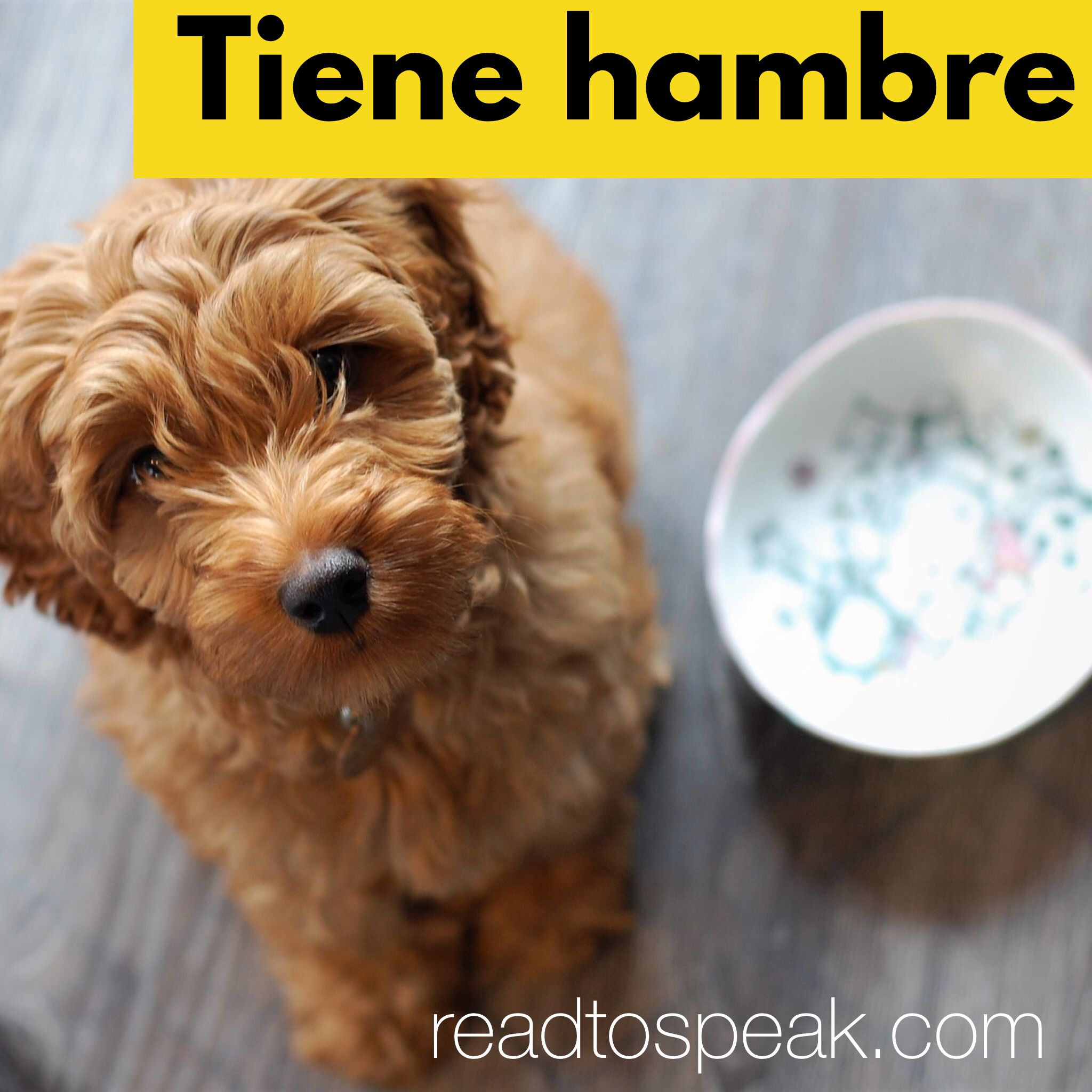
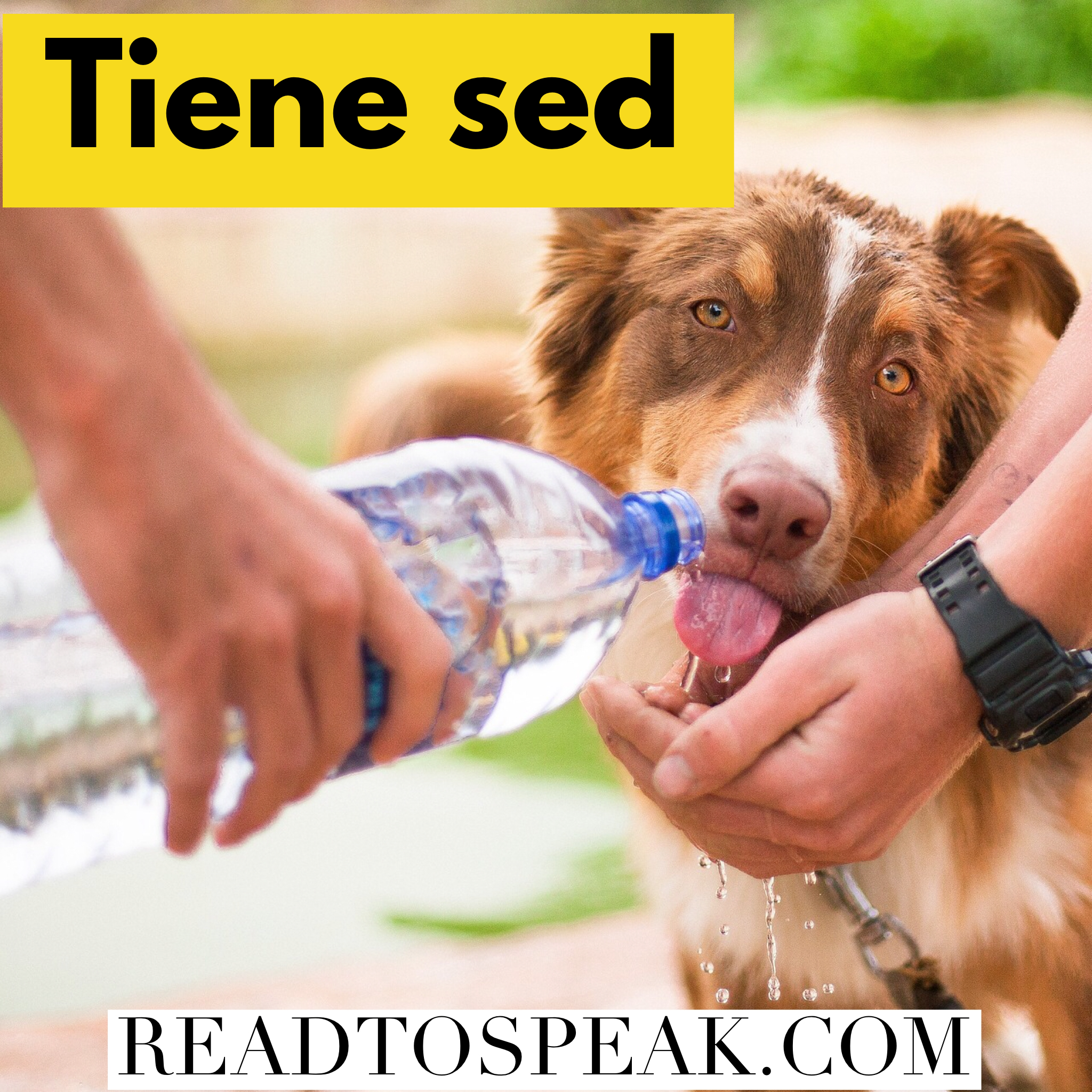
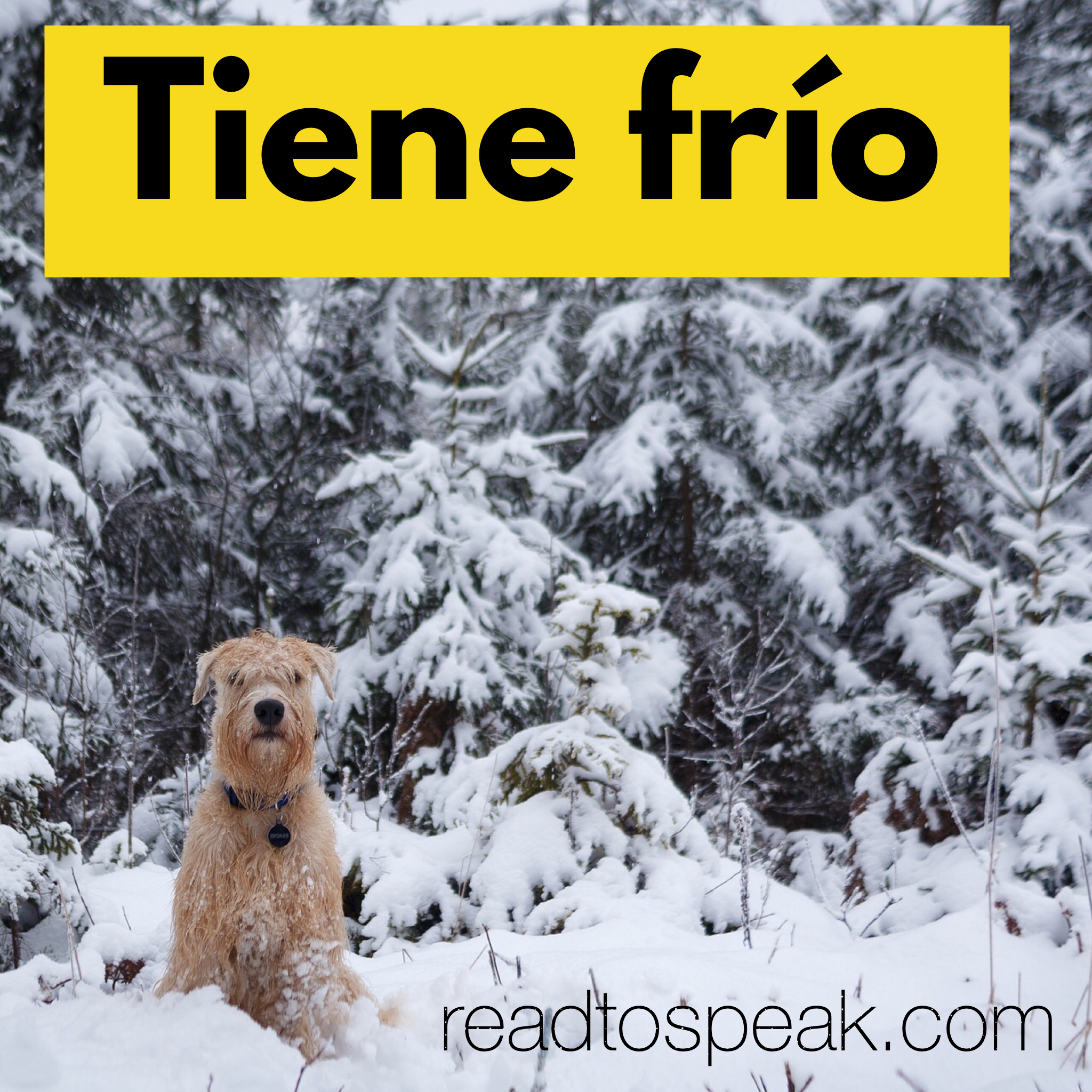
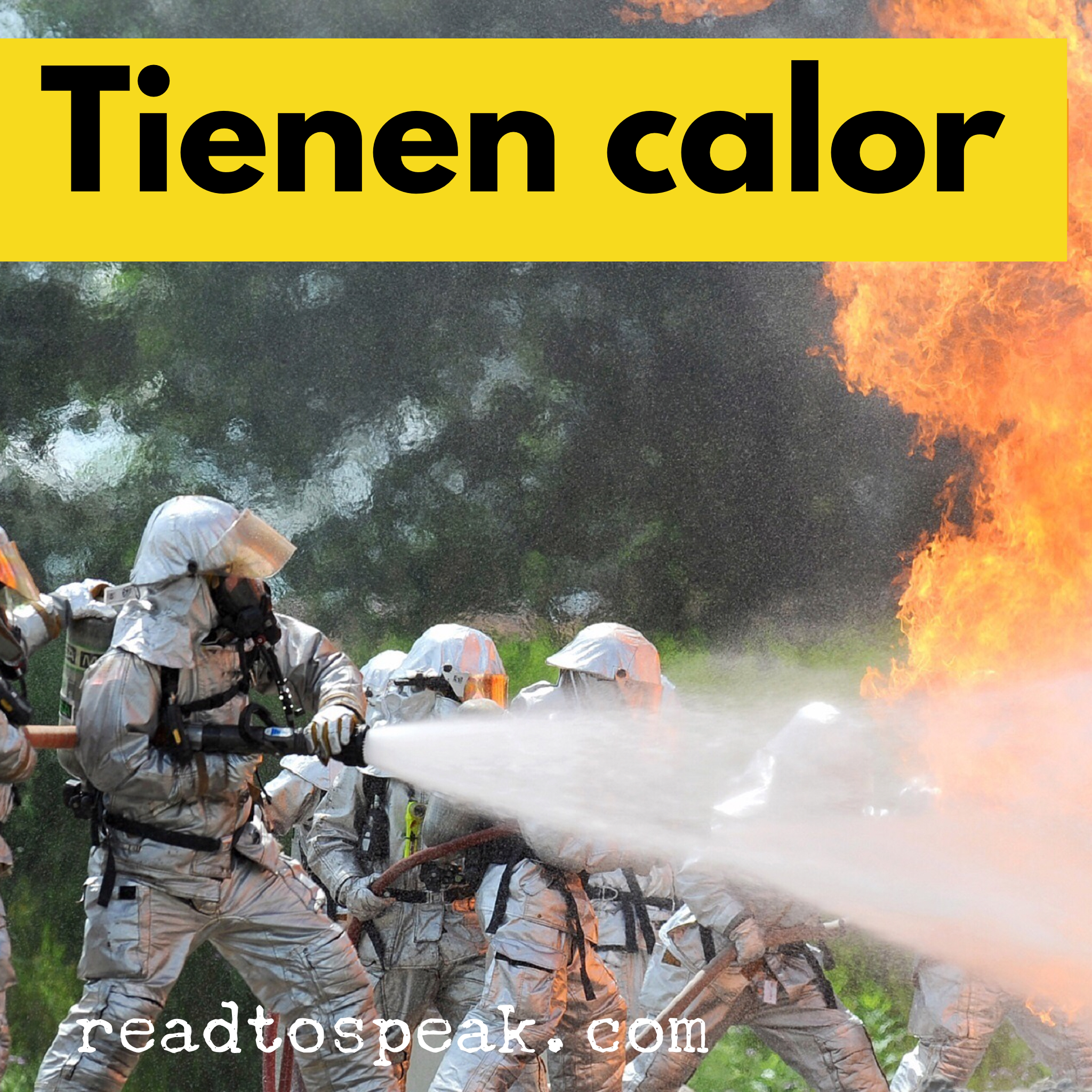
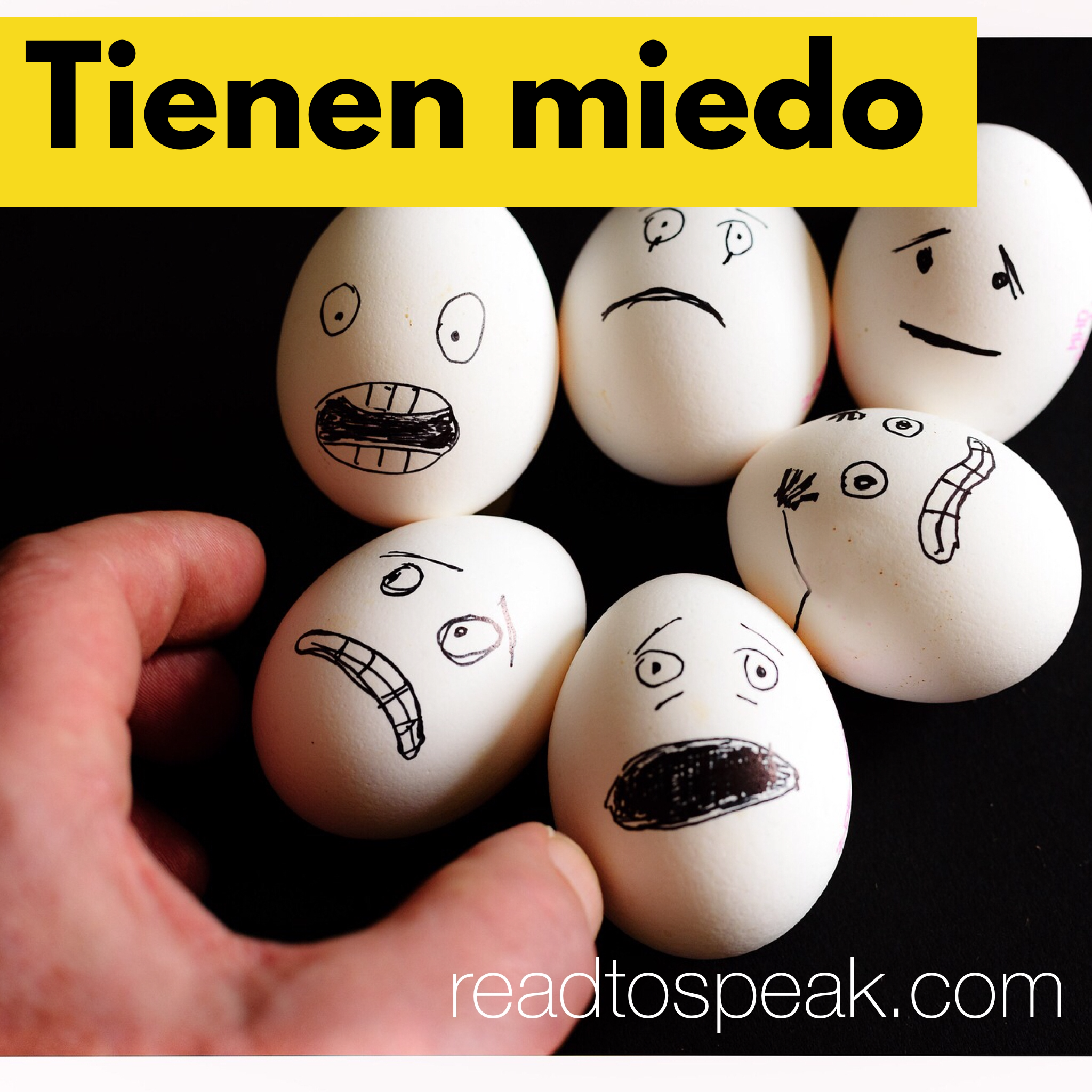
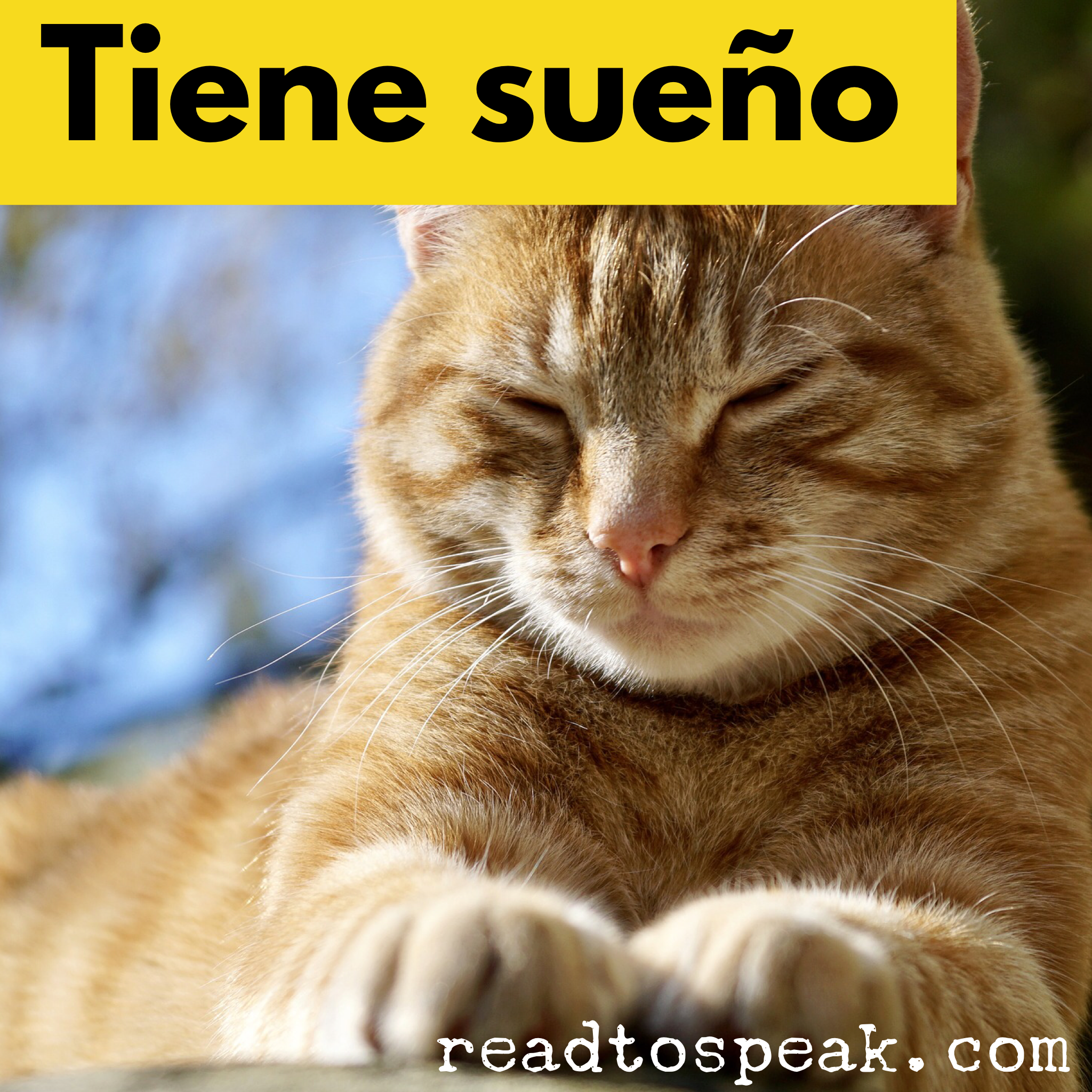
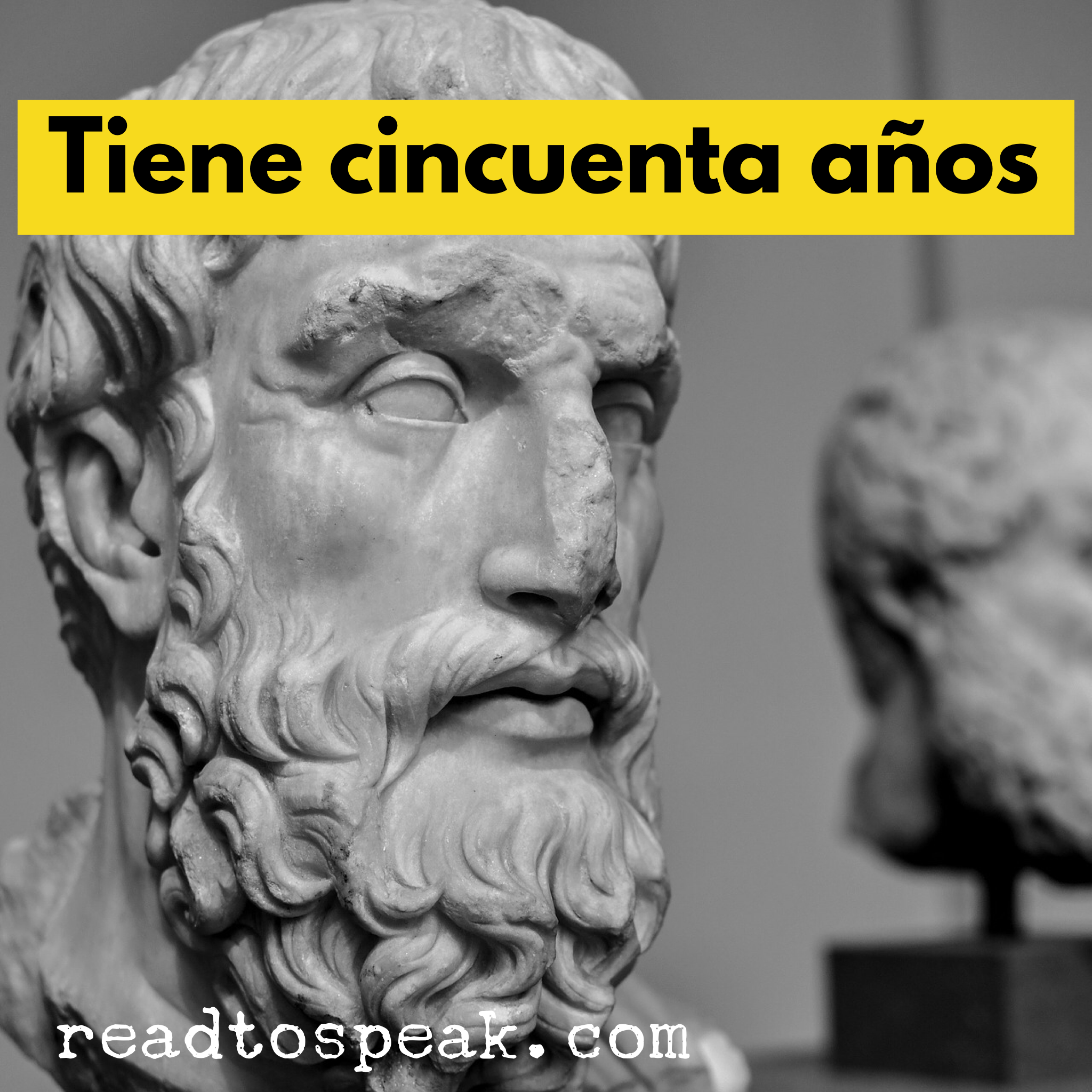


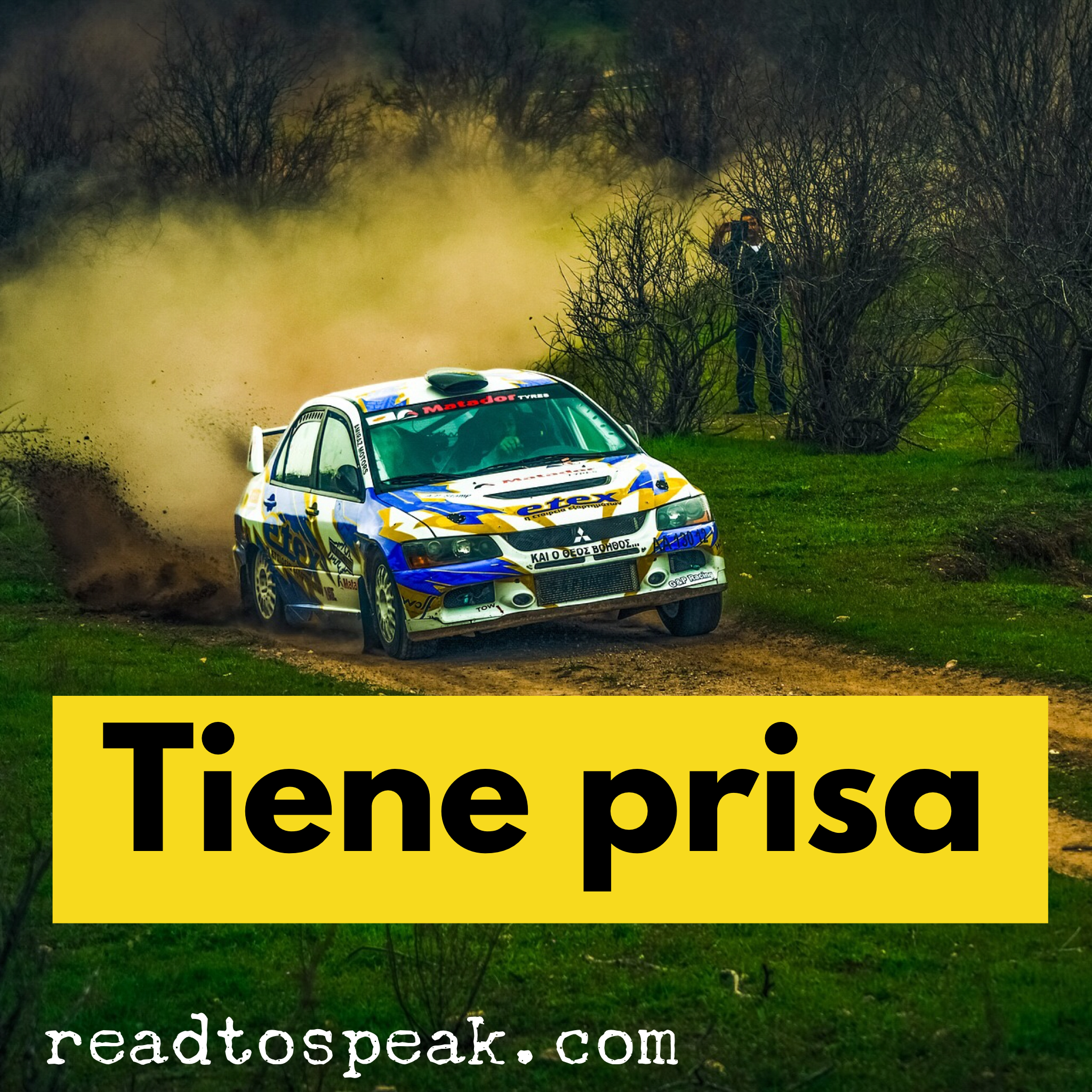
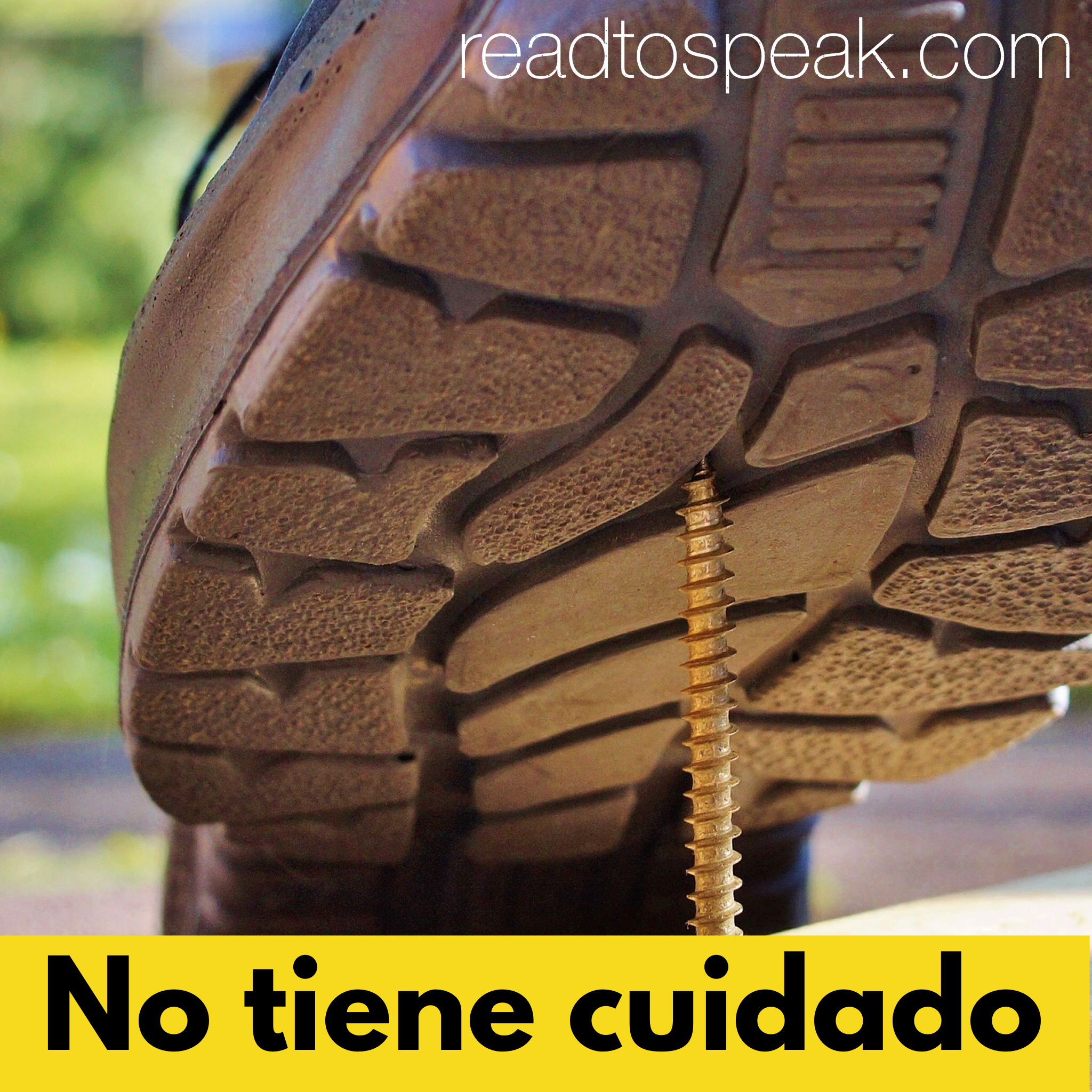
4b. querer - to want
Yo quiero tacos... ñam, ñam. Mmmmmmm, tacos.
For me, the verb "querer" is a top-five Spanish verb. You can go a long way in a Spanish class (and in the real world) if you can figure out what other people want, and express what you want. Focus on this verb until you feel comfortable using it. Below is a table that will help you see the different forms. Read through the examples for understanding. They should all be "in bounds" for you (i.e. the vocabulary should be familiar since it's mostly from High-Frequency Chunk A and High-Frequency Chunk B).
|
yo |
quiero |
I want |
|
tú |
quieres |
you want (informal) |
|
usted |
quiere |
you want (formal) |
|
él |
quiere |
he wants |
|
ella |
quiere |
she wants |
|
nosotros |
queremos |
we want |
|
nosotras |
queremos |
we want (all female group) |
|
ellos |
quieren |
they want |
|
ellas |
quieren |
they want (all female group) |
|
ustedes |
quieren |
you guys want |
|
(vosotros) |
(queréis) |
you guys want |
|
(vosotras) |
(queréis) |
you guys want |
quiero - i want
Yo quiero una hamburguesa.
Quiero una hamburguesa porque tengo hambre.
Quiero una casa grande.
Yo quiero un apartamento en la ciudad.
Quiero beber agua* porque tengo sed.
Quiero muchos amigos inteligentes.
Yo quiero tomar** tres clases este semestre.
Quiero tomar café.
Quiero un elefante.
No quiero un elefante grande.
Quiero un elefante pequeño.
Quiero un elefante muy pequeño.
Yo quiero ir al*** cine.
Quiero ir al laboratorio.
Quiero ir al laboratorio de lenguas****.
Quiero ir a clase.
Quiero ir a la biblioteca con mis amigos.
Quiero ir a la playa porque tengo calor.
Yo no quiero ir al hospital.
*beber = to drink, agua = water
**tomar = to take, to consume
****When we have the combination a el (to the) we change it to "al". All the others various of this will stay the same. See below.
a + el = al
a + la = a la
a + los = a los
a + las = a las
****lenguas = languages (literally, tongues)
quieres - you want (informal, tú)
Tú quieres ir al cine con tus amigos.
Quieres ir al cine con tus padres.
Quieres ir al estadio con tus hijos.
Tú no quieres ir al hospital.
No quieres ir a la playa porque tienes frío.
No quieres mucho.
No quieres tomar café.
¿Quieres ir al cine conmigo*?
¿Quieres ir al café con tus amigos?
¿Quieres ir a la playa con tus padres?
No quieres mucha tarea.
Quieres estudiar en la biblioteca.
Quieres estudiar con tus amigos.
No quieres tener hijos.
Quieres tener diez hijos.
*conmigo = with me
quiere - you want (formal, usted)
Usted quiere tomar muchas clases este año.
Usted quiere tener un hijo y una hija.
Usted quiere ir al laboratorio de lenguas con el profesor.
Quiere ir al cine.
Quiere ir a la casa de sus amigos.
Quiere ir al café con su mamá*.
¿Quiere ir al cine con nosotros?
¿Quiere usted un cafecito**?
Usted quiere un cafecito rico.
Usted quiere una casa grande en el centro de la ciudad.
¿Quiere ir a la playa?
*"mamá" is the shortened form of "madre". Likewise, "padre" is often shortened to "papá".
**sometimes we make words smaller and more endearing using the ending -ito or -ita. I frequently call my son "hijito", "pequeñito", and "chiquito" as a way of expressing affection.
quiere - he wants, she wants
Elena quiere un hipopótamo.
Ella no quiere un hipopótamo grande (¡Qué ridículo!).
Ella quiere un hipopótamo pequeño.
Quiere un hipopótamo muy pequeño.
Quiere un hipopótamo pequeñito.
Daniel quiere una jirafa alta.
Él no quiere una jirafa baja.
La chica quiere beber agua porque tiene sed.
El chico quiere una pizza porque tiene hambre.
Él no quiere una hamburguesa.
El profesor quiere ir a la playa.
Él no quiere ir a la universidad porque está cansado.
queremos - We want
Nosotros queremos una pizza.
Queremos una pizza porque somos gordos y tenemos mucha hambre.
No queremos una hamburguesa.
¡Queremos cinco hamburguesas!
Queremos ir a la playa porque tenemos calor.
No queremos ir a clase porque estamos cansados.
Queremos ir al estadio.
Queremos ver* un partido** de béisbol.
Nosotras queremos ir al laboratorio de lenguas.
Queremos estudiar el español.
Queremos ir al café.
Queremos tomar un cafecito delicioso.
*ver = to see, to watch
***partido = game, match
quieren - they want
Los padres quieren tener tres hijos inteligentes.
Los chicos quieren ir al cine.
Ellos quieren ver una película*.
Las no quieren ir a la playa de Alaska porque tienen frío.
Ellas quieren ir a la playa de Hawái.
Emiliano y Jaime quieren ver una película de acción.
Los hombres quieren ir al laboratorio porque tienen mucha tarea.
Las mujeres quieren ir a la biblioteca porque tienen mucha tarea.
Los padres no quieren ir a la universidad.
Ellos quieren ir a la ciudad.
Los hijos de Daniel y María no quieren ir a la biblioteca.
Federico y Gustavo quieren ir a la casa de sus padres.
Pedro y Diana no quieren ser gordos.
Ellos quieren ir al gimnasio.
*película = movie
Quieren - you guys want, ustedes
Ustedes quieren ser flacos.
Ustedes quieren ir al gimnasio.
No quieren ser gordos.
Quieren ser inteligentes.
Quieren ser muy inteligentes.
Ustedes quieren estudiar en la universidad.
Quieren estudiar el español.
¿Quieren ir al cine conmigo?
¿Quieren ir al cine con su amigo Pablo?
¿Quieren ir al restaurante conmigo?
¿Quieren ir al restaurante con sus amigos?
¿Quieren ir al estadio con Miguel?
¿Quieren ir a la playa con nosotros?
(quereis - you guys want, vosotros)
Vosotros queréis beber agua porque tenéis sed.
Vosotras queréis una hamburguesa porque tenéis hambre.
Queréis ir de vacaciones porque estáis cansados.
Queréis ir a California.
Queréis ir a la playa.
Vosotras queréis tomar un cafecito.
Queréis tomar un cafecito delicioso porque estáis cansadas.
¿Queréis ir al cine con nosotras?
¿Queréis ir a la biblioteca a estudiar conmigo?
¿Queréis ir al estadio a ver el partido de fútbol?
¿Queréis vosotros muchos hijos?
Vosotros queréis dos hijos y dos hijas.
A break in the Action: Days of the Week
I recommend memorizing these words using a song. You don't have to do it that way, but it's the fastest, least painful way I know to do it. Search YouTube and pick the song that will make you want to pull your hair out the least (Although the more annoying the song, the more memorable it will probably be. Thanks Katy Perry).
Los días de la semana
lunes - Monday
martes - Tuesday
miércoles - Wednesday
jueves - Thursday
viernes - Friday
sábado - Saturday
domingo - Sunday
4c. ir - to go
|
yo |
voy |
I go |
|
tú |
vas |
you go (informal) |
|
usted |
va |
you go (formal) |
|
él |
va |
he goes |
|
ella |
va |
she goes |
|
nosotros |
vamos |
we go |
|
nosotras |
vamos |
we go (all female group) |
|
ellos |
van |
they go |
|
ellas |
van |
they go (all female group) |
|
ustedes |
van |
you guys go |
|
(vosotros) |
(vais) |
you guys go |
|
(vosotras) |
(vais) |
you guys go |
Voy - i go
Yo voy a clase los lunes, miércoles y viernes.
Voy al laboratorio de lenguas todos los días*.
Yo voy al estadio con mis amigos.
Voy a la casa de mi padre el domingo.
Voy a la casa de mi madre el lunes.
Voy a la casa de mis padres el martes.
Voy a la casa de mis hijos el jueves.
Voy a la casa de mis hijas el sábado.
Voy a la casa de mi hijo el viernes.
Voy a la universidad los martes**.
Voy al gimnasio los martes y jueves.
Yo voy a la biblioteca a estudiar.
*todos los días - every day (literally "all the days")
**If we want to say "on" a given day in Spanish, we say "el" and the name of the day. "On Monday" becomes "el lunes".
el lunes = on Monday
los lunes = on Mondays
el martes = on Tuesday
los martes = on Tuesdays
...
el sábado = on Saturday
los sábados = on Saturdays
el domingo = on Sunday
los domingos = on Sundays
vas - you go (informal, tú)
Tú vas al café a estudiar.
Tú vas al estadio a ver el partido de fútbol americano* el domingo.
Tú vas al cine con tus amigos el viernes.
Tú vas a la casa de tus padres los fines de semana**.
Vas a la biblioteca los martes y jueves.
Vas a beber agua porque tienes sed.
Vas a beber Gatorade porque tienes mucha sed.
Vas a estudiar en la biblioteca.
¿Adónde vas los viernes?
¿Con quién vas al cine?
¿Con quién vas a la biblioteca?
¿Vas a la biblioteca con los estudiantes? o ¿vas a la biblioteca con los profesores?
¿Con quién vas al estadio?
¿Vas al estadio con tus amigos? o ¿vas al estadio con tus padres?
*fútbol = soccer (e.g. Seattle Sounders), fútbol americano = American football (e.g. Seattle Seahawks)
**los fines de semana = on weekends (fin = end, semana = week)
va - you go (formal, usted)
Usted va a la ciudad con sus padres.
Usted va al club con sus amigos.
Va al parque con sus hijos.
Va a la universidad todos los días.
Usted va a la biblioteca con los estudiantes.
Usted va a la casa de sus padres el viernes.
Va a la casa de su hijo el sábado y el domingo.
¿Adónde va usted los viernes?
¿Adónde va usted los sábados?
¿Adónde va usted el fin de semana?
Usted no va a beber agua porque no tiene sed.
Usted va a tomar café porque tiene sueño.
Usted va a beber Coca-Cola Light porque es un poco* gordo y quiere ser flaco.
*un poco = a little
va - he goes, she goes
El hombre va a la casa de su hijo.
La mujer va a la casa de sus hijos.
Ella va a la casa de sus amigas.
Él va a la casa de su padre.
El padre va a la casa de su hija.
El hombre va a tu casa.
El hombre va a mi casa.
¿Por qué* va el hombre a muchas casas diferentes?
La profesora inteligente va a la biblioteca.
El profesor tonto** no va a la biblioteca.
¿Adónde va la chica?
La chica va al cine con sus amigos.
¿Adónde va el chico?
El chico va al estadio de fútbol americano.
¿Por qué el chico va al restaurante?
Él va al restaurante porque tiene hambre.
¿Por qué va a la biblioteca la chica?
Ella va a la biblioteca porque quiere estudiar.
*¿por qué? = why?
** tonto = dumb, silly
vamos - we go
Nosotros vamos a la playa porque queremos descansar*.
Nosotras vamos a la Casa Blanca** en Washington, DC.
Vamos a la Casa Rosada*** en Buenos Aires, Argentina.
Vamos al parque con los chicos.
Vamos al cine con nuestros**** hijos.
Vamos a beber agua porque tenemos mucha sed.
¿Adónde vamos nosotros los sábados?
Nosotros vamos al club con nuestros amigos.
¿Adónde vamos nosotras los domingos?
Nosotras vamos a la iglesia*****.
Vamos al café porque queremos tomar café.
*descansar = to rest
**blanca = white
***rosada = pink (La Casa Rosada is the Argentine version of the White House).
**** nuestros = our (nuestro, nuestra, nuestros, nuestras)
*****la iglesia = the church
van - they go
Los hombres van a la iglesia los sábados.
Las mujeres van a la iglesia los domingos.
Los chicos no van a la universidad.
Las chicas no van a la casa de sus amigos.
Las estudiantes no van a la biblioteca los sábados.
Ellas van a la biblioteca los martes y jueves.
Los estudiantes no van a clase los sábados.
Ellos van a clase los lunes.
Los profesores no van a la universidad los domingos.
Ellos van a la universidad los jueves.
Las profesoras no van a la universidad los sábados.
Ellas van a la universidad los miércoles.
Los amigos van al cine el martes.
Los amigos van al restaurante porque tienen hambre.
Las chicas no van a la universidad porque tienen sueño.
Las chicas van a beber agua porque tienen sed.
Los hombres no van a la casa embrujada* porque tienen miedo.
*embrujada = haunted, bewitched
van - you guys go, ustedes
Ustedes van a la universidad en autobús*.
Ustedes van a la casa pequeña.
Ustedes van a la casa grande.
Ustedes van a la ciudad en tren**.
¿Van ustedes al partido de béisbol?
Ustedes no van al partido de fútbol.
¿Van ustedes a la biblioteca el jueves?
Van a la biblioteca el martes.
Ustedes van a la biblioteca con los otros*** estudiantes.
¿Adónde van ustedes?
Ustedes van a la casa de Bill Gates. (¿Es una casa muy pequeña?)
*en autobús = by bus
**en tren = by train
***otros = other
(vais - you guys go, vosotros)
Vosotros vais a la biblioteca.
Vosotras vais a la casa de vuestras* amigas.
Vais al hospital porque estáis enfermos**.
Vosotros no vais al hospital porque no estáis enfermos.
Vosotros vais a la clase de español todos los días.
Vosotras vais a la playa porque queréis descansar.
Vosotros vais al restaurante porque tenéis hambre.
Vais a México porque queréis ir de vacaciones.
¿Adónde vais vosotras los viernes?
¿Con quién vais al cine los sábados?
*vuestras = your, (y'all's?)
**enfermos = sick
ir a + [verbo] - A Simple Way to Talk About the Future
Just like in English, we use the verb to go (ir) to talk about what we are going to do. In Spanish, we express this in the following ways:
voy a - I'm going to
vas a - you're going to (tú)
va a - you're going to (usted)
va a - he/she is going to
vamos a - we're going to
van a - they're going to
van a - you guys are going to
(vais a - you guys are going to, vosotros)
Use one of these expressions and add another verb (see the sections on -ar, -er, or -ir verbs) to say what it is you're going to do. Consider the example below:
"Yo hablo" (I speak) becomes "Yo voy a hablar" (I'm going to speak).
Más ejemplos de ir a + verbo:
Yo voy a comer chocolate.
Tú vas a beber agua en el gimnasio.
Usted va a estudiar en la biblioteca.
Nosotros vamos a bailar en la fiesta.
Ellos van a correr en el parque.
Fun Places to Visit with the verb "ir"
Now that you have seen the verb "ir - to go" in context, here's a list of some other places you might visit using this magical verb.
el aeropuerto - the airport
el almacén - the warehouse, the department store
el banco - the bank
el bosque - the forest
el café - the coffee house
el hospital - the hospital
el supermercado - the supermarket
la tienda - the store
la cafetería - the cafeteria
la cervecería - the brewery (tengo sed)
la clínica - the clinic
la florería - the flower shop
la farmacia - the pharmacy
la iglesia - the church
la joyería - the jewelry store
la librería - the bookstore
la panadería - the bakery (tengo hambre)
la pastelería - the pastry/cake shop
la peluquería - the barber/hairdresser
la perfumería - the perfume store
Ready to start reading fiction yet? It's okay if you're not quite there. If you are ready, try to incorporate reading into your language learning routine. Reading short, comprehensible, quirky or otherwise engaging stories will take your mind off the grammar and get you focused on the message. Mentally processing these messages will lead directly to true acquisition.
Discover the Joy of Spanish Through Storytelling
Crafted from over a decade of innovative teaching experience, this book offers a fresh and engaging approach to acquiring Spanish. Dive into stories that are not just educational but also entertaining, humorous, and sometimes outright absurd.
5. High-Frequency Vocabulary Chunk D
Sustantivos (People, places, things)
los abuelos - the grandparents
el abuelo - the grandfather
la abuela - the grandmother
el primo - the cousin
la prima - the cousin
el novio - the boyfriend
la novia - the girlfriend
la gente - the people
el dinero - the money
el trabajo - the job, work
la comida - the food
la bebida - the drink
el centro - the downtown
el centro comercial - the mall
verbos (action words)
See sections 5a and 5b for tons of verbs and examples in context,
otros (adjetivos, adverbios, etc.)
fácil - easy
difícil - difficult
perezoso, perezosa - lazy
simpático - nice
antipático, antipática - mean, unpleasant
amable - friendly
agradable - pleasant
feo, fea - ugly
sin - without
5a. -AR Verbs
The ending of verbs (action words) in Spanish change depending on who does the action in the sentence. Your Spanish 101 textbook will group these verbs into three categories: verbs that end in -AR, verbs that end in -ER, and verbs that end in -IR (we'll look at these later).
Below is a table showing the different endings for -AR verbs:
|
yo |
-o |
|
tú |
-as |
|
usted |
-a |
|
él/ella |
-a |
|
nosotros/nosotras |
-amos |
|
ellos/ellas |
-an |
|
ustedes |
-an |
|
(vosotros/vosotras) |
(-áis) |
Let's look at the verb "hablar" as an example -AR verb:
|
hablar - to speak |
|
English |
|
yo |
hablo |
I speak |
|
tú |
hablas |
you speak (informal) |
|
usted |
habla |
you speak (formal) |
|
él/ella |
habla |
he/she speaks |
|
nosotros/nosotras |
hablamos |
we speak |
|
ellos/ellas |
hablan |
they speak |
|
ustedes |
hablan |
you guys speak |
|
(vosotros/vostoras) |
(habláis) |
(you guys speak) |
Other -AR Verbs
Earlier I said that studying long lists of vocabulary wasn't the best way to acquire language. It's not. That said, I wanted to show you the number of words that follow the pattern of the verb hablar above, so I made a long list. Knowing these words and how to use their different forms will get you a long ways in a college Spanish 101 class. With that in mind, briefly study the list of -AR verbs below, and then look at the examples. Only refer back to the list and the chart above if you can't remember what the verb means or you can't remember who is doing the action in the example sentences.
bailar - to dance
bucear - to scuba dive
caminar - to walk
comprar - to buy
contestar - to answer
desayunar - to eat breakfast
desear - to desire
dibujar - to draw
enseñar - to teach, to show
escuchar - to listen
escuchar música - to listen to music
esperar - to wait, to hope
estudiar - to study
explicar - to explain
fumar - to smoke
ganar - to win, to earn
gastar - to spend
invitar - to invite
llamar - to call
llegar - to arrive
llevar - to bring with, to carry, to wear
mirar - to watch
nadar - to swim
necesitar - to need
pagar - to pay
pasear - to take a walk, take a stroll
pegar - to hit
pintar - to paint
practicar - to practice
preguntar - to ask a question
preparar - to prepare
regresar - to return
tocar - to play an instrument, to touch
trabajar - to work
tomar - to take, to consume, to drink
usar - to use, to wear
viajar - to travel
Ejemplos en contexto
Yo bailo en el club los viernes.
Tú buceas en el océano pacífico porque quieres ver muchos peces.
Usted contesta el teléfono.
Ella camina al parque con sus abuelos.
Él compra una bicicleta para su hijo.
Mis primos y yo desayunamos con nuestra abuela.
Nosotras deseamos ir a Disneyland.
Ellas dibujan un dinosaurio verde*.
Los profesores enseñan una clase de matemáticas.
Ustedes escuchan la radio en su carro.
(Vosotros esperáis tres horas antes de** llamar al hospital)
Yo estudio las ciencias naturales.
Tú explicas el concepto a tu amigo.
Usted gasta todo el dinero que gana.
Él no fuma porque es muy activo.
Ella gana el partido de tenis.
La gente espera por mucho tiempo en el banco.
Nosotros llegamos a la universidad a las cinco de la tarde***.
Nosotras llevamos a nuestros hijos a la escuela.
Ellas miran dos horas de televisión todos los días.
Ellos nadan en el Océano Atlántico
Ustedes necesitan tomar un cafecito rico****.
(Vosotros pagáis a vuestras hijas porque ellas trabajan mucho.)
Yo paseo con mi abuela todos los sábados.
Tú pegas a tu amigo Juan porque es cretino, imbécil e idiota.
Usted pinta mucho en la clase de arte.
Él practica al voleibol en Río de Janeiro, Brasil porque le gusta hablar portugués.
Ella pregunta al profesor que si***** hay un examen.
Nosotros prepararmos una pizza deliciosa.
Teresa y yo regresamos a la casa después de****** un día muy largo.
Ellos tocan la guitarra en la clase de música.
Ellas trabajan en el supermercado los lunes, martes y viernes.
Ustedes toman mucho café porque tienen un examen.
Yo uso una blusa******* fea.
Tú bailas con tu novia en el club.
Usted bucea en Puerto Vallarta con su novio.
Él no camina mucho porque es perezoso.
Ella compra una bebida en el centro comercial.
La gente desayuna en el centro.
Nosotros contestamos la pregunta en la clase de español porque estudiamos mucho
Nosotras deseamos hablar con nuestros abuelos.
Ellos dibujan un elefante pequeño.
Las profesoras enseñan una clase de física.
Ustedes escuchan música en su teléfono celular.
(Vosotros estudiáis en la biblioteca con vuestros primos).
Yo explico la tarea a mi novia.
Tú fumas como chacuaco*******.
Él gana mucho dinero porque trabaja en IHOP.
Ella gasta mucho dinero porque trabaja en el centro comercial.
Usted llega al centro comercial a las cinco de la tarde.
La gente lleva blanco y rojo********* en el festival.
Nosotros miramos el partido de fútbol americano en el bar.
Nosotras nadamos en la playa de Hawái.
Ellos necesitan practicar el italiano porque tienen un examen difícil.
Ellas pagan por nosotros porque son muy simpáticas.
Ustedes pegan a Julio porque es muy antipático.
(Vosotras paseáis en el centro comercial con vuestros abuelos).
Yo pinto una obra maestra********** en mi clase de arte moderna.
Tú no practicas la trompeta mucho porque es un instrumento fácil.
Usted toca el piano en el centro comercial.
Ella prepara panqueues para su hijo.
Él no regresa hasta*********** el martes.
Nosotros trabajamos en Starbucks porque queremos tomar mucho café.
Ustedes toman mucho café porque trabajan en Starbucks.
Ellas usan vestidos************ de colores bonitos.
(Vosotros viajáis a España porque queréis usar la forma "vosotros")
* verde = green
** antes de = before
*** a las cinco de la tarde = at five in the afternoon
Refer to the section on telling time near the end of this study guide for more information.
**** "rico" is used more often than "delicioso", but it means the same thing. ¡Qué rico!
***** si = if
****** después de = after
******* blusa = blouse
********fumas como chacuaco = you smoke like a chimney
********* blanco y rojo = white and red
********** una obra maestra = masterpiece
*********** hasta = until
************ vestidos = dresses
A break in the action: spanish colors
Click or tap the photo below to see more colors.
5b. -ER and -IR Verbs
Like -AR verbs, -ER and -IR verbs have different endings. These endings are used to show who does the action in a sentence. Thus, we need to use a different ending depending on who does the action in the sentence. Your college Spanish textbook will likely group these two kinds of verbs together, so we will do the same here. Consider the charts below and notice the slight differences.
For many, the chart that follow are actually more confusing than the concept itself. If you look at the verb tables and feel the anxiety attack coming on, just skip to the examples. You'll learn it better by mentally processing tons of examples in the language anyway.
|
-ER verbs |
-IR Verbs | ||
|
yo |
-o |
yo |
-o |
|
tú |
-es |
tú |
-es |
|
usted |
-e |
usted |
-e |
|
él/ella |
-e |
él/ella |
-e |
|
nosotros/nosotras |
-emos |
nosotros/nosotras |
-imos |
|
ellos/ellas |
-en |
ellos/ellas |
-en |
|
ustedes |
-en |
ustedes |
-en |
|
(vosotros/vosotras) |
(-éis) |
(vosotros/vosotras) |
(-ís) |
Example -ER & -IR Verbs
|
comer - to eat |
|
English |
|
yo |
como |
I eat |
|
tú |
comes |
you eat (informal) |
|
usted |
come |
you eat (formal) |
|
él/ella |
come |
he/she eats |
|
nosotros/nosotras |
comemos |
we eat |
|
ellos/ellas |
comen |
they eat |
|
ustedes |
comen |
you guys eat |
|
(vosotros/vostoras) |
(coméis) |
(you guys eat) |
|
escribir - to write |
|
English |
|
yo |
escribo |
I write |
|
tú |
escribes |
you write (informal) |
|
usted |
escribe |
you write (formal) |
|
él/ella |
escribe |
he/she writes |
|
nosotros/nosotras |
escribimos |
we write |
|
ellos/ellas |
escriben |
they write |
|
ustedes |
escriben |
you guys write |
|
(vosotros/vostoras) |
(escribís) |
(you guys write) |
abrir - to open
aprender a* - to learn
asistir a** - to attend
beber - to drink
comer - to eat
compartir - to share
comprender - to understand, to comprehend
correr - to run
creer - to believe, to think
creer en - to believe in
deber - should, ought to
decidir - to believe
describir - to describe
escribir - to write
leer - to read
recibir - to receive
venir*** - to come, to come over
vivir - to live
*Some verbs in Spanish take an 'a'. There are about 40 of these verbs. Ish. I didn't count. The best way to remember that is just to say to yourself, "Oh, this one takes an 'a'". If you forget, it's not the end of the world.
**Some words in Spanish look like an English word, but mean something different. This is one of those cases. Most of the time the words that look like English will mean what it looks like.
*** "Venir" is special. It is a lot like" tener".
tener - venir
tengo - vengo
tienes - vienes
tiene - viene
tenemos - venimos
tienen - vienen
tenéis - venís
Ejemplos de verbos -ER & -IR
Yo abro el paquete*.
Tú aprendes a hablar español.
Usted asiste a una universidad pública.
Él bebe una limonada porque tiene sed.
Ella come una ensalada porque no tiene mucha hambre.
Nosotros compartimos con nuestros amigos.
Nosotras comprendemos el concepto bien.
Ustedes creen en Dios**.
Ellas corren todas las mañanas***.
Ellos deben tomar más café.
(Vosotros decidís estudiar en el parque.)
Yo describo los eventos con mucha claridad****.
Tú escribes un poema para tu novio.
Usted lee un mensaje***** importante.
Ella recibe un mensaje de texto.
Él viene a la casa esta noche******.
Nosotros vivimos en Seattle, Washington.
Ellos abren la puerta.
Daniela y Diana aprenden a bailar tango en Buenos Aires, Argentina.
Ustedes asisten a clase todos los días.
(Vosotras bebéis una Coca Cola Light porque tenéis sed.)
Yo como una pizza porque soy un poco gordo y tengo mucha hambre.
Tú compartes con tu familia.
Usted comprende la verdad*******.
Él corre en el parque con su abuelo muy viejo.
Ella cree que su hijo es muy inteligente.
Nosotras debemos preparar la comida.
José, Omar y yo decidimos pintar la casa de color rojo.
Tú y yo describimos nuestro futuro perfecto.
Ustedes escriben una novela de ciencia ficción.
Ellos leen una novela de ciencia ficción.
Ellas reciben un paquete misterioso.
Guillermo y Estefanía vienen a la fiesta a las cinco de la tarde.
(Vosotros venís al partido de fútbol)
Yo vivo en una casa grande en el centro de la ciudad.
Tú abres el regalo de cumpleaños********.
Usted asiste a un concierto de Rock.
Él bebe soda porque tiene sed.
Ella come pan porque tiene hambre.
Nosotros compartimos con la gente de la comunidad.
Nosotras comprendemos francés perfectamente.
Timoteo y yo corremos por la mañana.
Inés y yo creemos en fantasmas.
Tú y yo leemos mucho.
Ustedes deben trabajar menos*********.
Ellos deciden leer más.
Ellas describen su novio ideal.
(Vosotros recibís muchos regalos.)
* el paquete = the package
** Dios = God
*** todas las mañanas = every morning (literally "all the mornings")
**** claridad = clarity.
Lots of Spanish words will end in "-dad". Those words usually end in "-ty" in English. "Electricity" becomes "electricidad", "city" becomes "ciudad", "community" becomes "comunidad", etc.. All of these words are feminine.
la electricidad
la ciudad
la comunidad
***** mensaje = message
****** esta noche = tonight (literally "this night")
******* la verdad = the truth
******** el regalo = the present, cumpleaños = birthday
********* menos = less
Possessive Adjectives (my, your, his, her, etc.)
|
Español |
Inglés |
|
mi, mis |
my |
|
tu, tus |
your (informal, tú) |
|
su, sus |
his/her |
|
su, sus |
your (formal, usted) |
|
nuestro, nuestra nuestros, nuestras |
our |
|
su, sus |
your (ustedes) |
|
su, sus |
their |
|
(vuestro, vuestra, vuestros, vuestras) |
(your, vosotros) |
hacer - to do, to make
Hacer is another high-frequency verb. Like "tener", the "yo" form ends in "-go".
|
yo |
hago |
|
tú usted |
haces hace |
|
él/ella |
hace |
|
nosotros/nosotras |
hacemos |
|
ellos/ellas |
hacen |
|
ustedes |
hacen |
|
(vosotros/vosotras) |
(hacéis) |
Ejemplos de hacer:
Yo hago la tarea todos los días.
Tu esposo hace la cama a las nueve de la mañana
Nuestros amigos hacen pastel de chocolate.
Tú haces muchas actividades después de clase.
Nosotros hacemos snowboardingtodos los sábados.
¿Qué hora es? - Telling Time in Spanish
Click the arrow or slide the photo below for more examples. Remember to add "de la mañana" (in the morning), "de la tarde" (in the afternoon), and "de la noche" (at night) to express what time of day it is.
1 = Es la una.
2 = Son las dos.
3 = Son las tres.
4 = Son las cuatro.
5 = Son las cinco.
6 = Son las seis.
7 = Son las siete.
8 = Son las ocho.
9 = Son las nueve.
10 = Son las diez.
11 = Son las once.
12 = Son las doce.
¿A qué hora? - At what hour?
When you want to tell at what time something happens, you should use "a las" instead of "son las" ("a la una" instead of "es la una").
Voy a comer a la una.
Vas a bailar a las dos.
Usted va a McDonald's a las tres.
Ella va al restaurante a las cuatro.
Él va a la biblioteca a las cinco.
Nosotros vamos al estadio a las seis.
Nosotras vamos a la casa de nuestros padres a las siete.
Ustedes van a la universidad a las ocho.
Ellos van a la cervecería a las nueve.
Ellas van a la panadería a las diez.
(Vosotros vais al parque a las once.)
(Vosotras vais al centro histórico a las doce.)
Bonus video on Telling Time. Sort of. Okay, not really at all. Writing this just made me think of this video. Whatever. It's funny.
Stem-Changing Verbs (o:ue, e:ie, e:i)
|
Poder– to be able (can) – o:ue |
||
|
yo |
puedo |
I can |
|
tú usted |
puedes puede |
you can you can |
|
él/ella |
puede |
he/she can |
|
nosotros/nosotras |
podemos |
we can |
|
ellos/ellas |
pueden |
they can |
|
ustedes |
pueden |
you guys can |
|
(vosotros/vosotras) |
(podéis) |
(you guys can) |
Ejemplos
Yo puedo hablar español porque estudio mucho.
Tú puedes bailar tango en Buenos Aires, Argentina.
Usted puede viajar a México porque tiene familia en Guadalajara.
Él puede no comer una pizza porque está a dieta.
Ella puede escribir una composición de diez páginas.
Nosotros podemos practicar deportes.
Nosotras podemos nadar en el océano.
Ellos pueden pasear en el parque.
Ellas pueden caminar al supermercado.
Ustedes pueden ir al partido de fútbol.
(Vosotros podéis hacer ejercicio en el gimnasio.)
|
empezar – to start |
||
|
yo |
empiezo |
I start |
|
tú |
empiezas |
you start |
| usted |
empieza |
you start |
|
él/ella |
empieza |
he/she starts |
|
nosotros/nosotras |
empezamos |
we start |
|
ellos/ellas |
empiezan |
they start |
|
ustedes |
empiezan |
you guys start |
|
(vosotros/vosotras) |
(empezáis) |
(you guys start) |
Ejemplos
Yo empiezo a correr porque tengo miedo.
Tú empiezas a tomar agua porque tienes sed.
Usted empieza a comer una hamburguesa porque tiene hambre.
Ella empieza a comprender el concepto.
Él empieza a leer el periódico en Internet.
La clase empieza a las ocho de la mañana.
Nosotros empezamos a bucear porque vivimos en Hawái.
Nosotras empezamos a dibujar porque somos artistas.
Ellos empiezan a escuchar música.
Ellas no empiezan a fumar porque son muy activas.
Ustedes empiezan a pegar a José porque es un cretino imbécil e idiota (¡Pobre José!)
(Vosotras empezáis a tocar el tambor.)
|
pedir– to ask for e:i |
||
|
yo |
pido |
I ask for |
|
tú |
pides |
you ask for |
|
usted |
pide | you ask for |
|
él/ella |
pide |
he/she asks for |
|
nosotros/nosotras |
pedimos |
we ask for |
|
ellos/ellas |
piden |
they ask for |
|
ustedes |
piden |
you guys ask for |
|
(vosotros/vosotras) |
(pedís) |
(you guys ask for) |
Ejemplos
Yo pido una hamburguesa en el restaurante.
Tú pides la ayuda de tus padres.
Usted pide el vino blanco.
Ella pide el pescado.
Su novio pide el bistec.
Nosotros pedimos dinero a nuestros amigos.
Nosotras pedimos un aventón*.
Ellas piden el arroz con pollo.
Ellos piden las empanadas de carne.
Marcos y tú piden las papas fritas.
(Vosotras pedís la confianza** de vuestros amigos.)
* un aventón = a ride
** confianza = confidence, trust
More Verbs that Change Stem
volver (o:ue) – to return
dormer (o:ue) – to sleep
cerrar (e:ie) – to close
servir (e:i) – to serve
soñar (o:ue) – to dream
preferir (e:ie) - to prefer
entender* (e:ie) - to understand
jugar (u:ue) - to play**
*You may have learned this at the beginning of the term as a "chunk phrase" in class. "No entiendo"
** "jugar" is the only verb you will see that has the pattern u:ue
Other Irregular "yo" verbs
|
salir – to leave, to go out |
||
|
yo |
salgo |
I leave, I go out |
|
tú |
sales |
you leave, you go out |
| usted |
sale |
you leave, you go out |
|
él/ella |
sale |
he/she leaves, he/she goes out |
|
nosotros/nosotras |
salimos |
we leave, we go out |
|
ellos/ellas |
salen |
they leave, they go out |
|
ustedes |
salen |
you guys leave, you guys go out |
|
(vosotros/vosotras) |
(salís) |
(you guys leave, yo guys go out) |
|
poner – to put |
||
|
yo |
pongo |
I put |
|
tú |
pones |
you put |
| usted |
pone |
you put |
|
él/ella |
pone |
he/she puts |
|
nosotros/nosotras |
ponemos |
we put |
|
ellos/ellas |
ponen |
they put |
|
ustedes |
ponen |
you guys put |
|
(vosotros/vosotras) |
(ponéis) |
(you guys put) |
|
traer – to bring |
||
|
yo |
traigo |
I bring |
|
tú |
traes |
you bring |
| usted |
trae |
you bring |
|
él/ella |
trae |
he/she brings |
|
nosotros/nosotras |
traemos |
we bring |
|
ellos/ellas |
traen |
they bring |
|
ustedes |
traen |
you guys bring |
|
(vosotros/vosotras) |
(traéis) |
(you guys bring) |
Things Happening Right Now (The Present Progressive)
estar + -ando (-ar verbs) / -iendo (-er/-ir verbs)
comer >> comer >> com + iendo = comiendo
hablar >> hablar >> habl + ando = hablando
Examples:
Estoy comiendo pizza.
Estoy hablando con mis hermanos.
Estás bailando salsa.
Estás viviendo en España.
Él está bebiendo jugo.
Ella está tomando café.
Usted está cortando un árbol de Navidad.
Nosotros estamos jugando al béisbol.
Nosotras estamos escribiendo.
Ellos están preparando una ensalada deliciosa.
Ellas están escribiendo una novela interesante.
Ustedes están practicando su portugués.
Irregulares:
There are a few of these that do a stem change. They are only –ir verbs that have a stem change in the present (e.g. dormer >> duerme). In this form, it goes from o:u. Other verbs go from e:i
Yo estoy durmiendo.
Tú estás pidiendo ayuda (pedir ayuda – To ask for help)
Usted está sirviendo el desayuno. (servir)
Nosotros estamos diciendo la verdad. (decir)
Ustedes están mintiendo. (mentir – to lie)
There are some other irregulars as well.
leer – leiendo… when you have this many vowels in a row, it changes to leYendo.
oír – oiendo… >> oYendo.
Yo estoy leyendo un libro.
Tú estás oyendo música.
etc.
Click or tap the photo below to see another example sentence with the "present progressive".
Direct Object (DO) Pronouns
We use small words to replace words or phrases previously stated. This saves time and is less repetitive. With one verb, the little word has to go right in front of the verb. The direct object is the thing being “verbed” in the sentence.
Ejemplos
Yo corto el árbol. >> Yo lo corto.
Yo quiero cortar el árbol. >> Yo lo quiero cortar. / Yo quiero cortarlo.
Tú quieres la computadora Apple. >> Tú la quieres.
Tú quieres usar la computadora. >> Tú la quieres usar. / Tú quieres usarla.
Él tiene los pasaportes. >> Él los tiene.
Él necesita conseguir los pasaportes. >> Él los necesita conseguir. / Él necesita conseguirlos.
Nosotros comemos las pizzas. >> Nosotros las comemos.
Nosotros queremos comer las pizzas. >> Nosotros las vamos a comer. / Nosotros vamos a comerlas.
Ellos estudian las matemáticas. >>Ellos las estudian.
Ellos quieren estudiar las matemáticas. >> Ellos quieren estudiarlas. Ellos las quieren estudiar.
Ellas practican al tenis. >> Ellas lo practican.
Ustedes desean un carro Lamborghini. >> Ustedes lo desean.
Negative versions of the examples:
No lo quiero cortar/ no quiero cortarlo.
Tú no la quieres.
Tú no la quieres usar/Tú no quieres usarla.
Él no los tiene.
Él no los necesita conseguir/él no necesita conseguirlos.
Nosotros no las comemos.
Nosotros no las vamos a comer/Nosotros no vamos a comerlas.
With the present progressive:
Estamos comiendo la pizza. >> Estamos comiéndola. / La estamos comiendo.
Estás bebiendo el jugo. >> Estás bebiéndolo. / Lo estás bebiendo.
Click or tap the photo below for more example sentences that use direct object pronouns in Spanish.

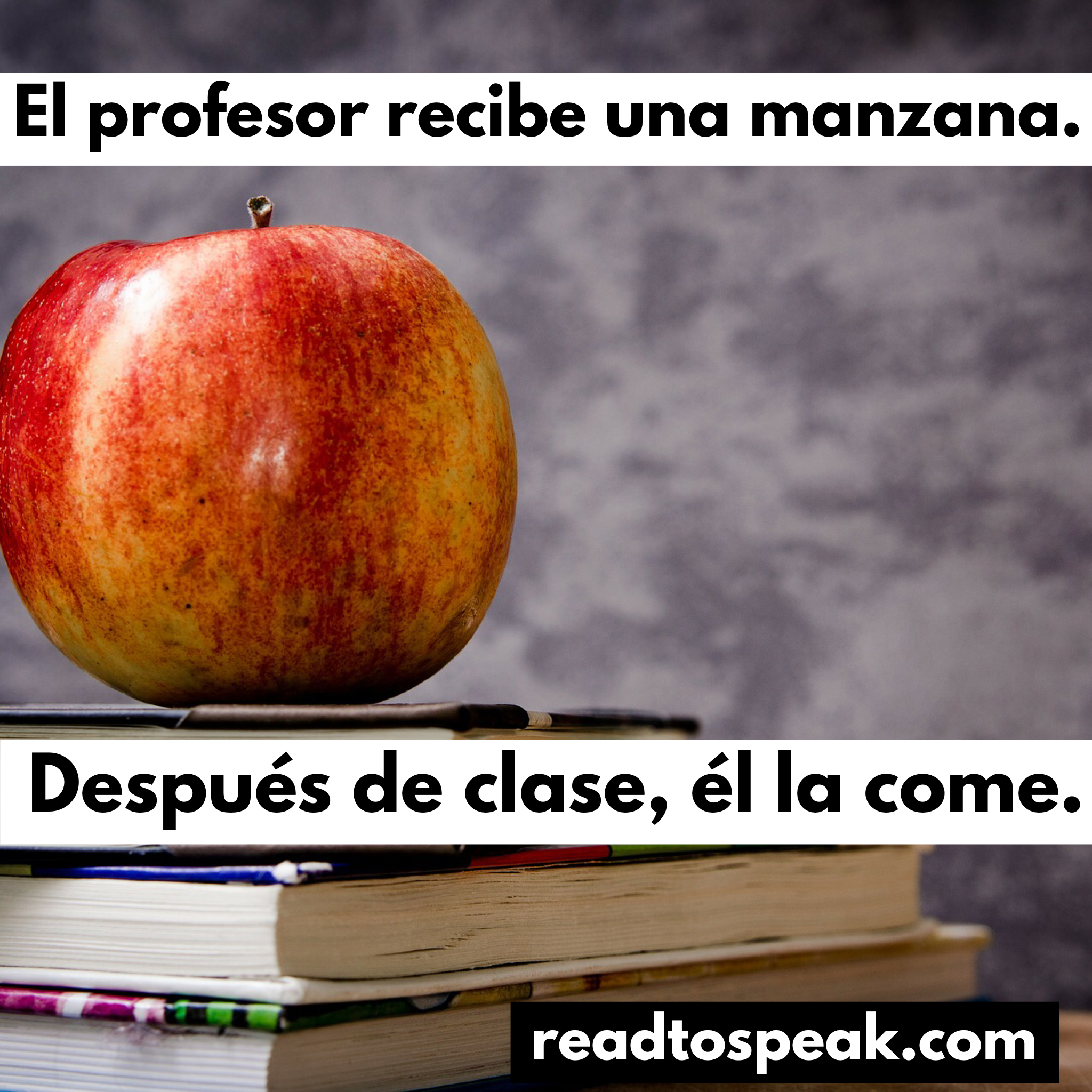
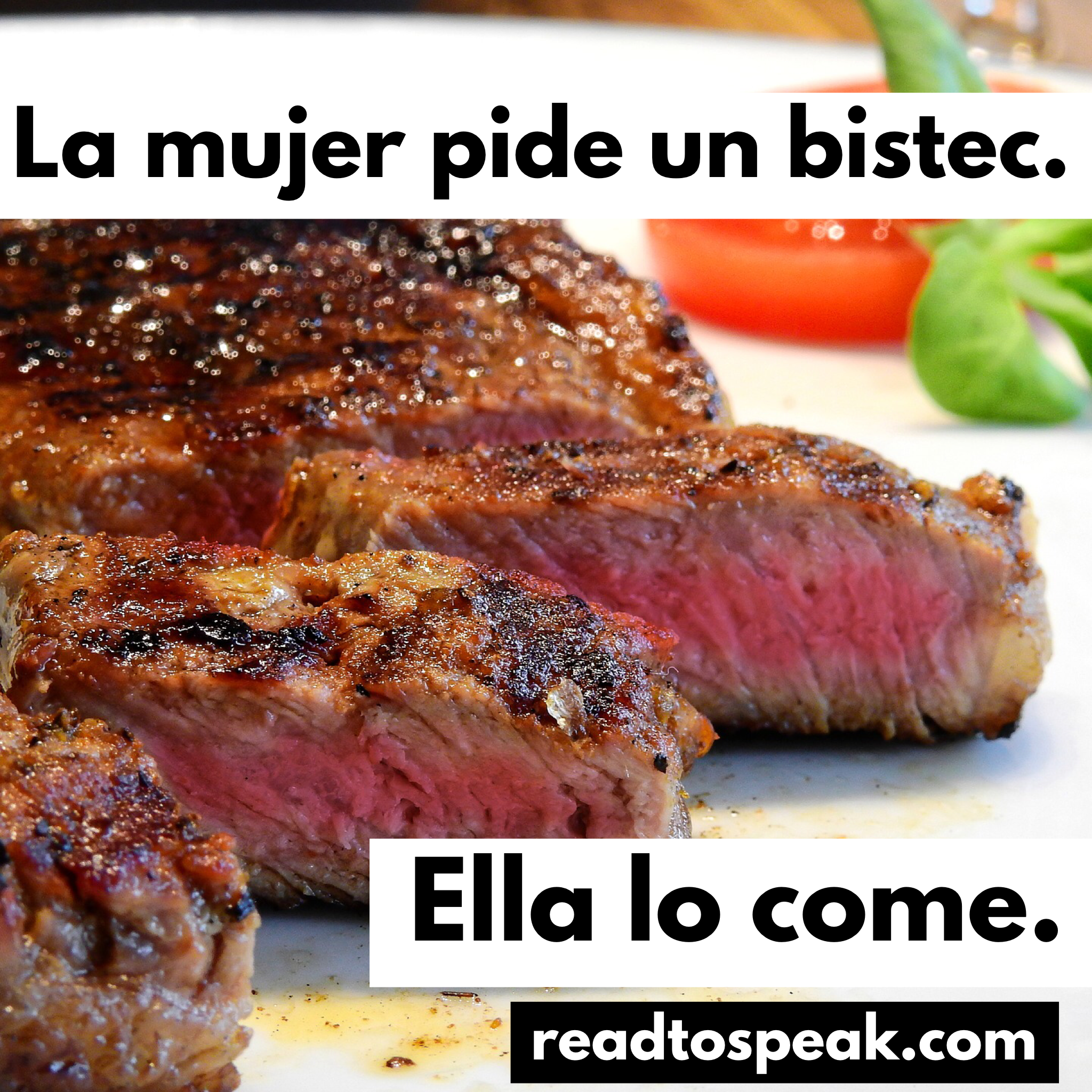
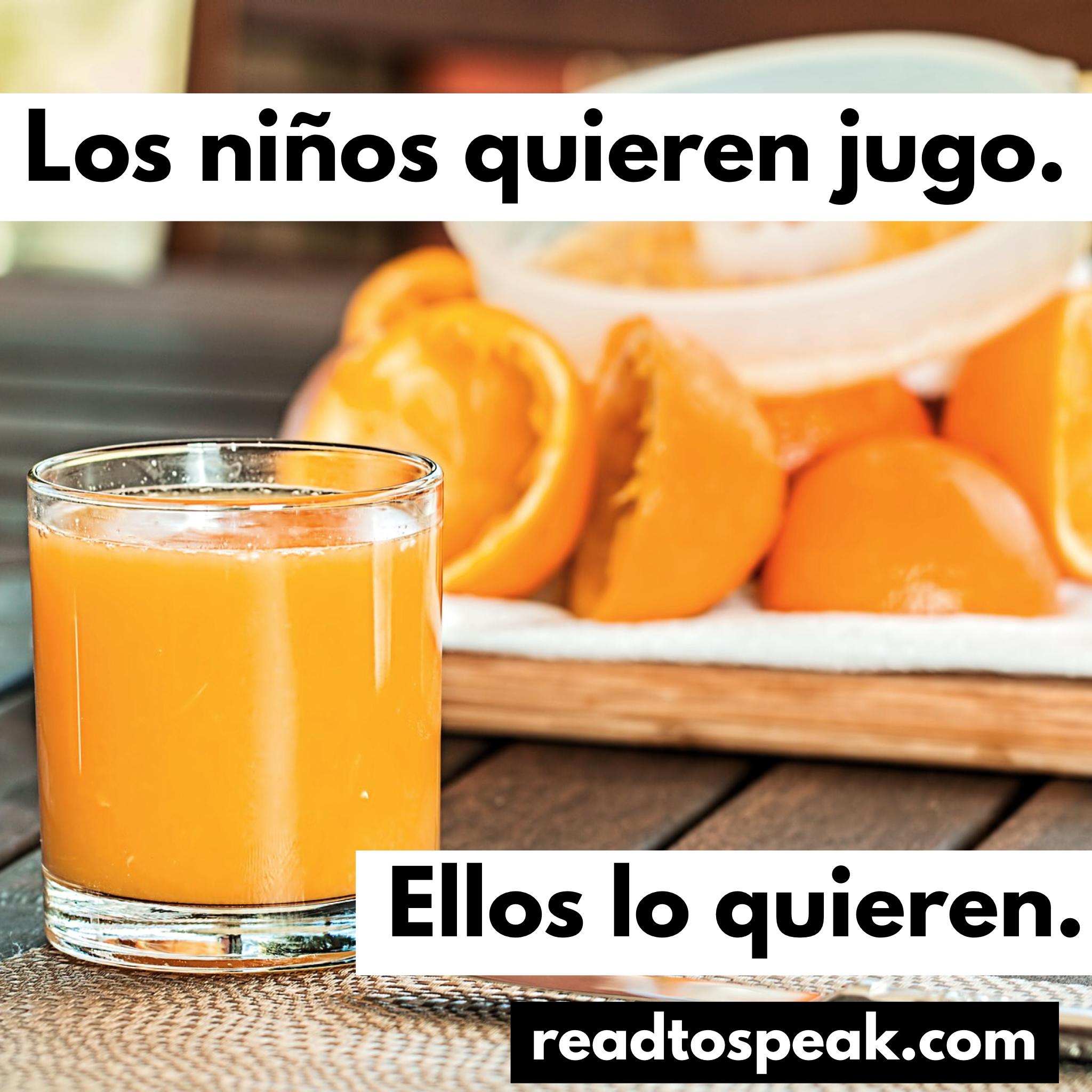
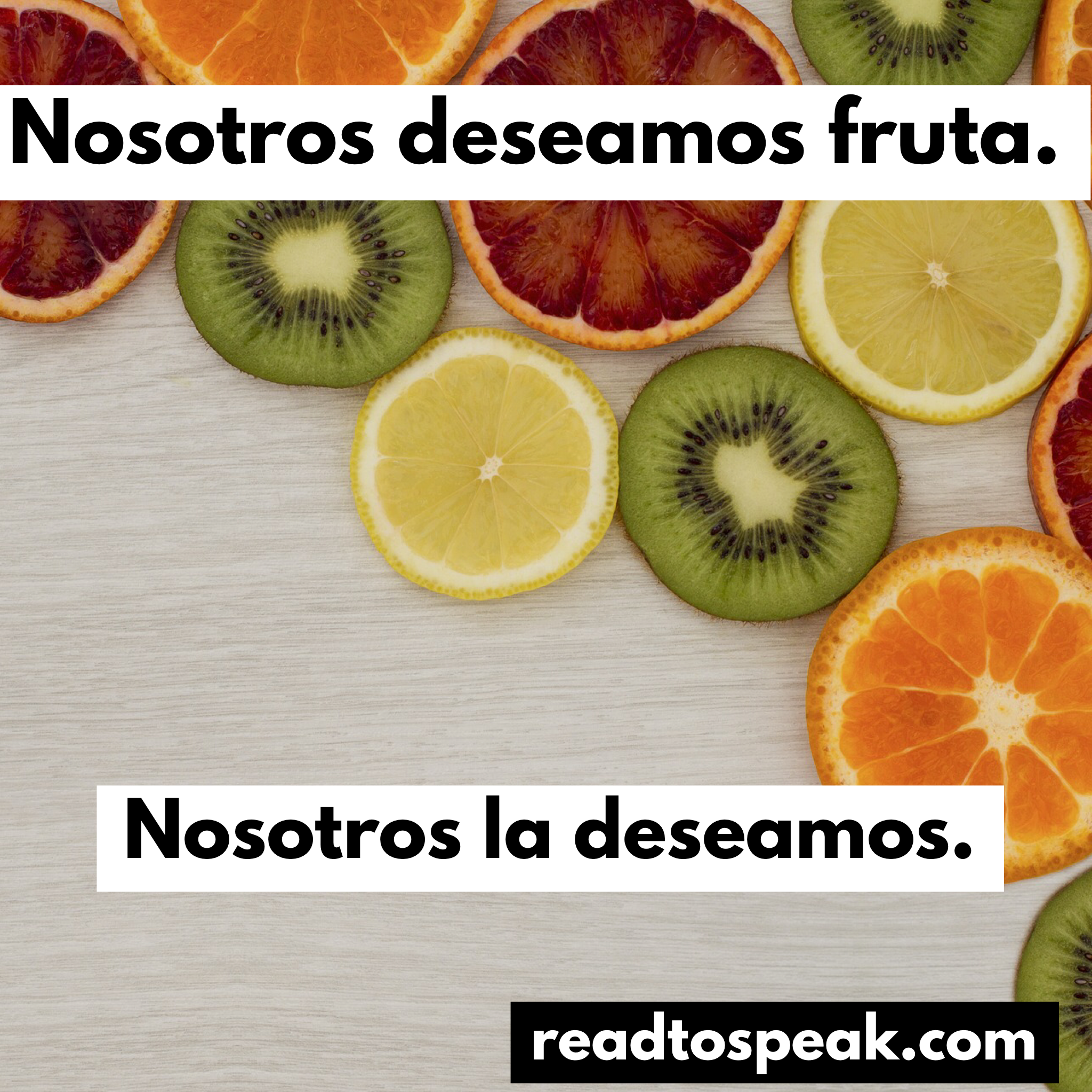
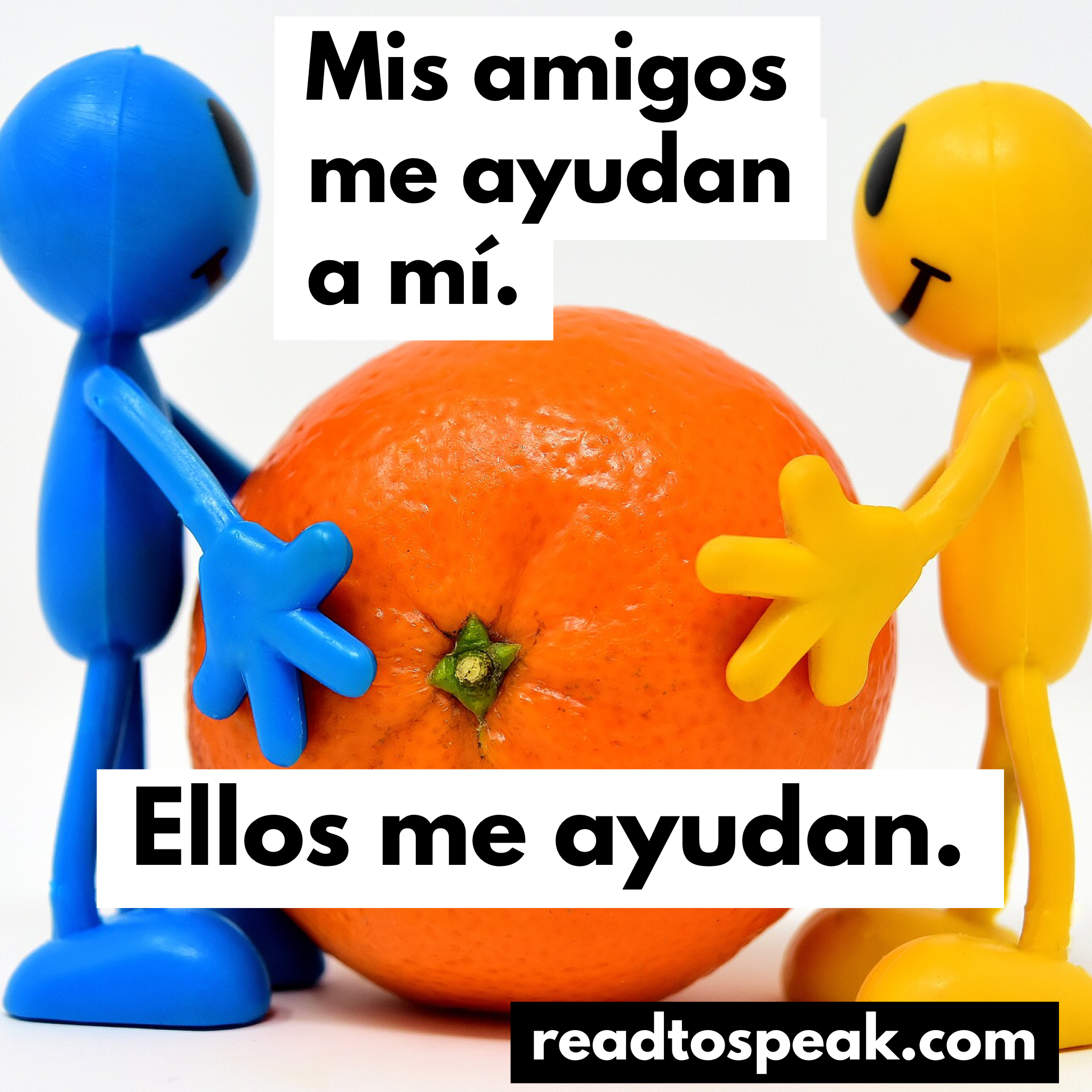
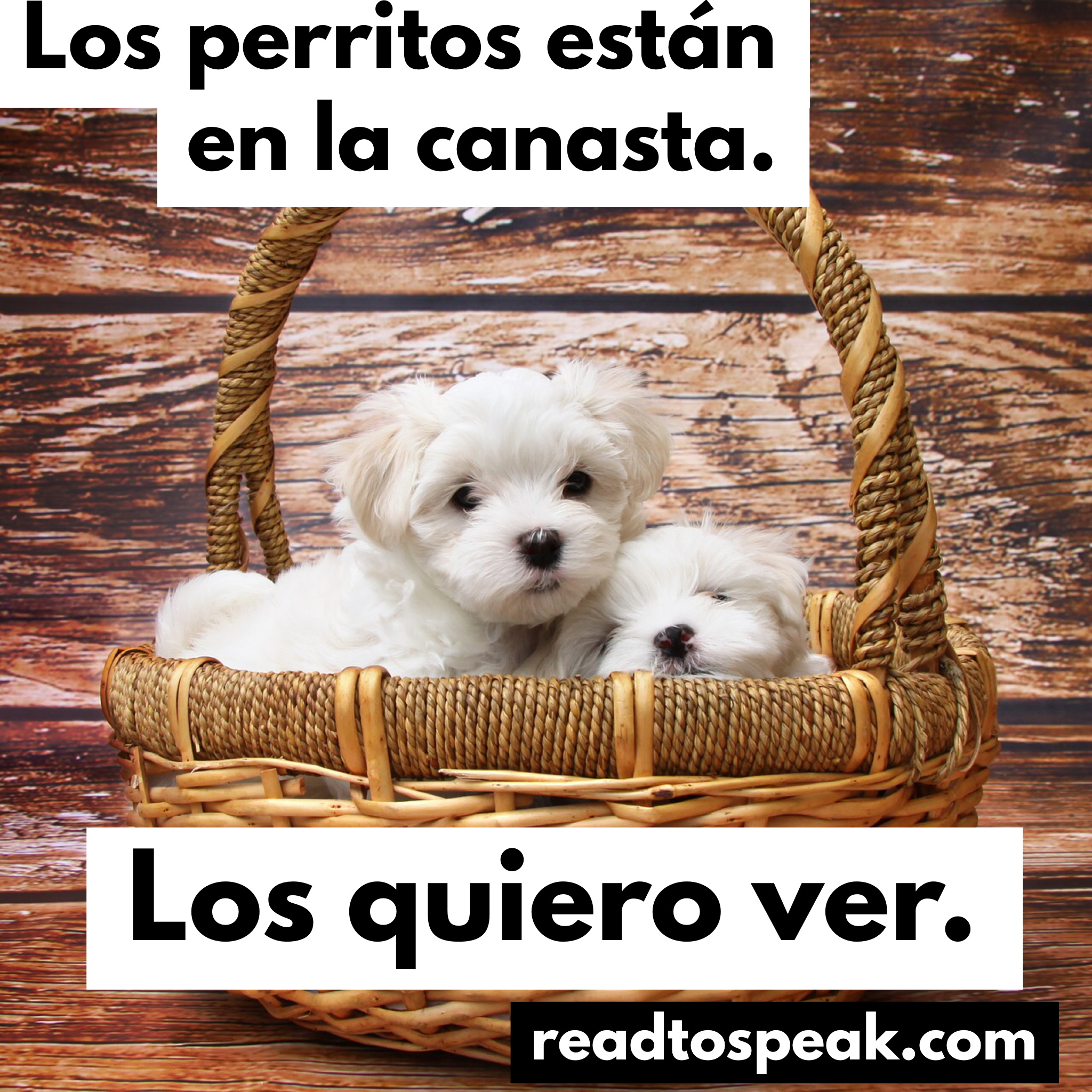
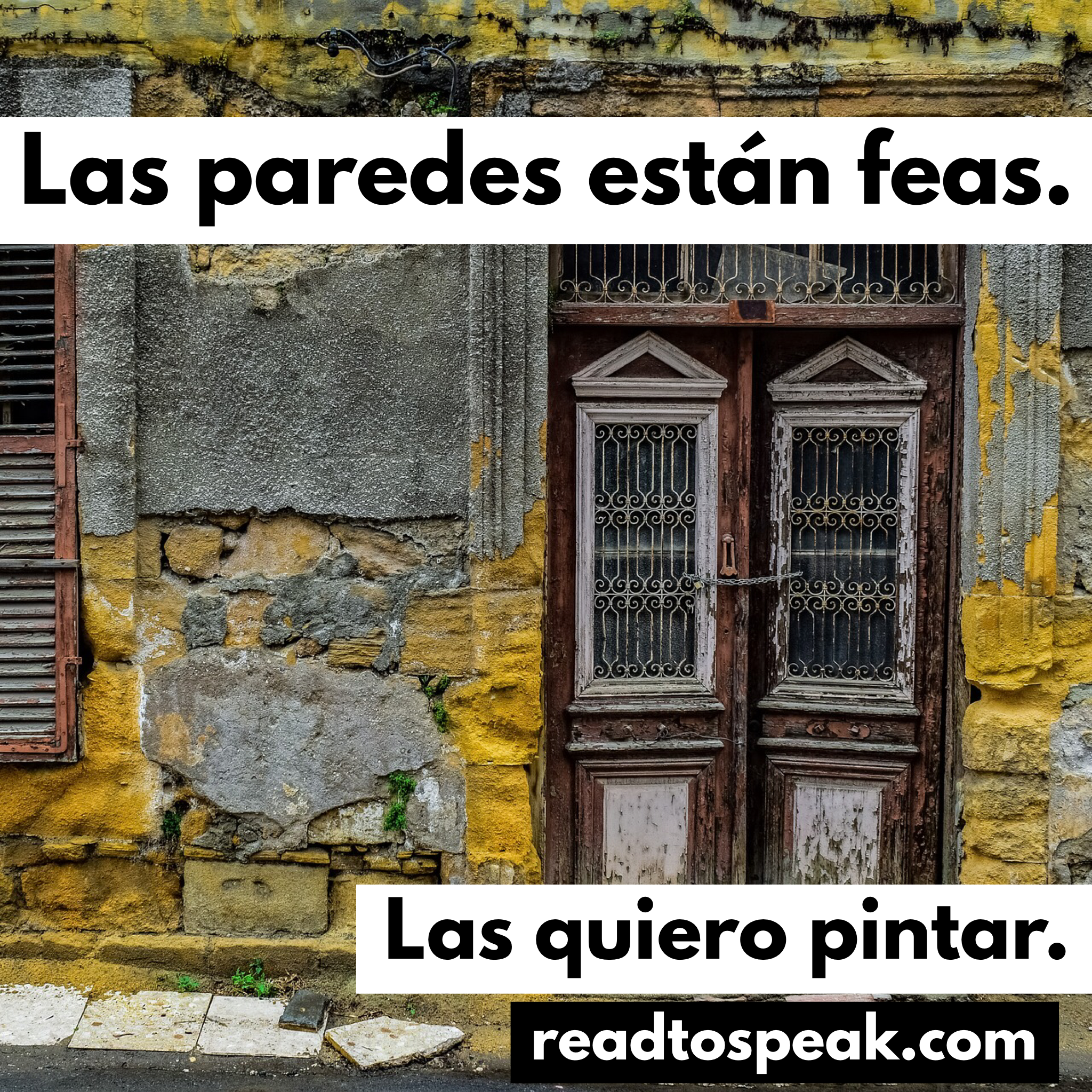
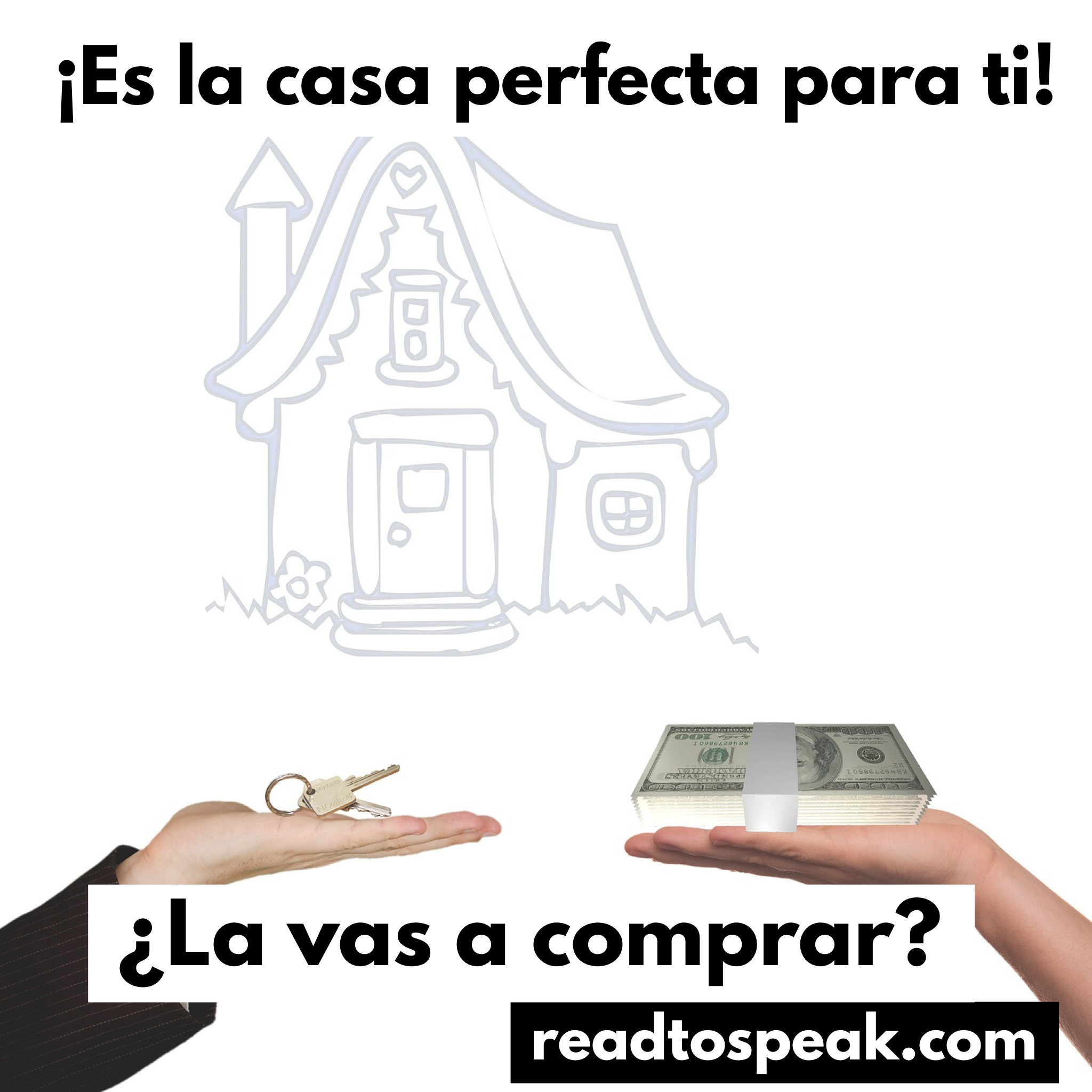

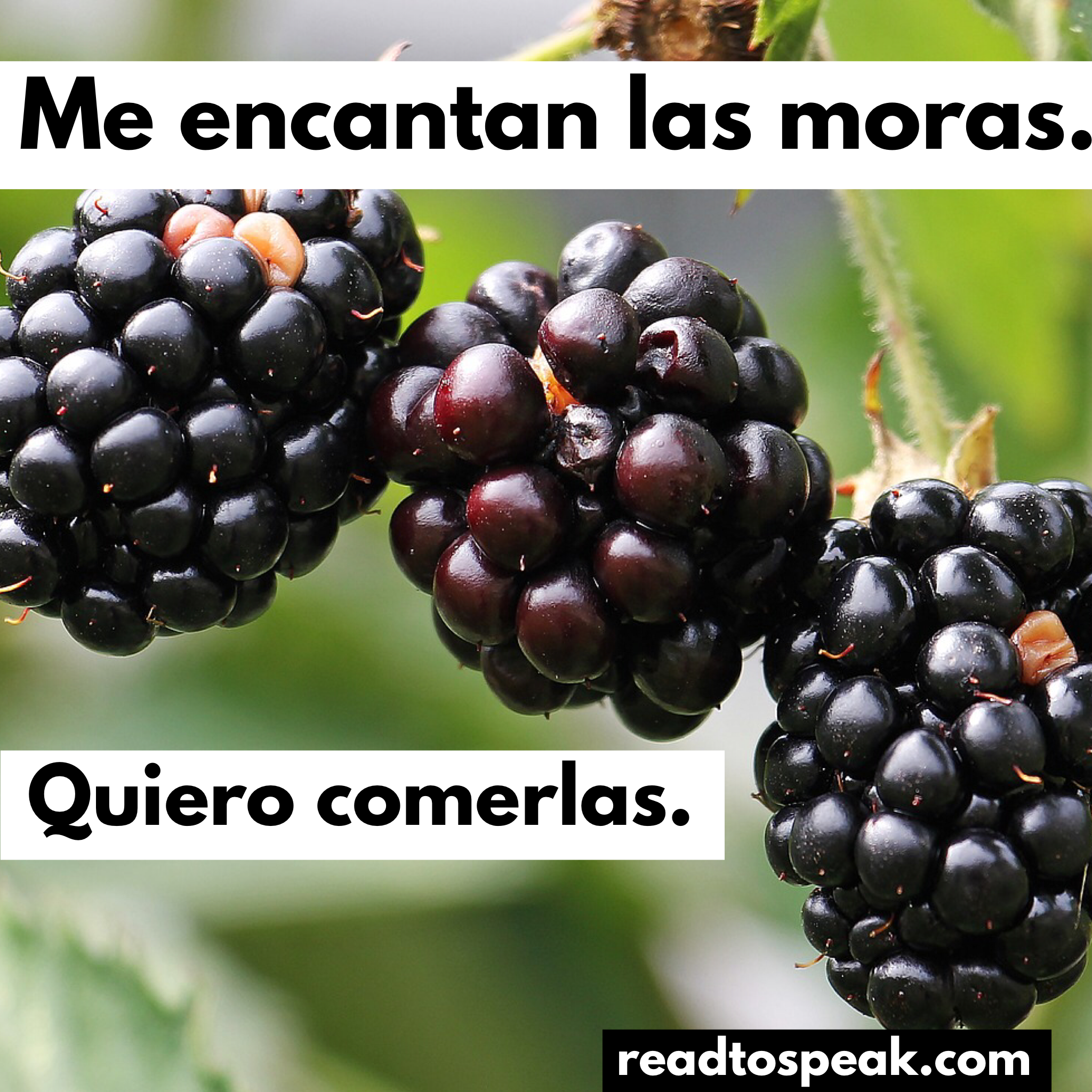
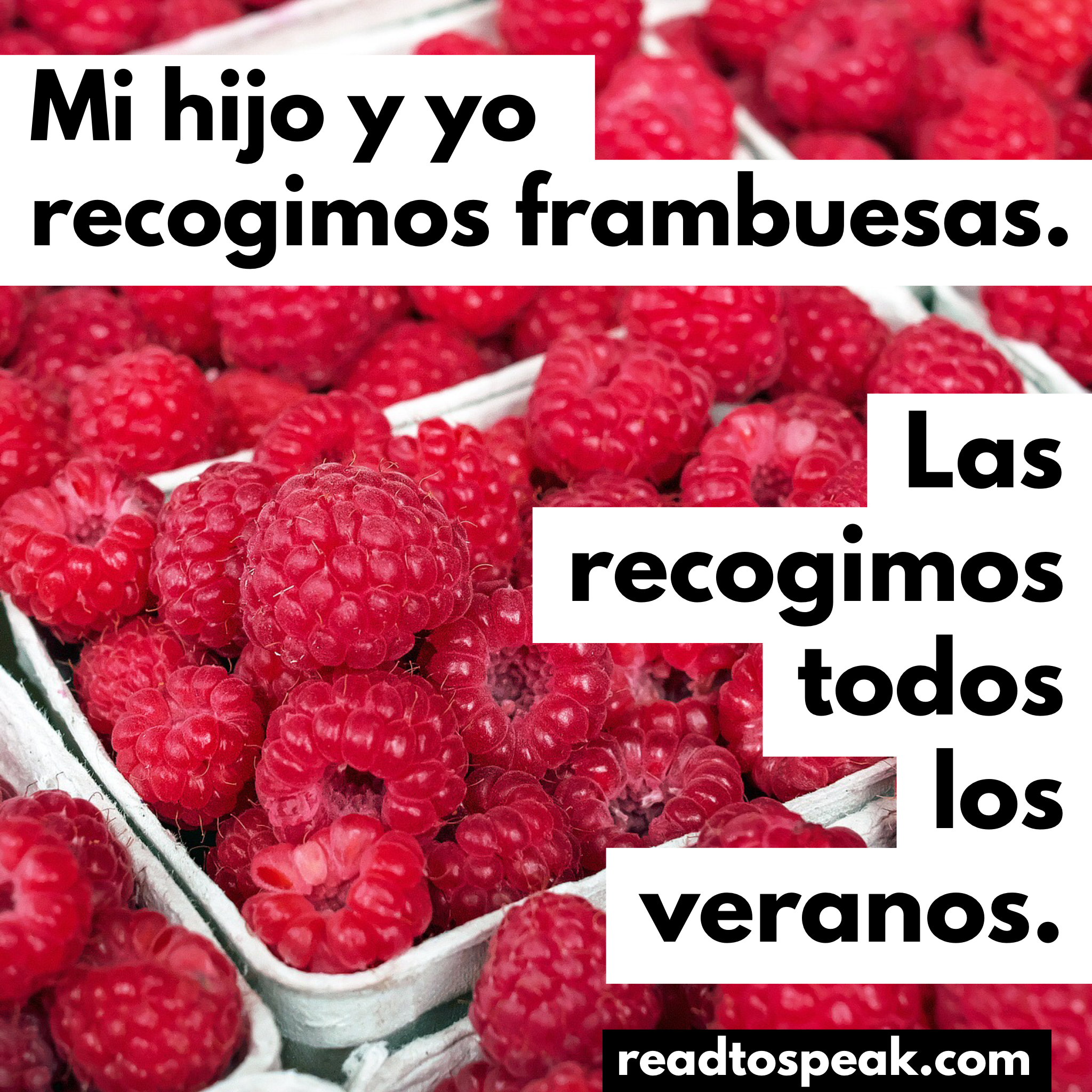
Saber & Conocer
|
saber - to know facts, to know how to do something |
||
|
yo |
sé |
I know |
|
tú |
sabes |
you know |
| usted |
sabe |
you know |
|
él/ella |
sabe |
he/she knows |
|
nosotros/nosotras |
sabemos |
we know |
|
ellos/ellas |
saben |
they know |
|
ustedes |
saben |
you guys know |
|
(vosotros/vosotras) |
(sabéis) |
(you guys know) |
ejemplos:
Yo sé que soy guapo.
Yo sé bailar tango.
Tú sabes que yo tengo miedo de Chuck Norris.
Tú sabes tocar el piano.
Él sabe la verdad.
Ella sabe usar el programa Photoshop.
Usted sabe pedir la comida en español.
Nosotros sabemos que dos y dos son cuatro.
Nosotras sabemos quién mató al comendador.
Ellos saben cuál es el ingrediente secreto.
Ellas saben negociar el mejor precio.
Ustedes saben cocinar galletas.
|
saber - to know (facts, how to do something) |
||
|
yo |
conozco |
I know |
|
tú |
conoces |
you know |
| usted |
conoce |
you know |
|
él/ella |
conoce |
he/she knows |
|
nosotros/nosotras |
conocemos |
we know |
|
ellos/ellas |
conocen |
they know |
|
ustedes |
conocen |
you guys know |
|
(vosotros/vosotras) |
(conocéis) |
(you guys know) |
ejemplos:
Yo conozco al profesor Rodríguez.
¿Conoces el restaurante El Rinconcito en Auburn?
Él conoce a los papás de su novia.
Ella conoce El Escorial en España.
¿Usted conoce a Eduardo?
Nosotros conocemos a muchas celebridades personalmente.
Nosotras conocemos el teatro de Auburn.
Ellos conocen a los clientes que frecuentan el café.
Ellas conocen Quito, Ecuador.
¿Ustedes conocen al chef Gordon Ramsay?
Spanish Weather Expressions
Click or tap the photo below to see more weather expressions.
Bonus: Body Parts in Spanish
Click or tap on the photo below for a new body part (SFW).
Where to go from here?
If you've made it this far, and assuming you read and mentally processed all the example sentences, you are more than ready to take the next step: reading and listening to Spanish stories. I always encourage my students to do as much reading as possible, and stories are a great place to start. They are short, usually easy to follow, and interesting enough to get your mind off the grammar.
Reading level-appropriate books is another good way to go about building your fluency in a natural way.
Discover the Joy of Spanish Through Storytelling
Crafted from over a decade of innovative teaching experience, this book offers a fresh and engaging approach to acquiring Spanish. Dive into stories that are not just educational but also entertaining, humorous, and sometimes outright absurd.
